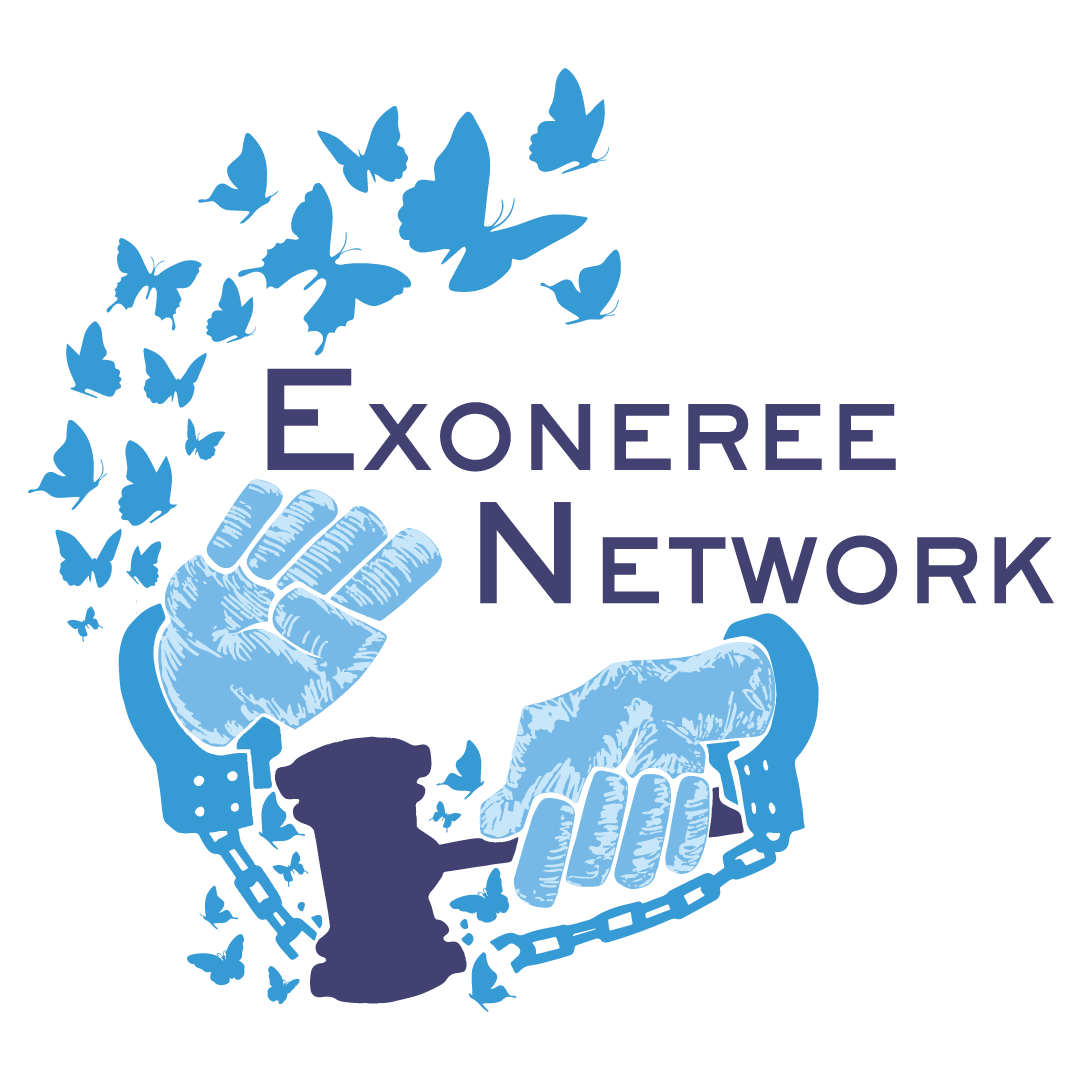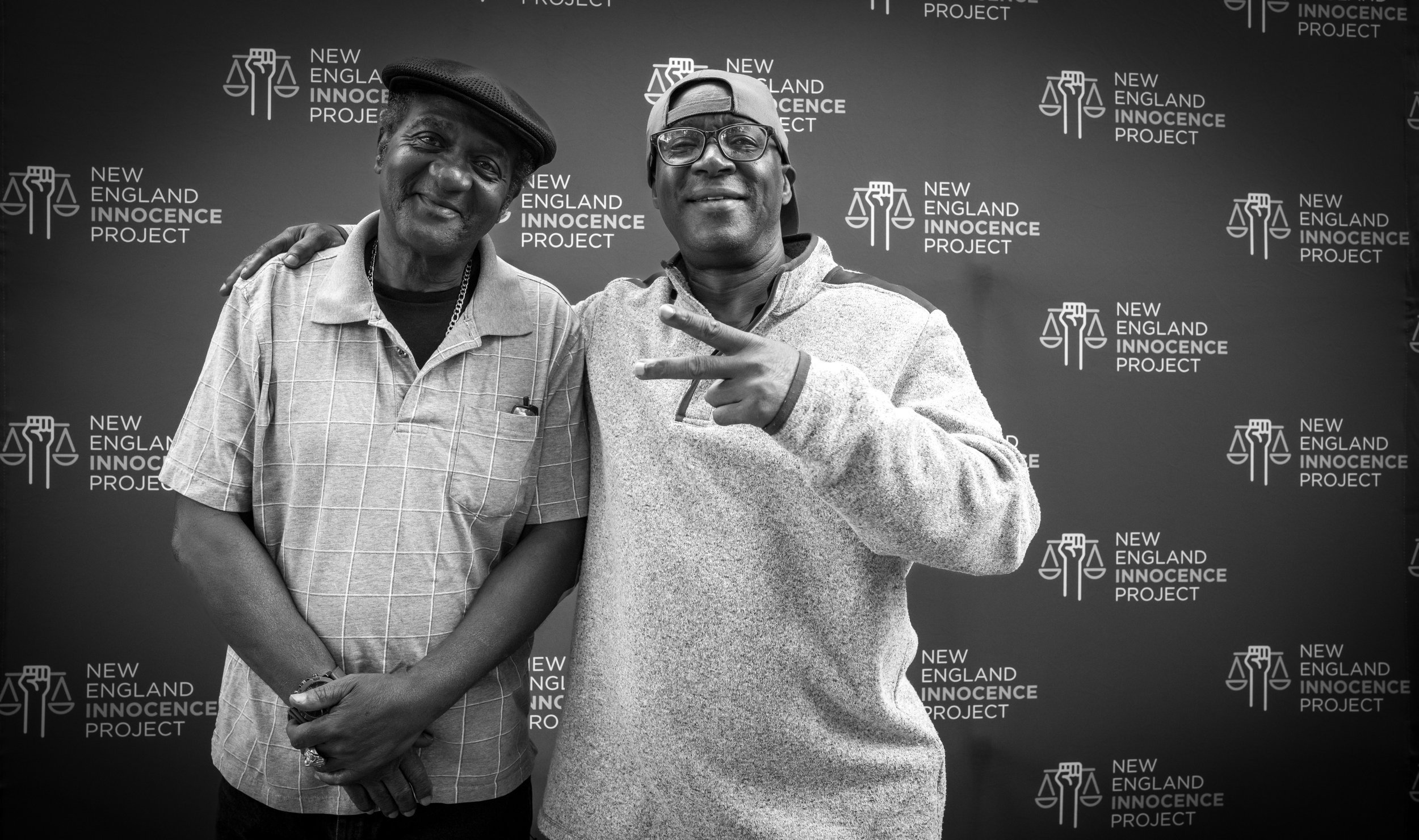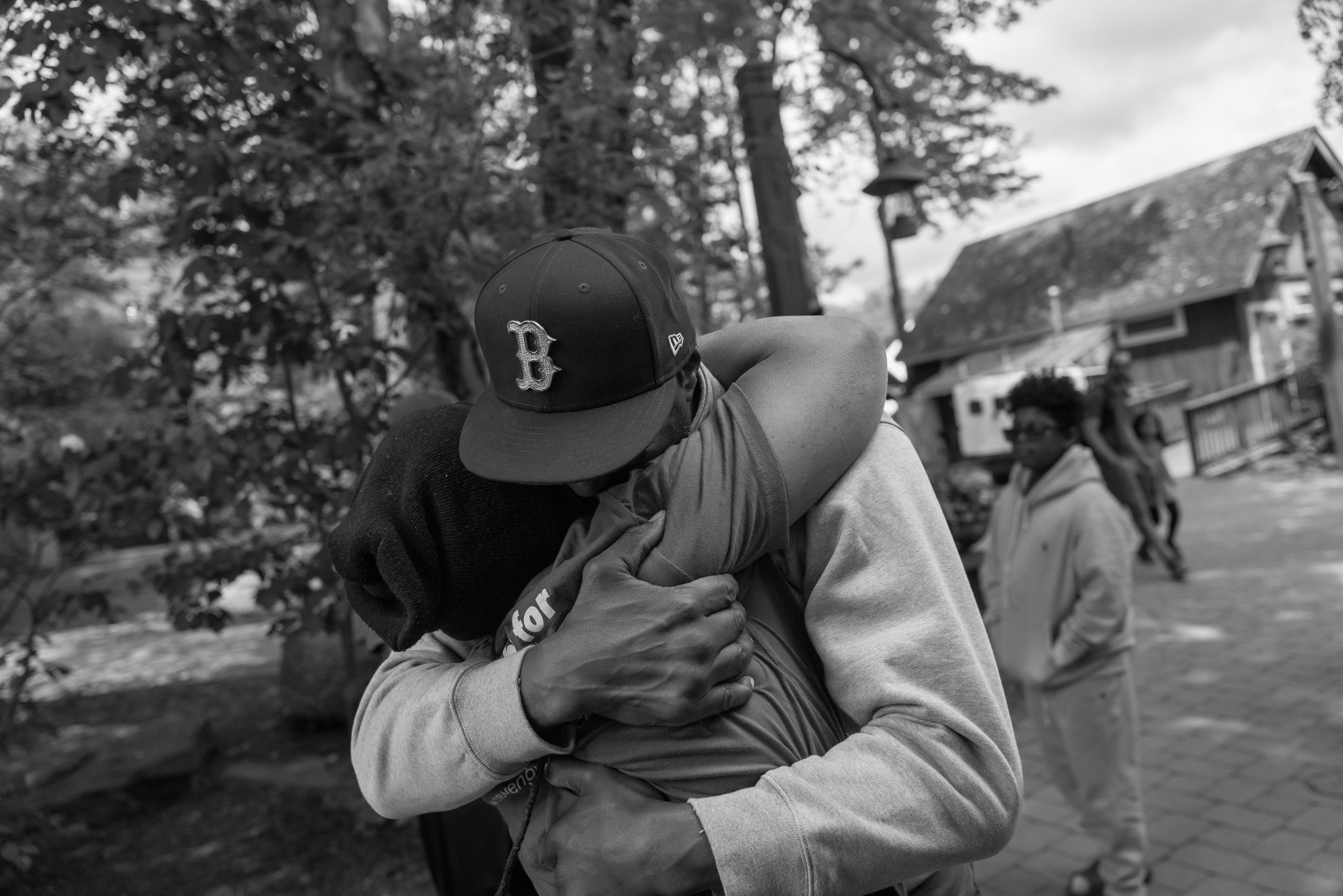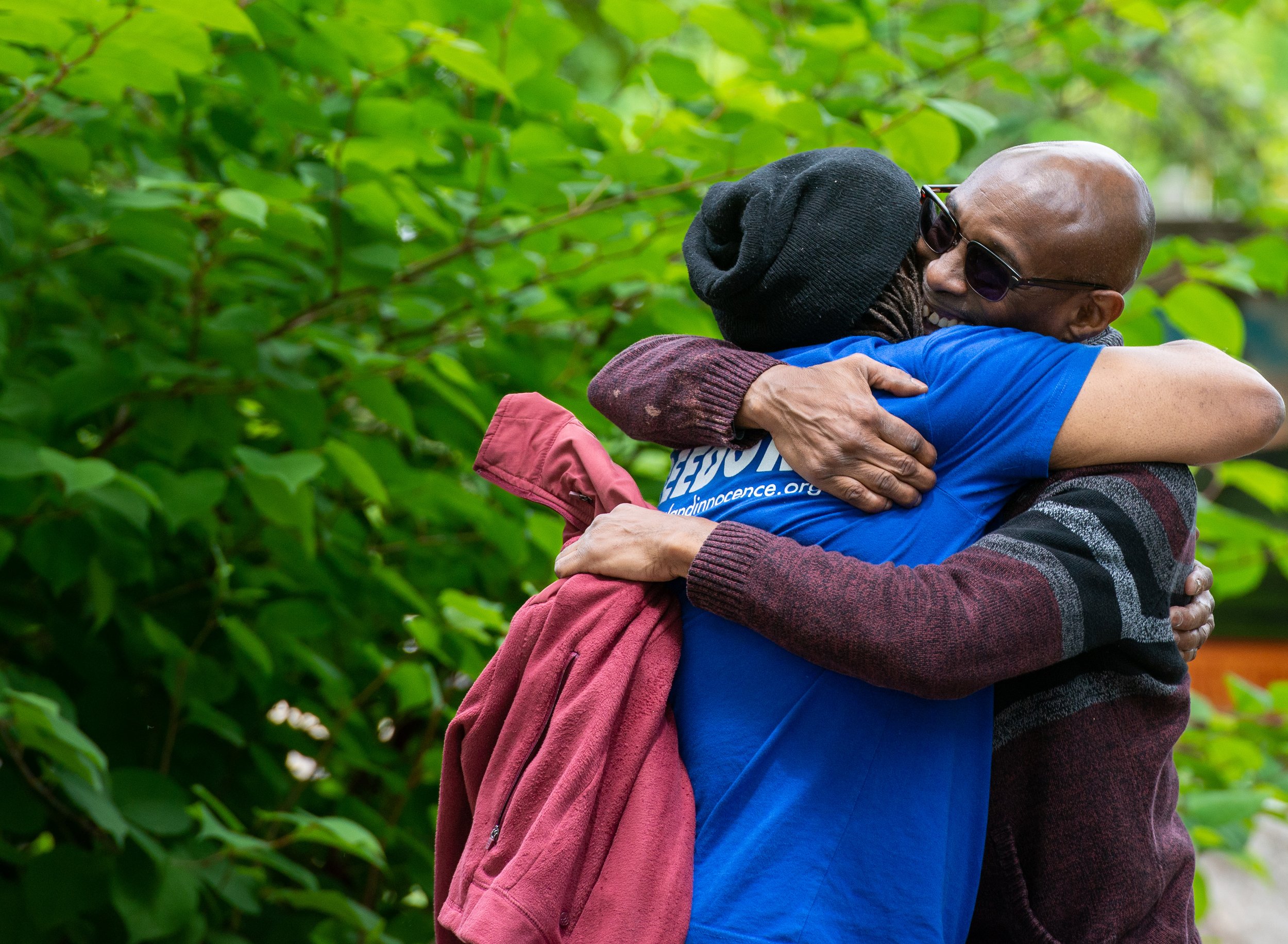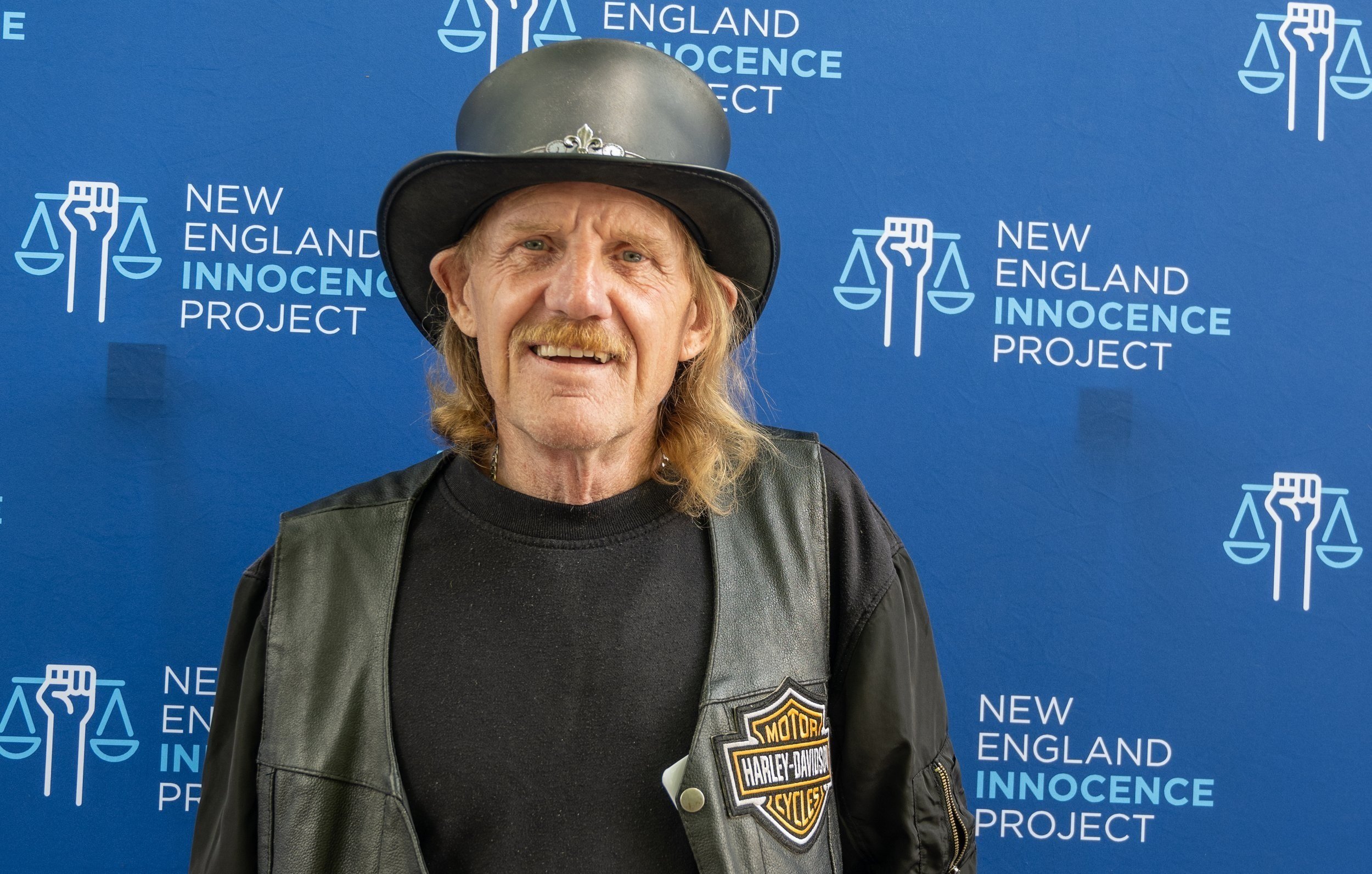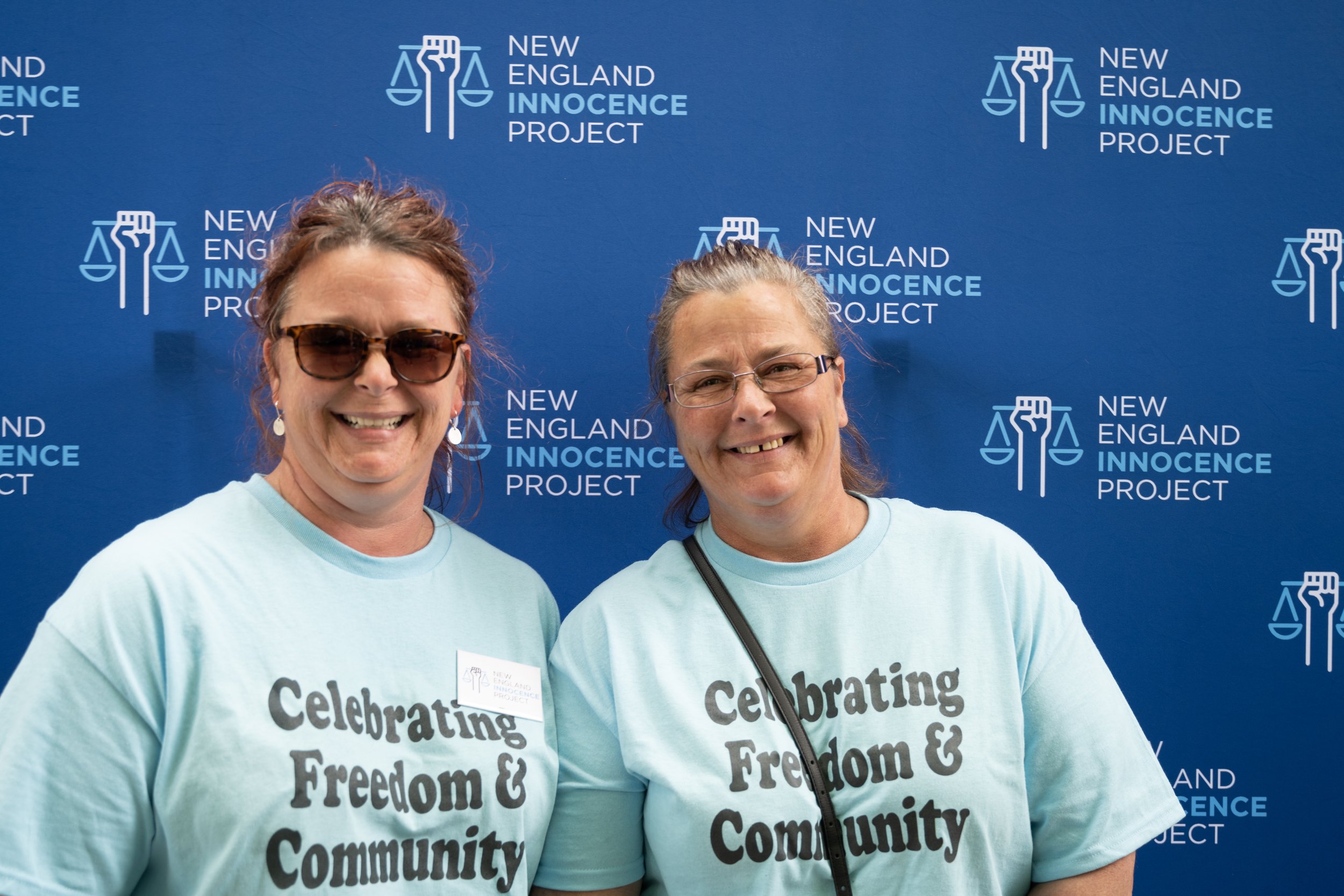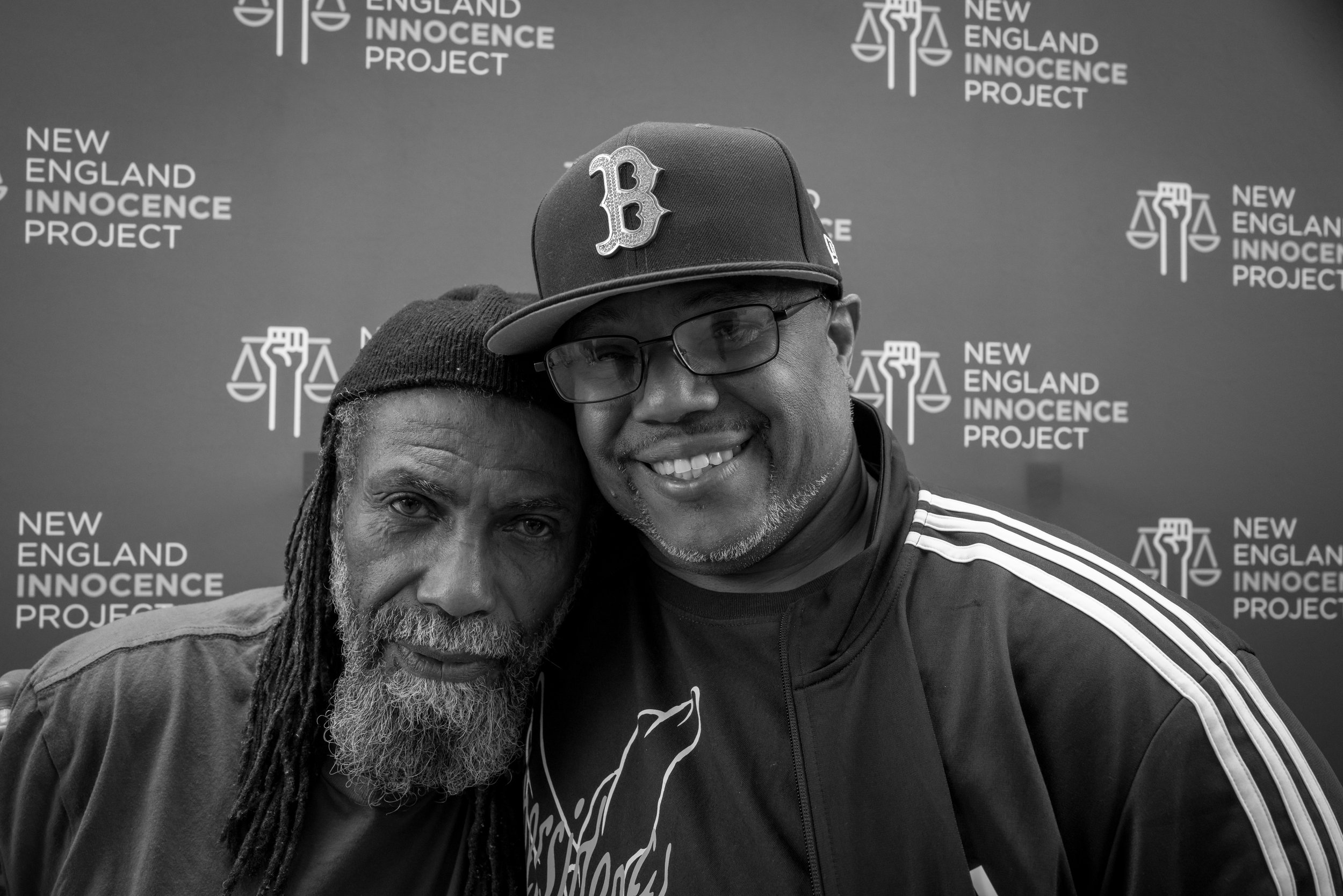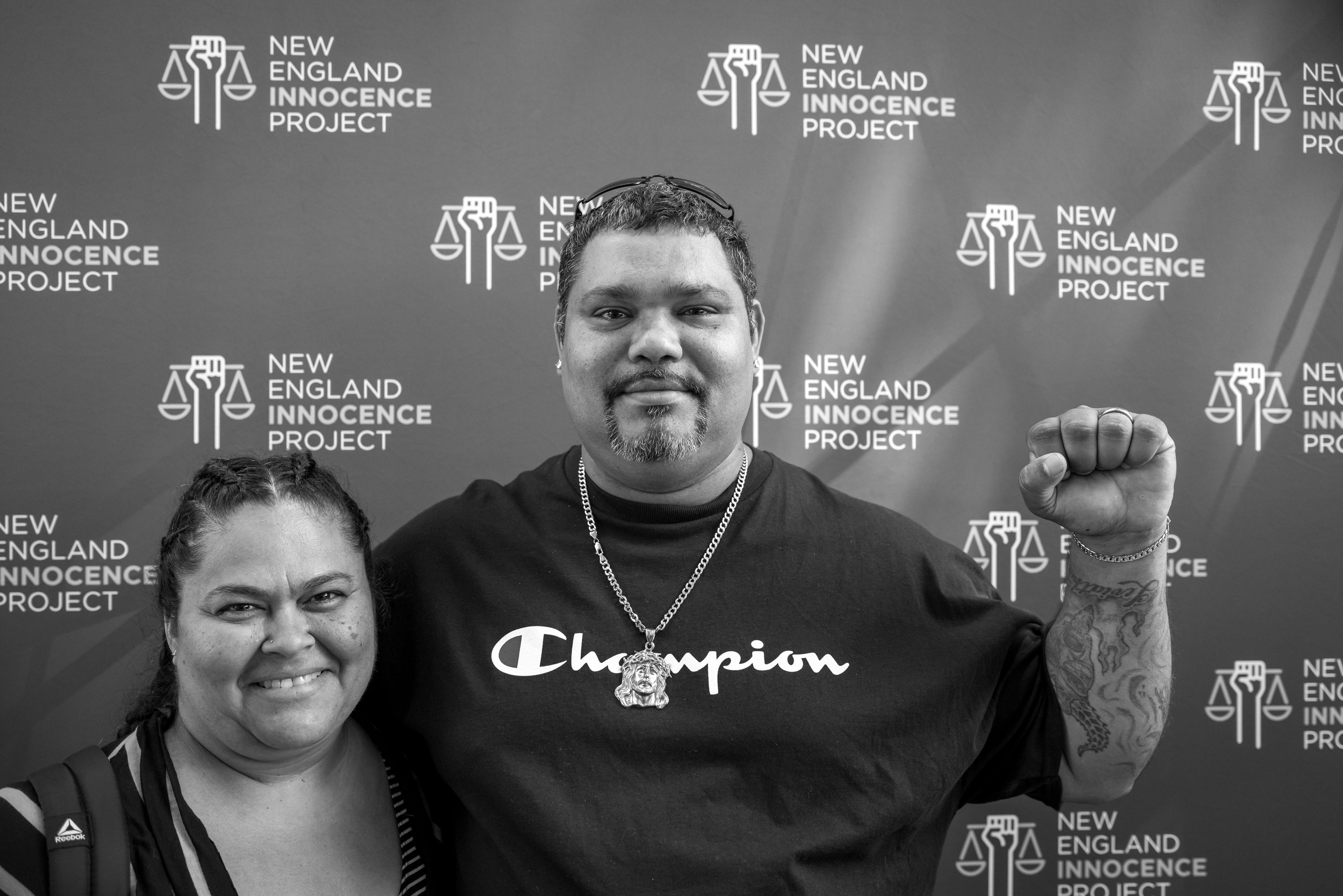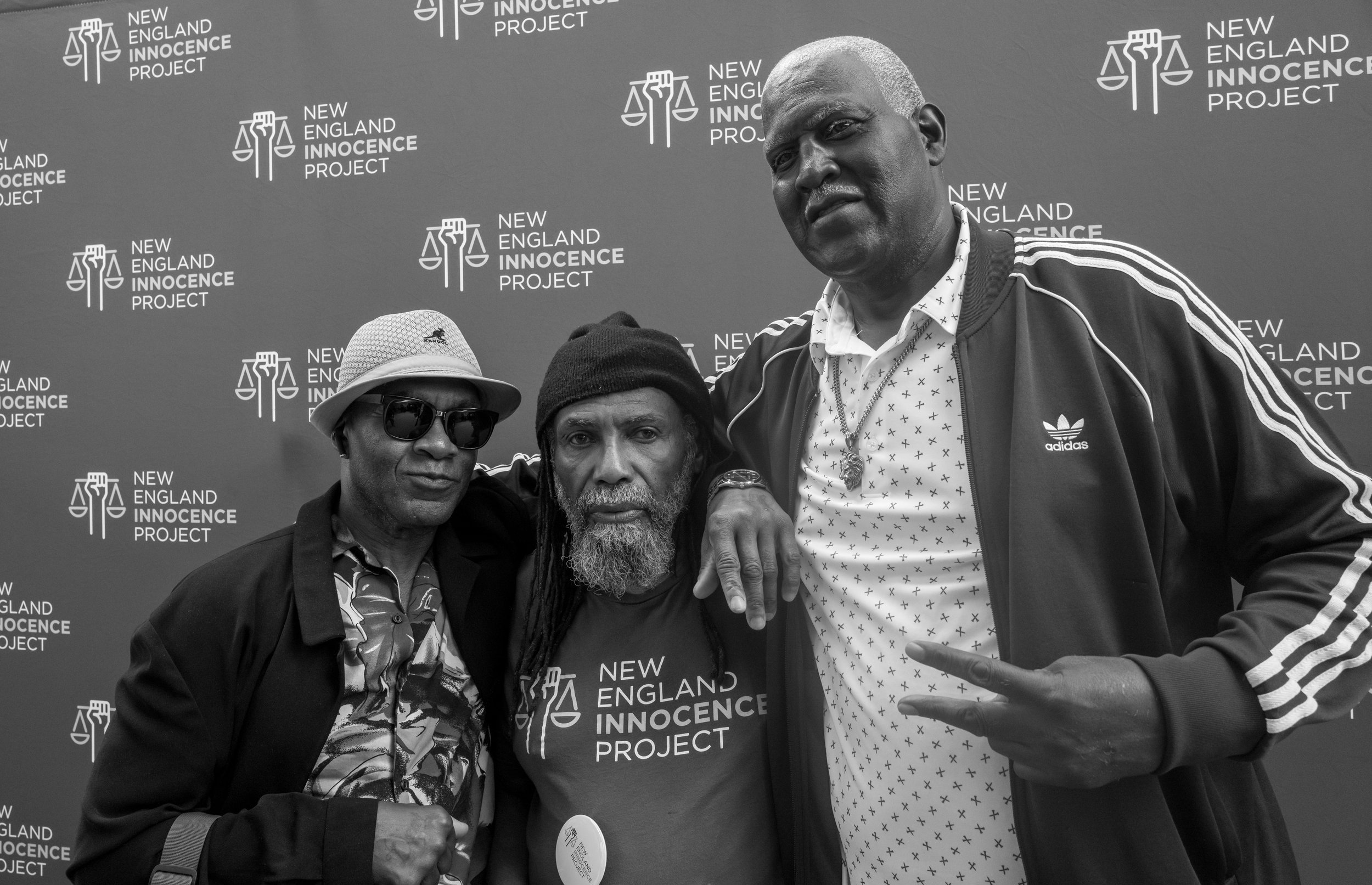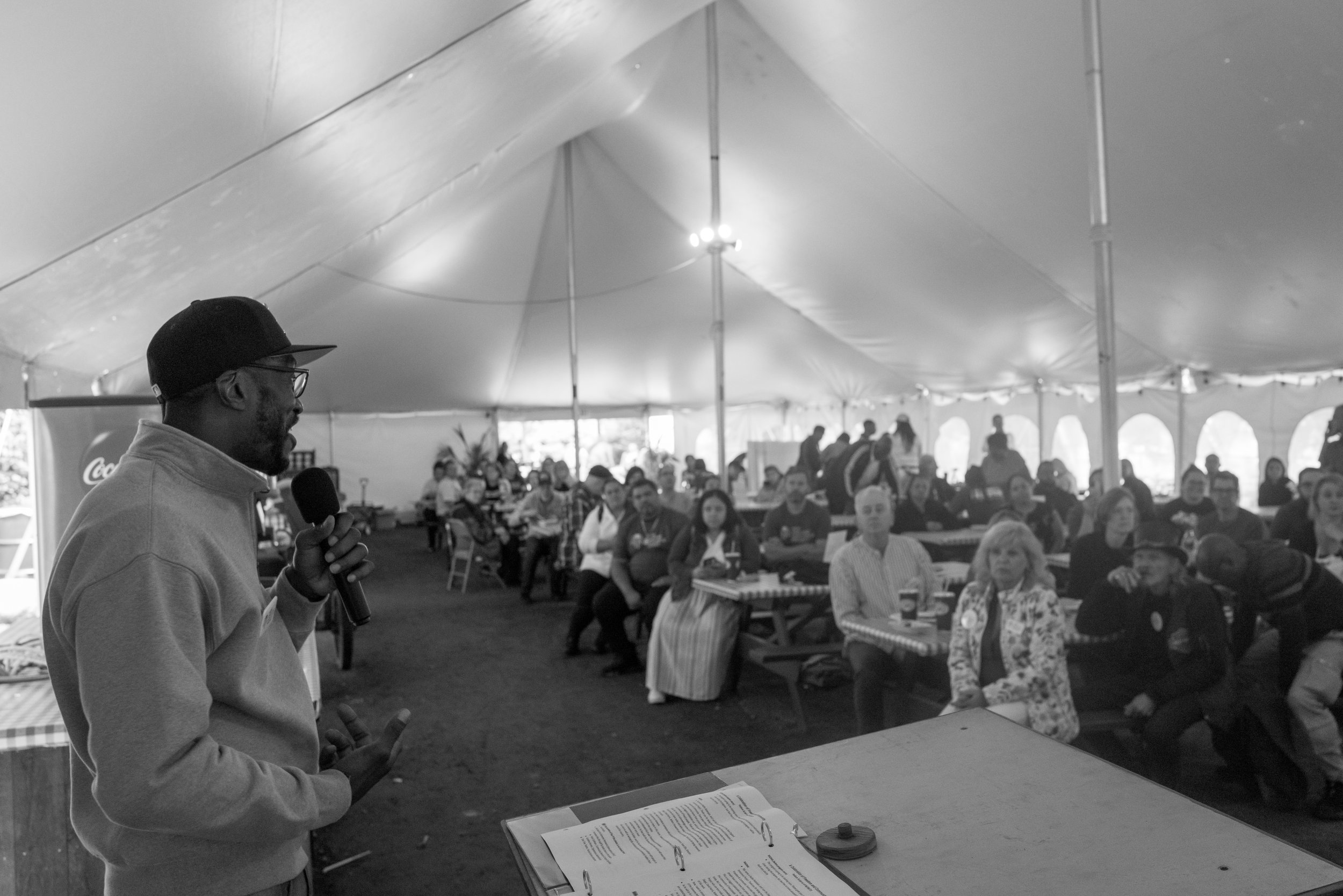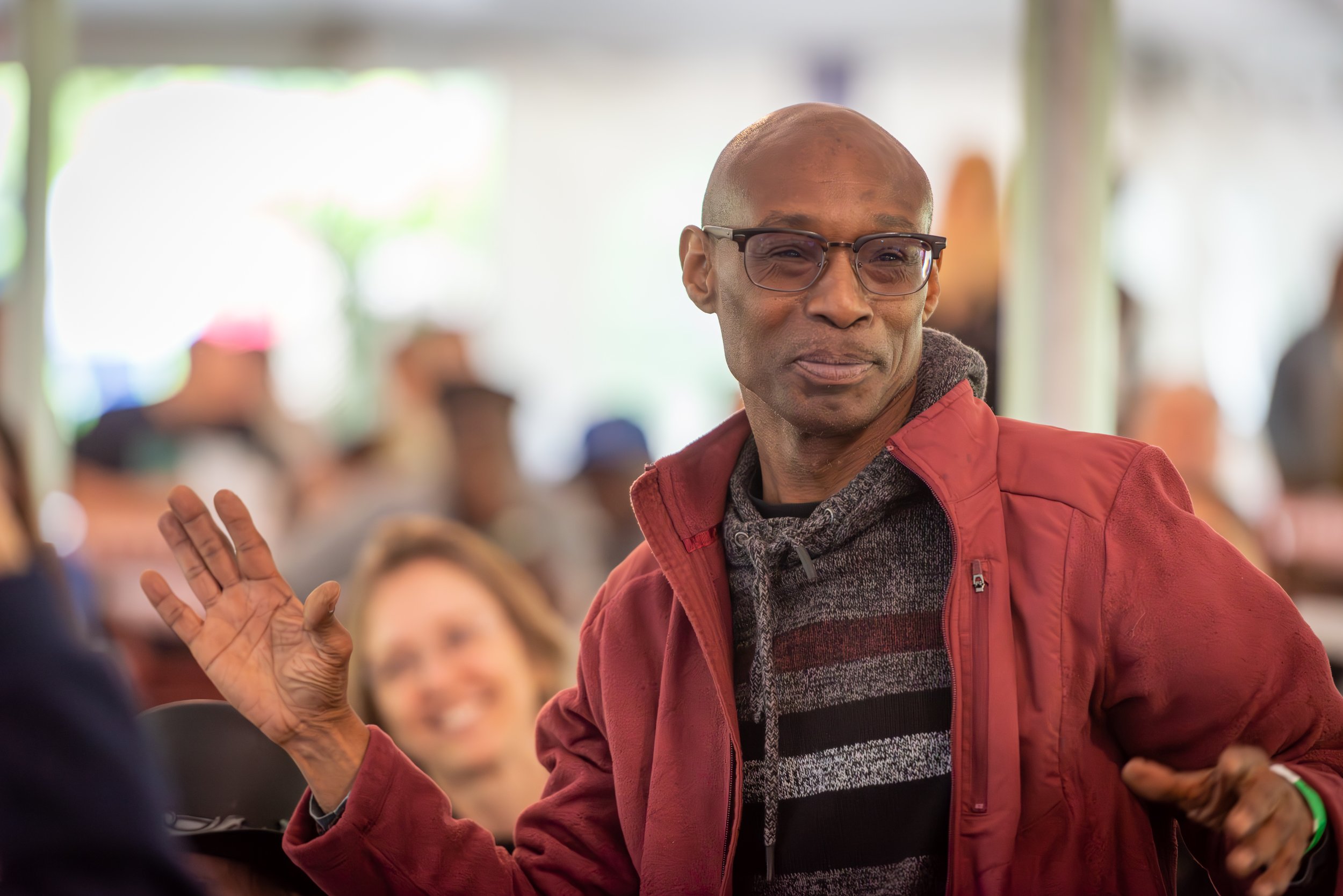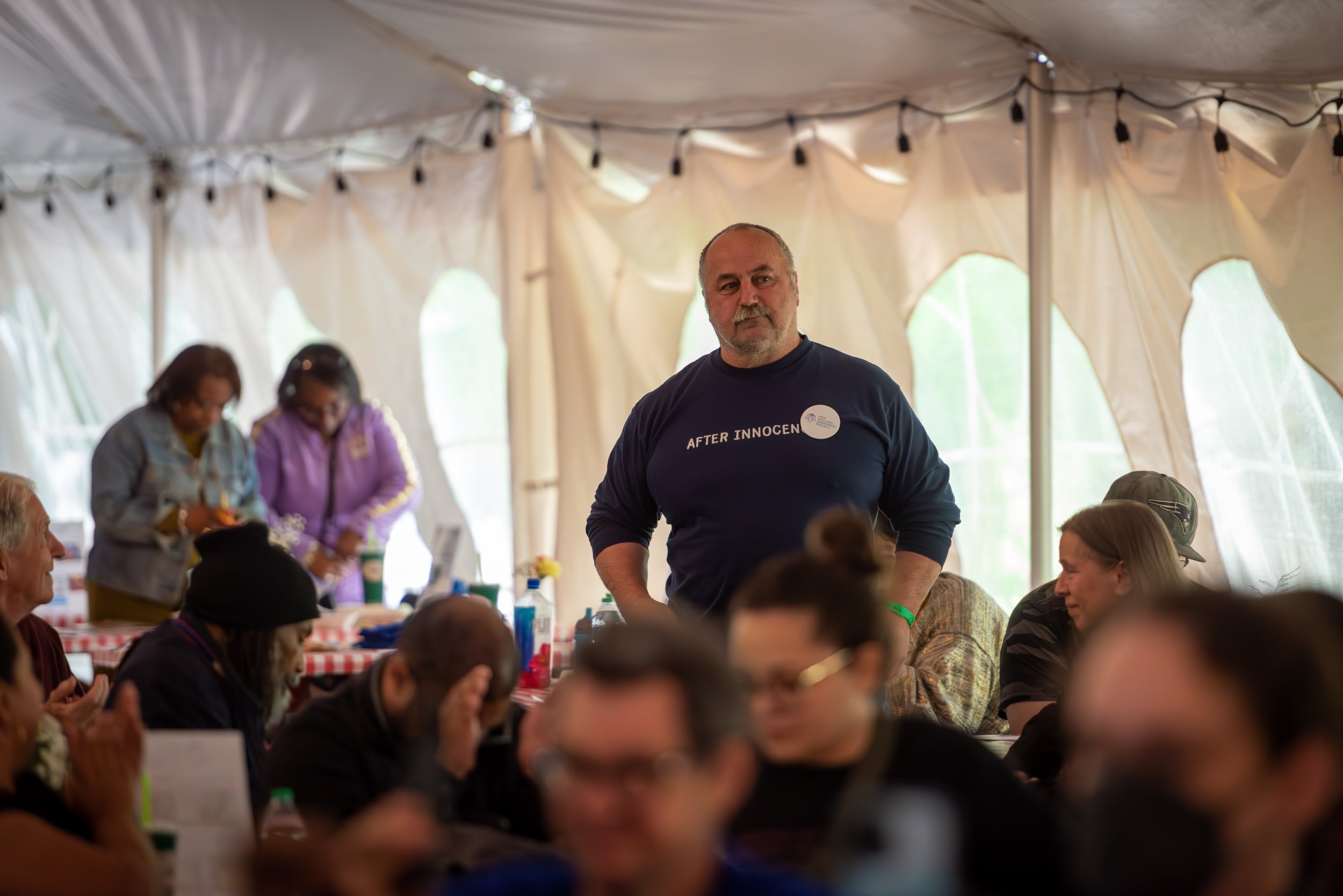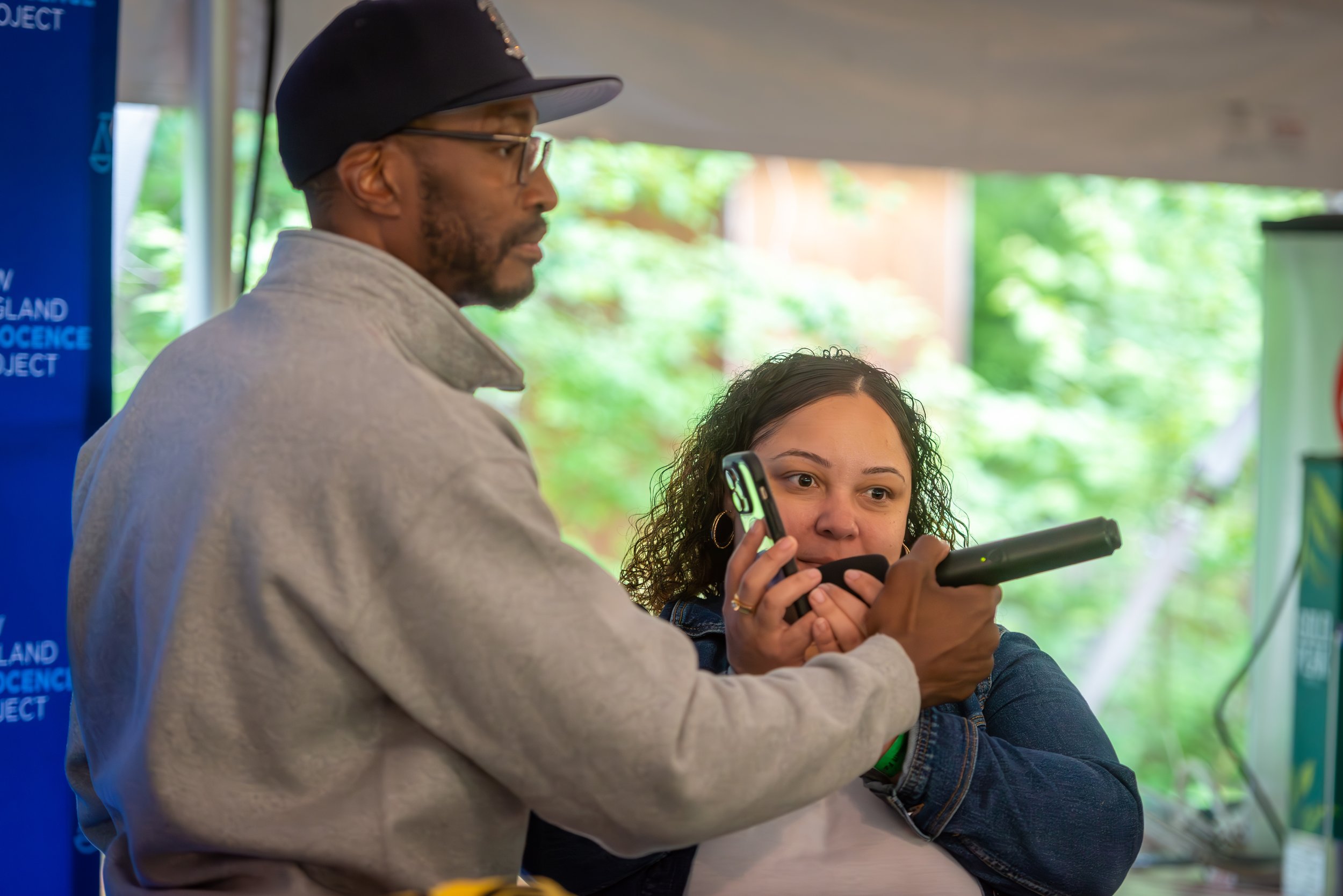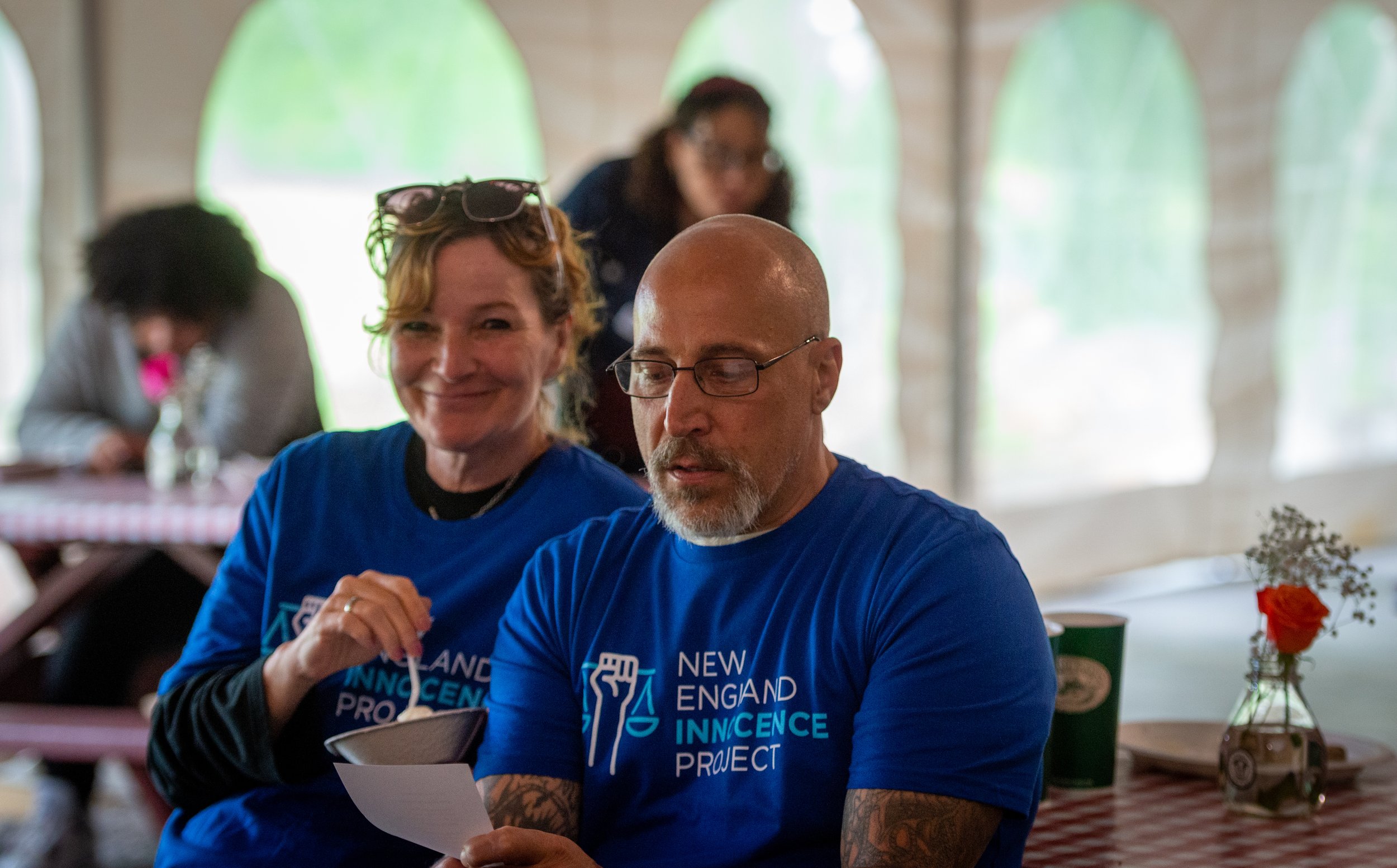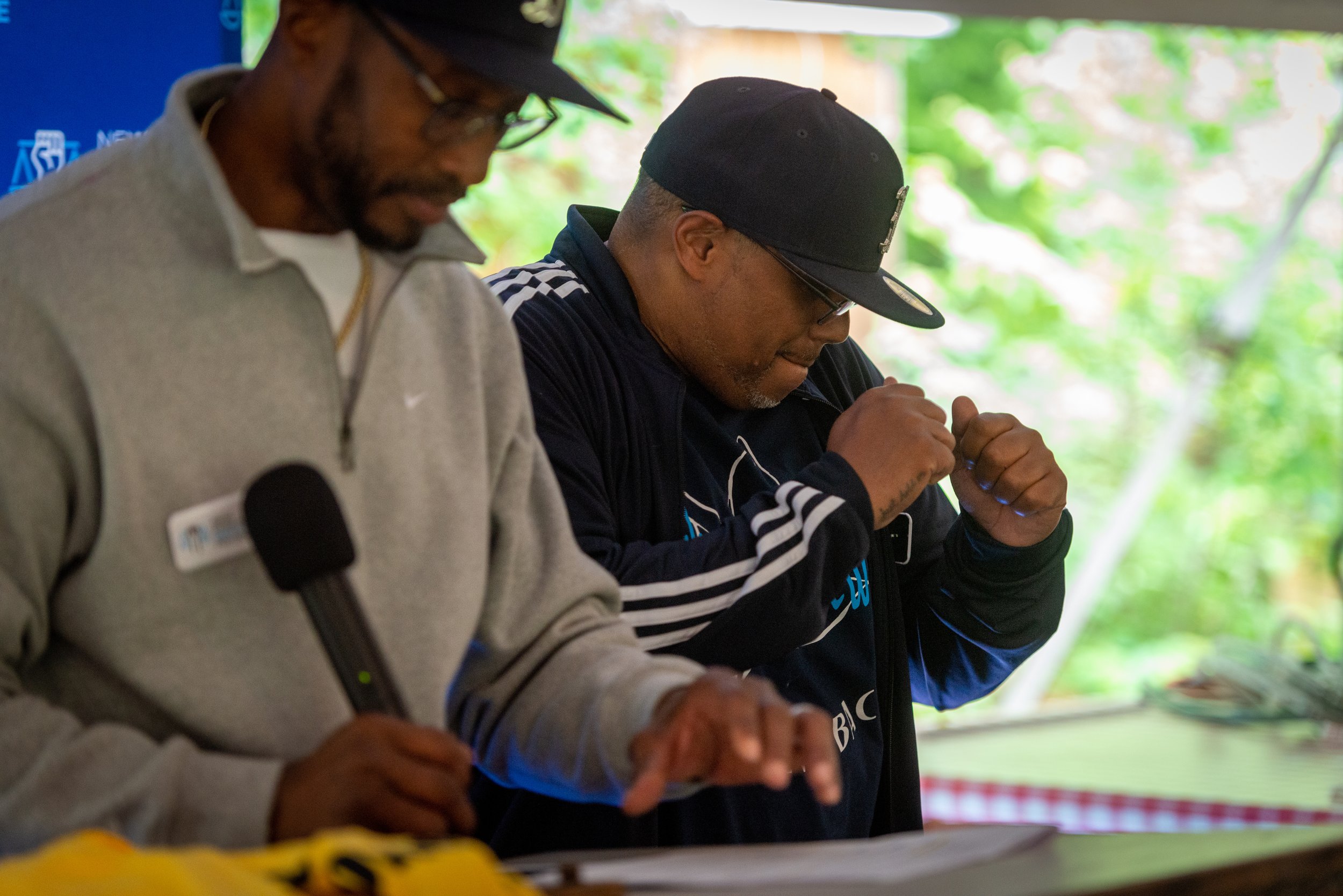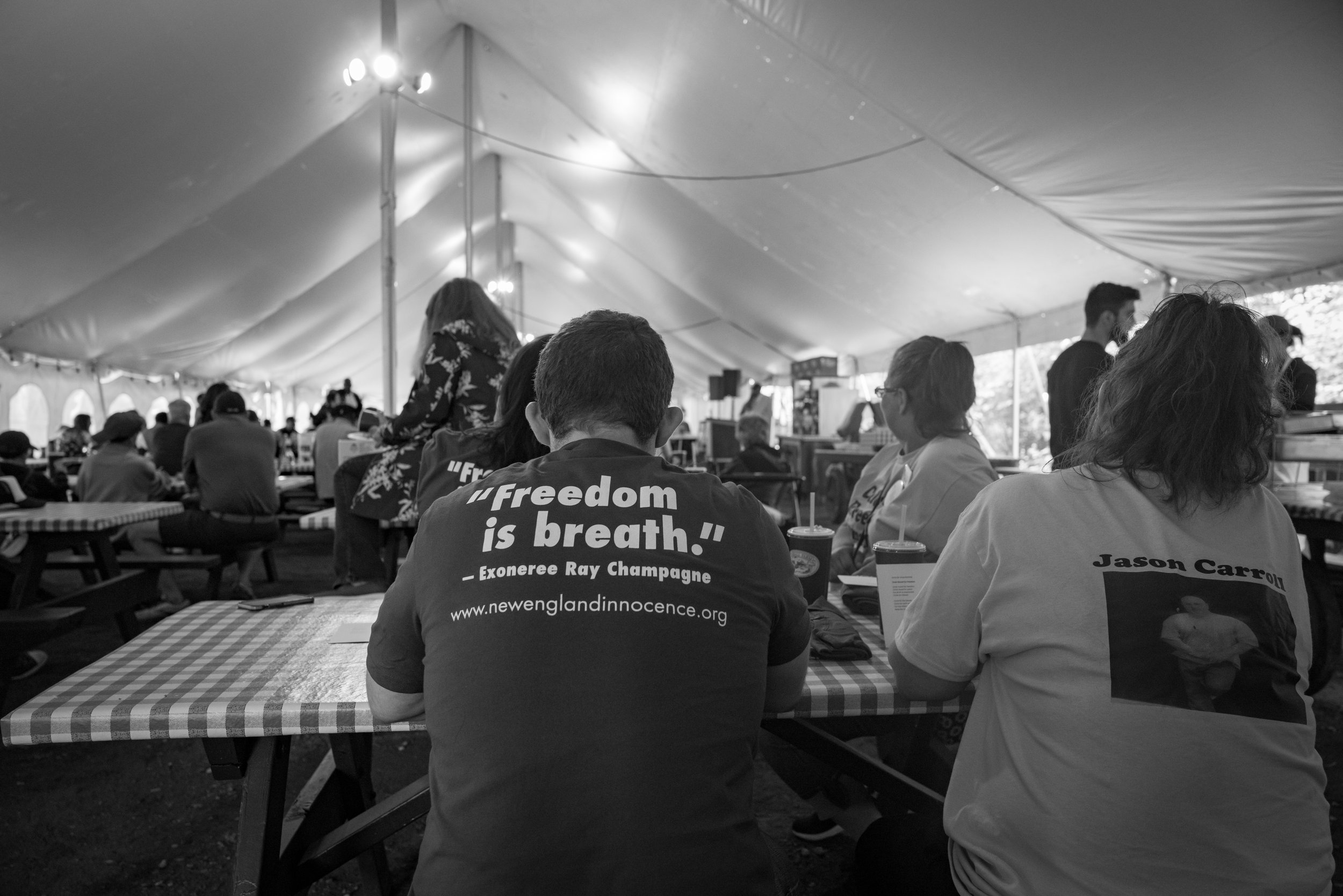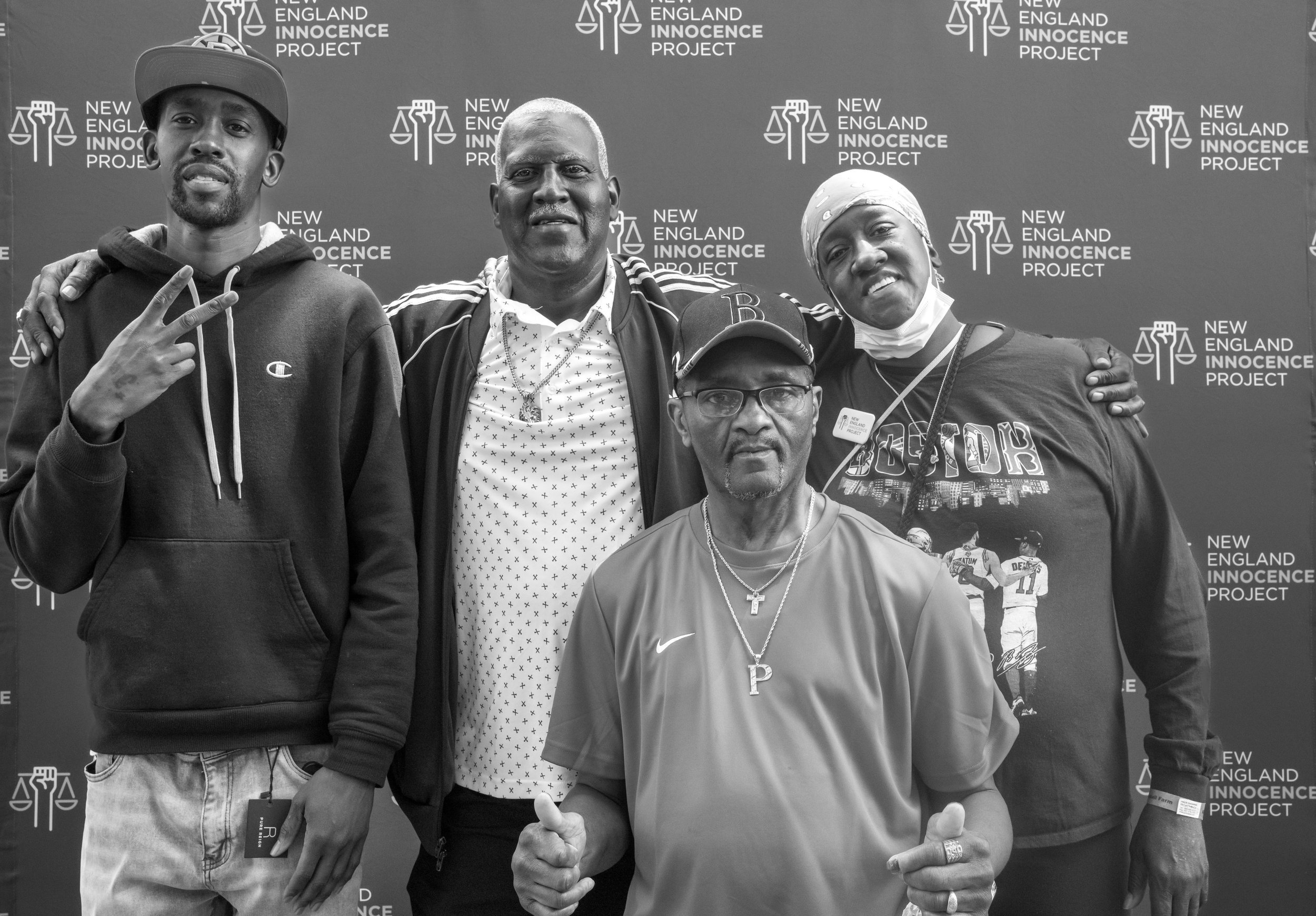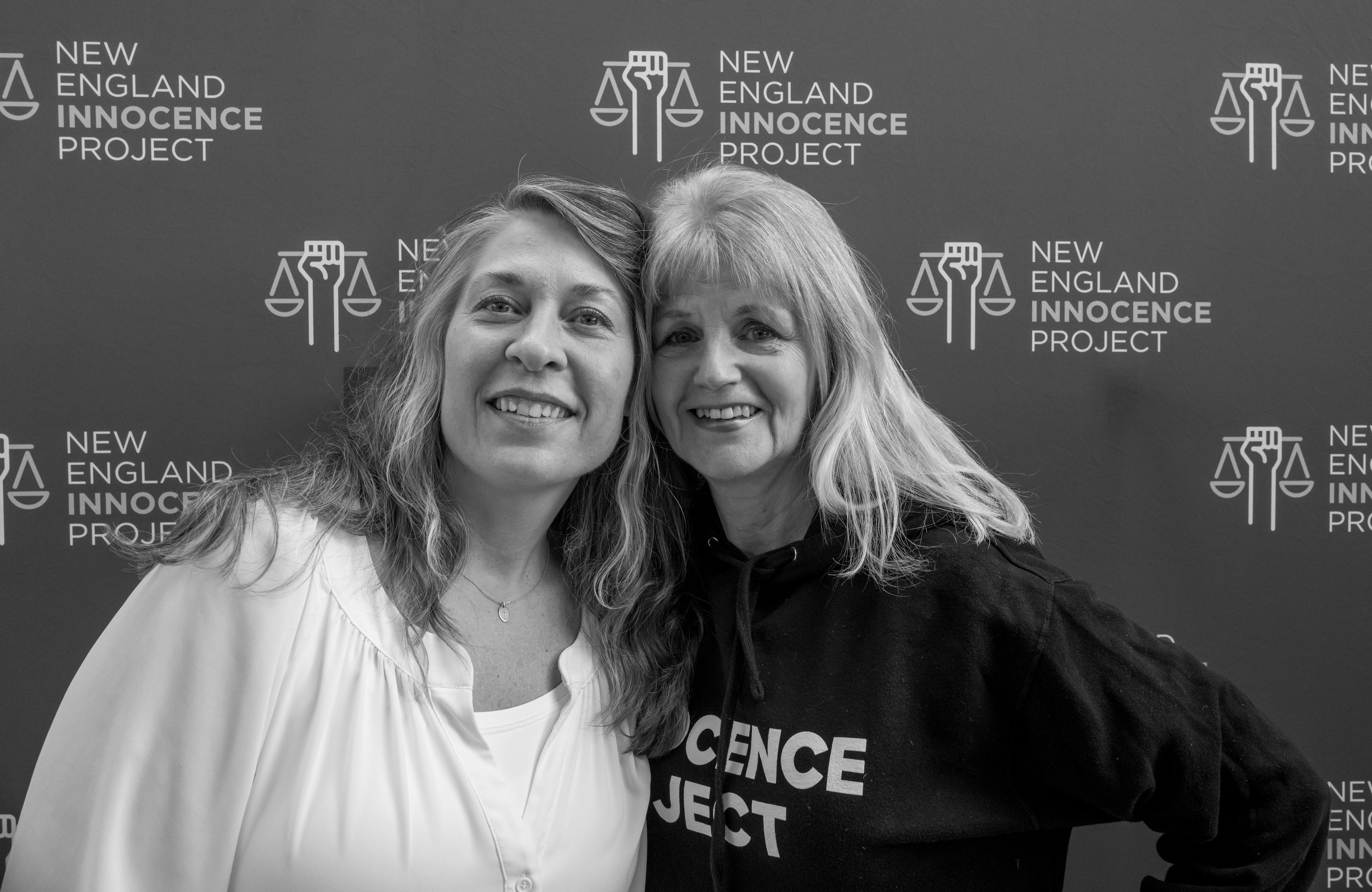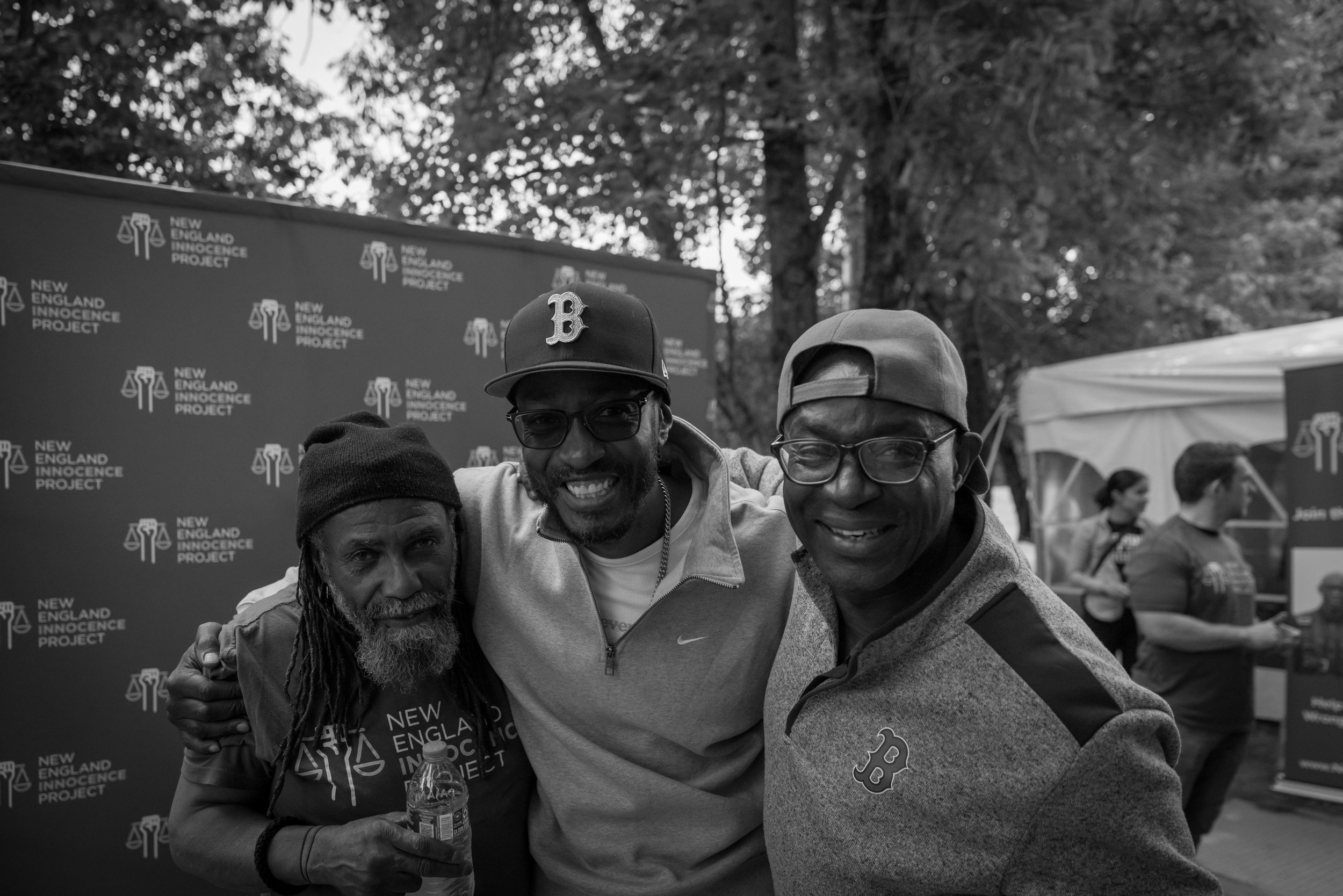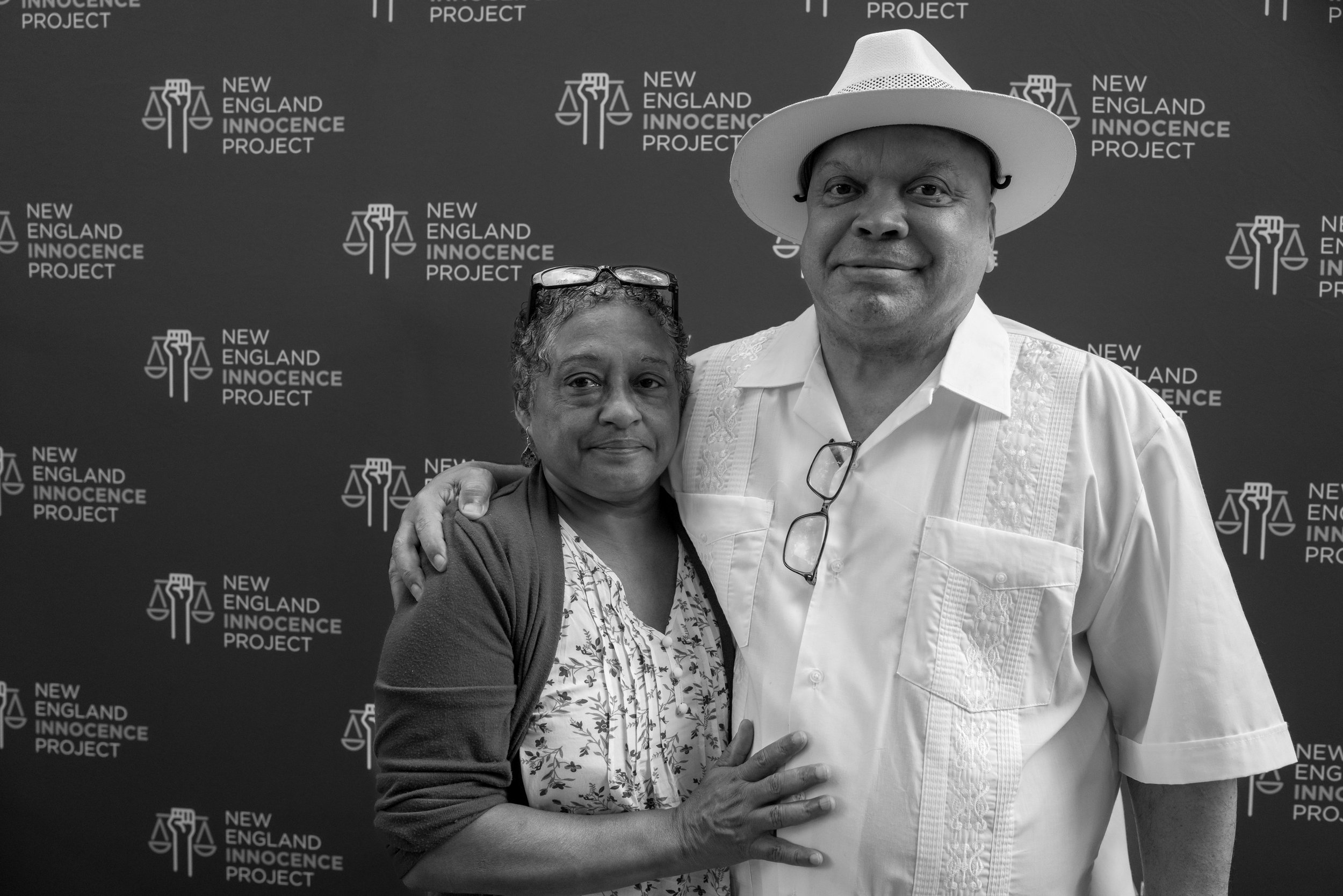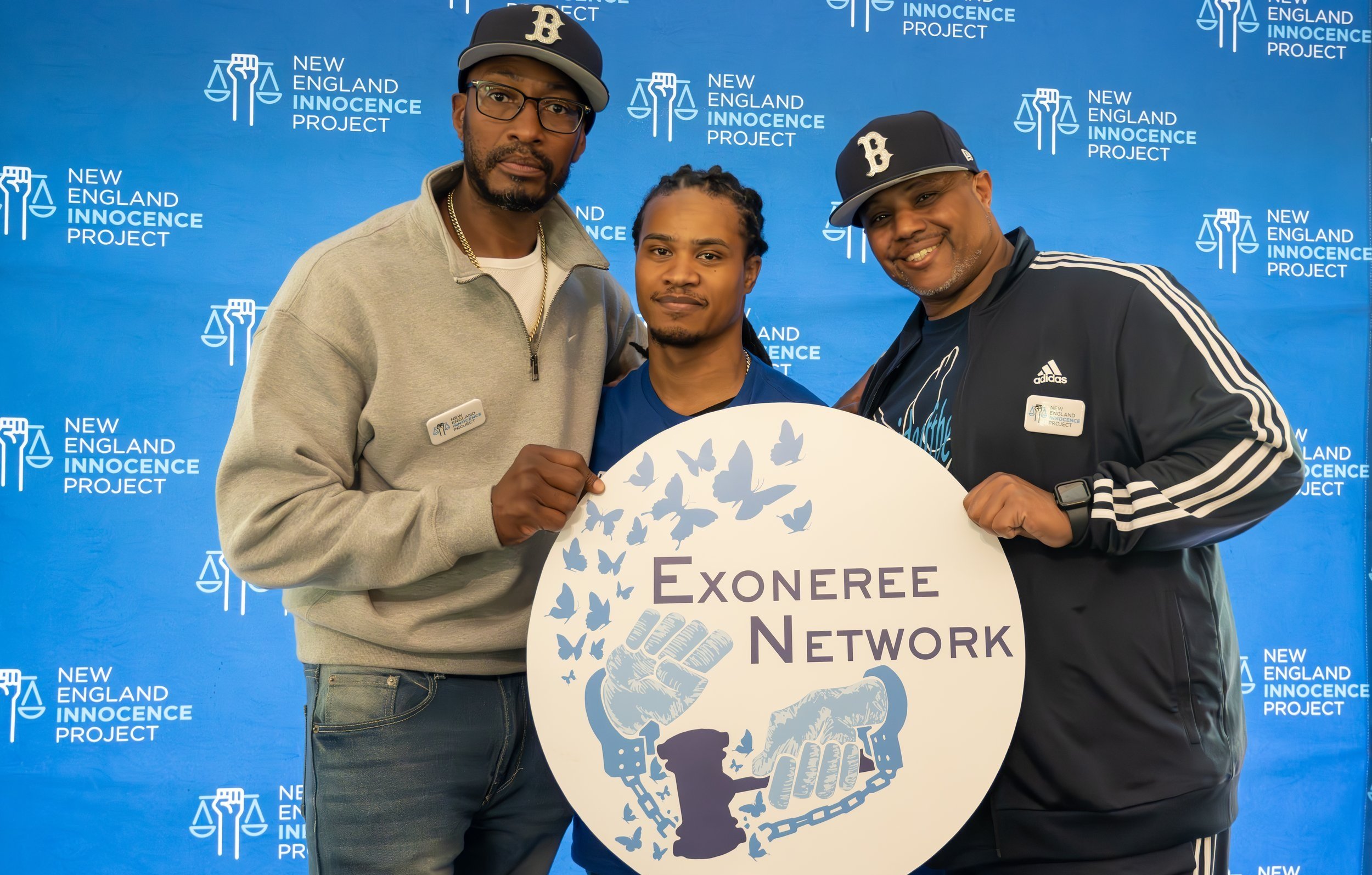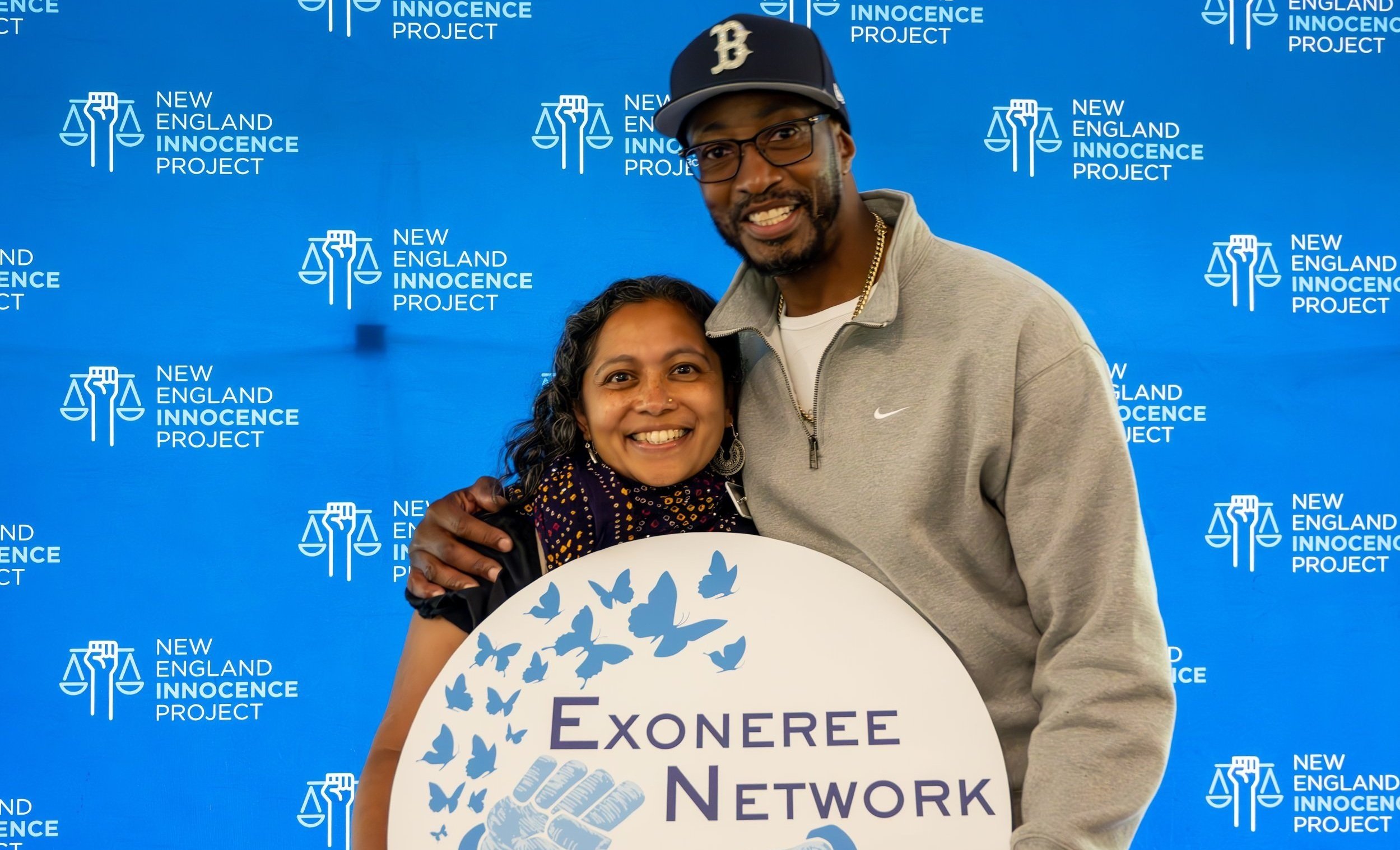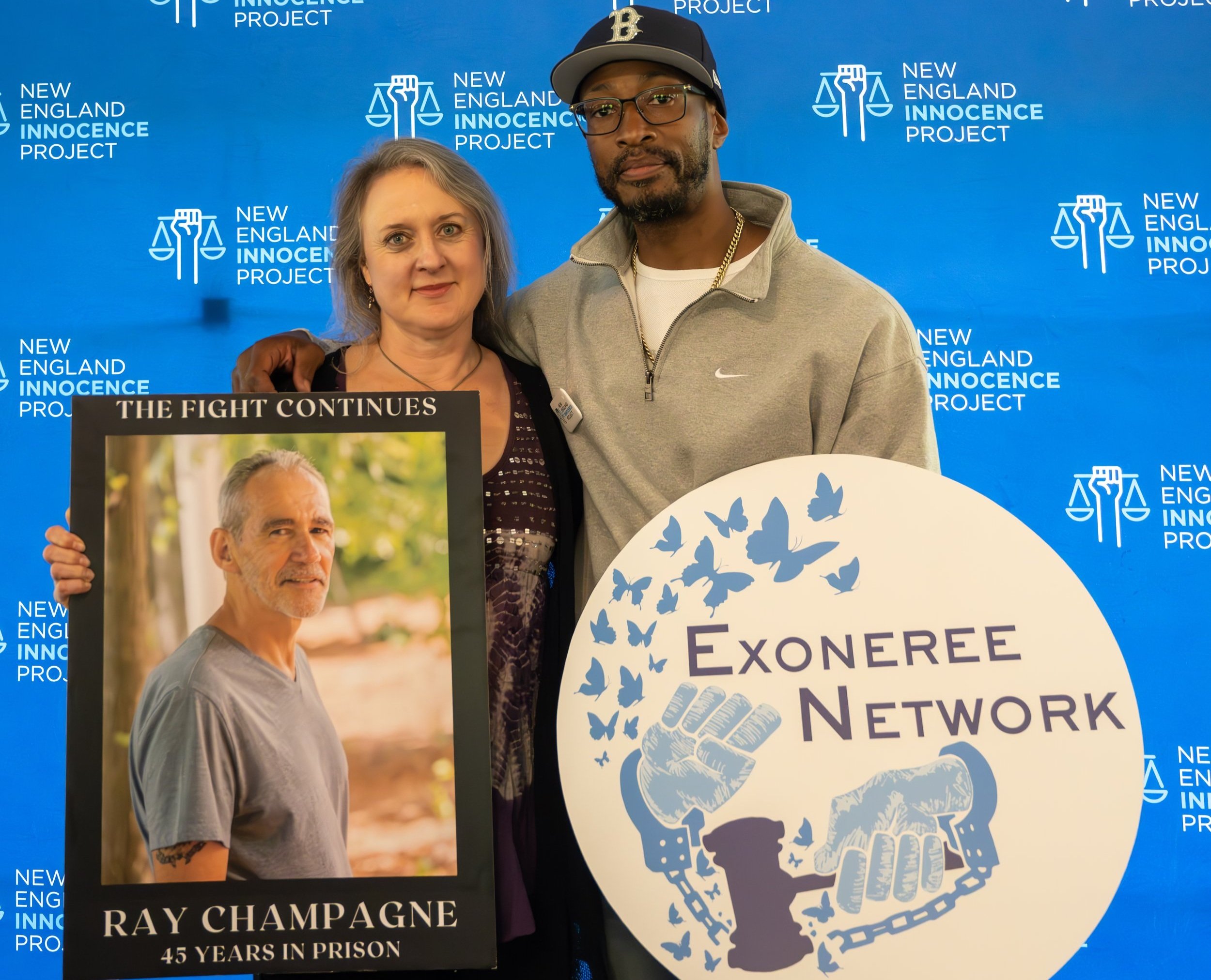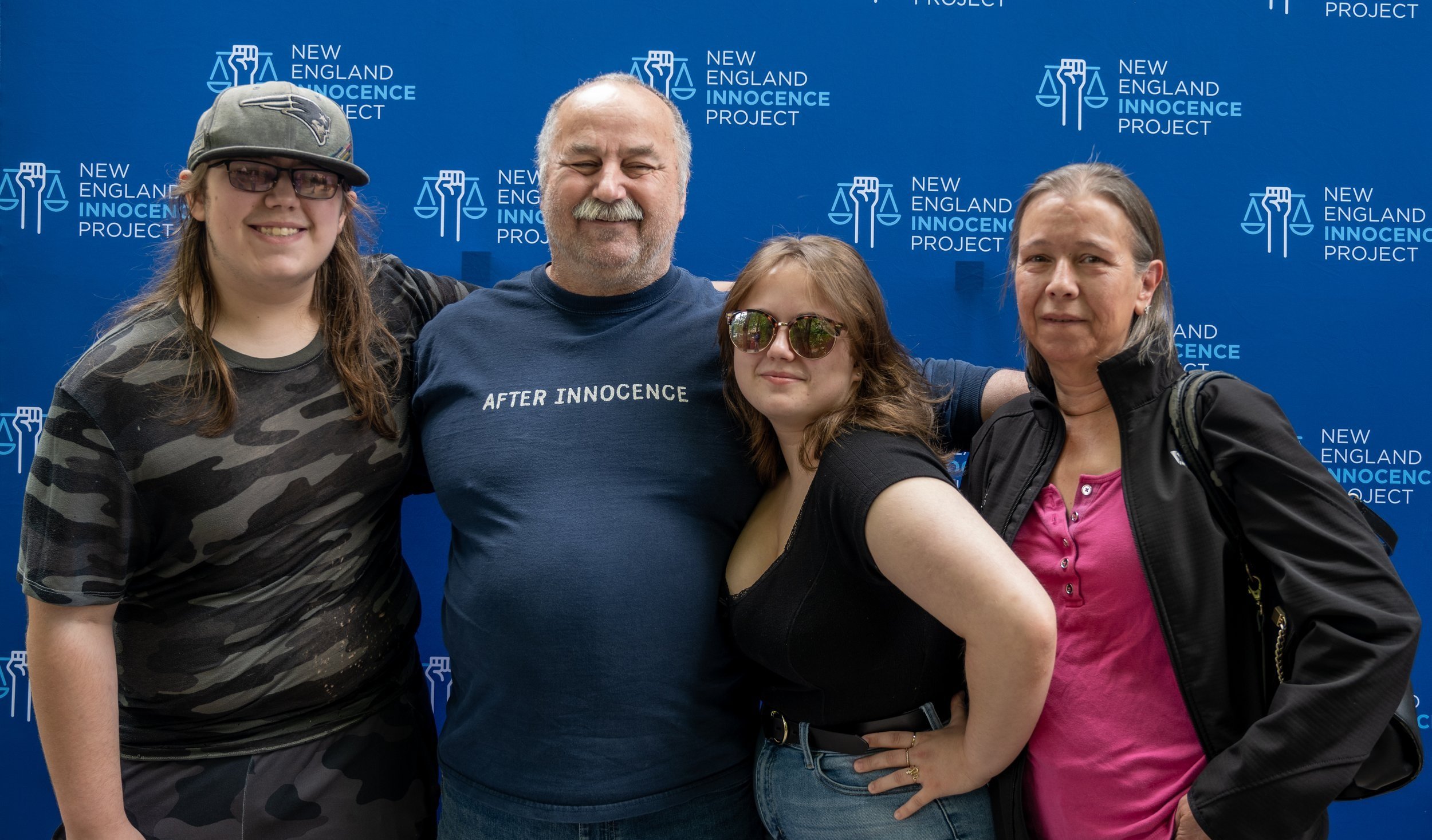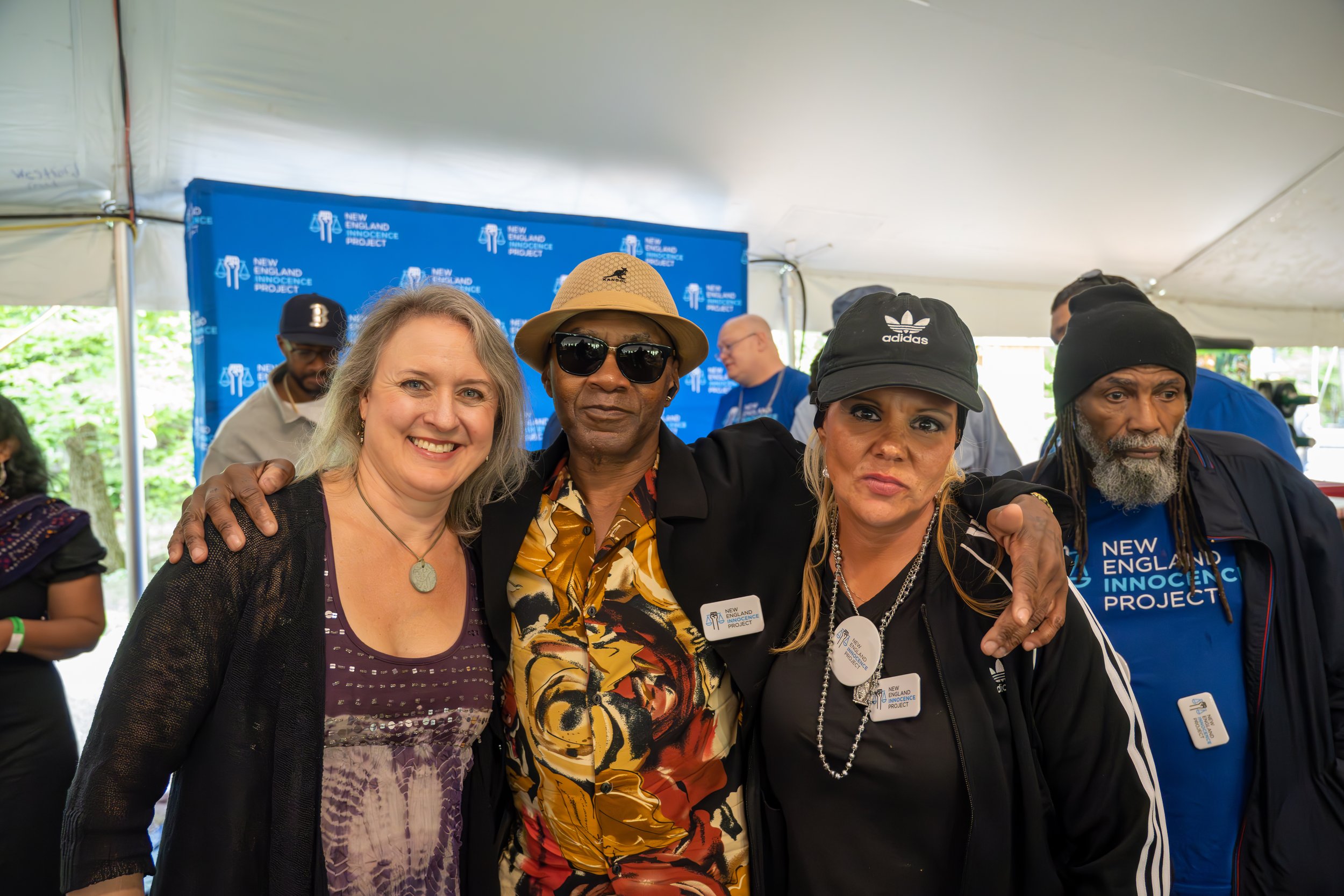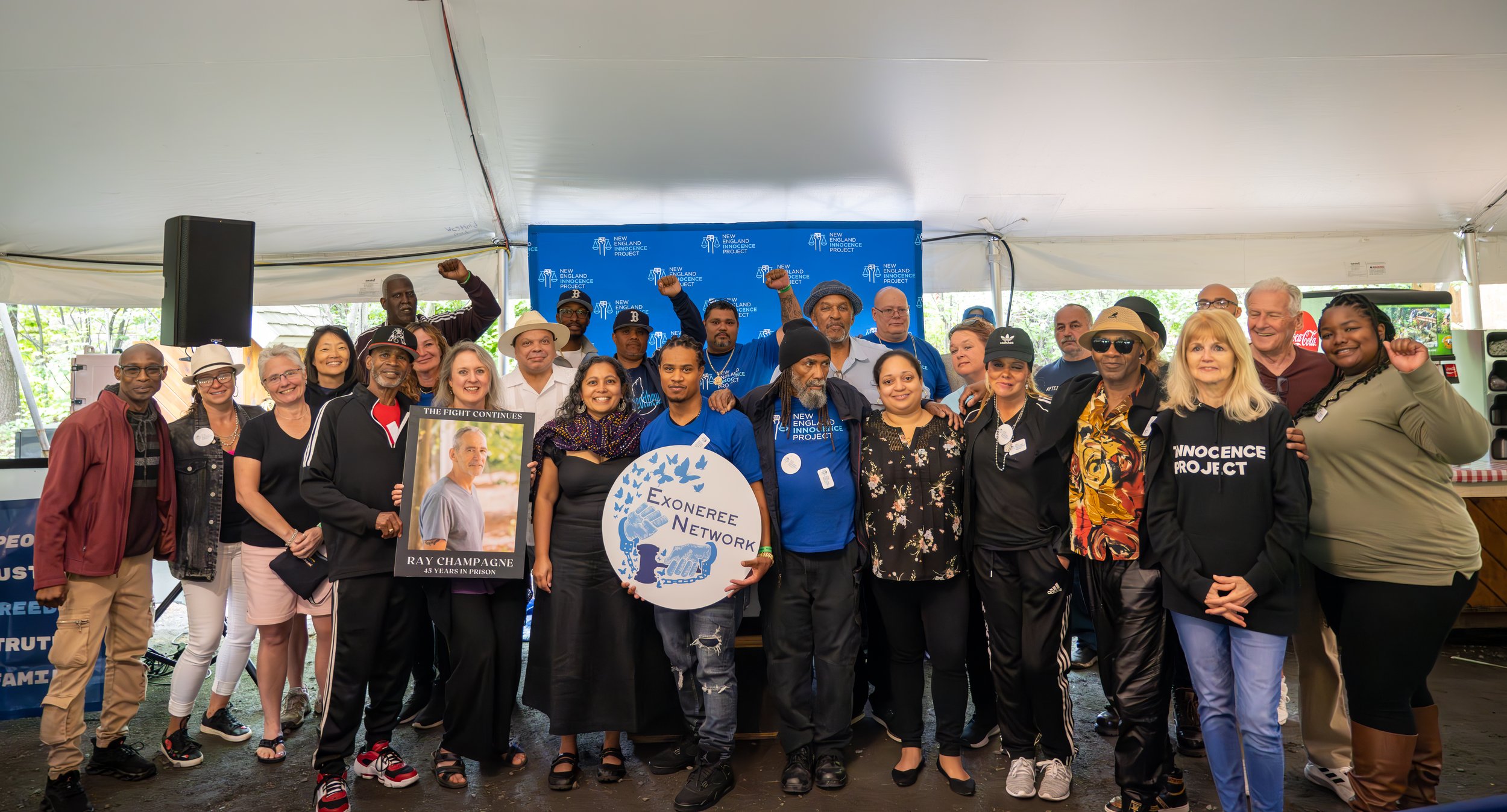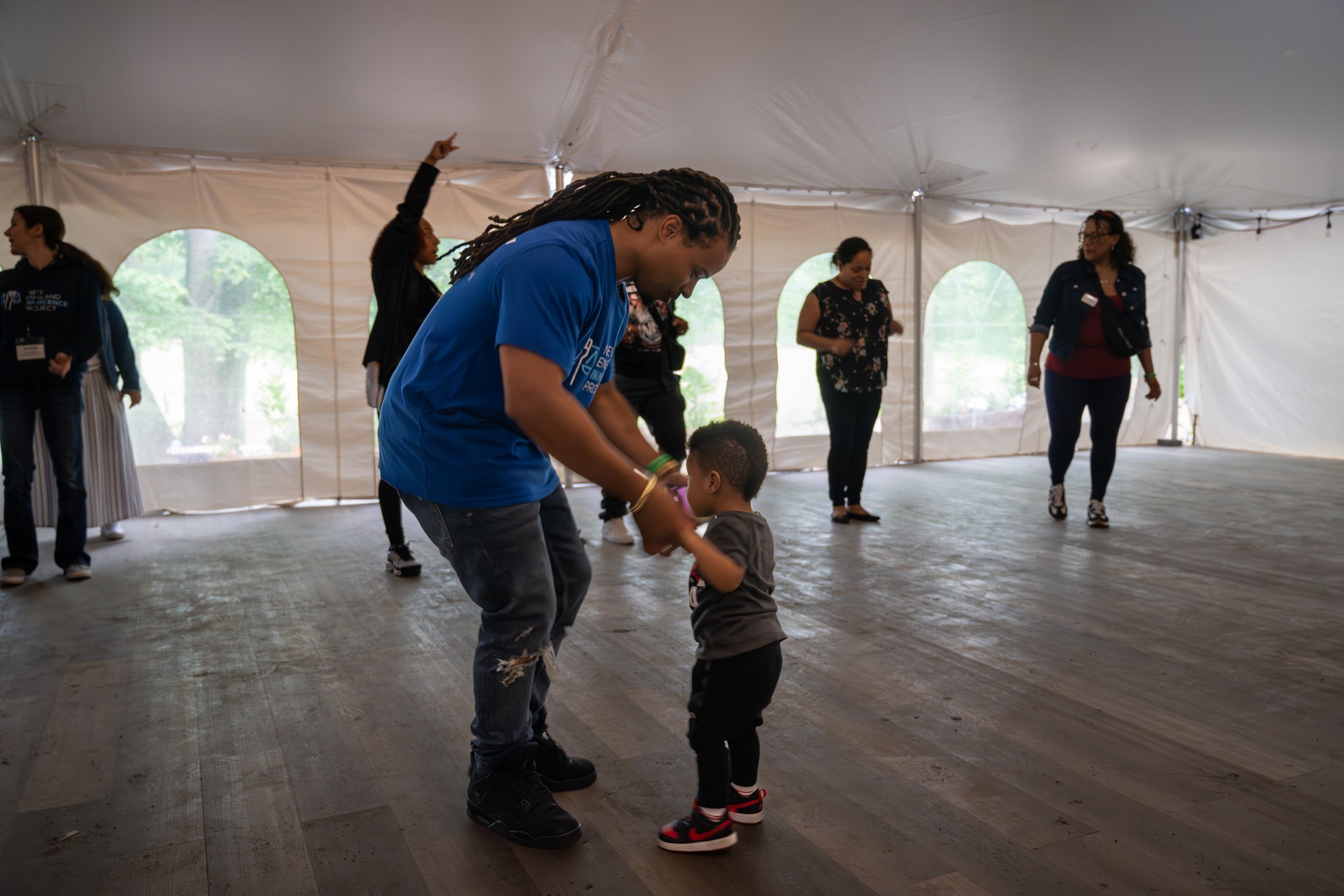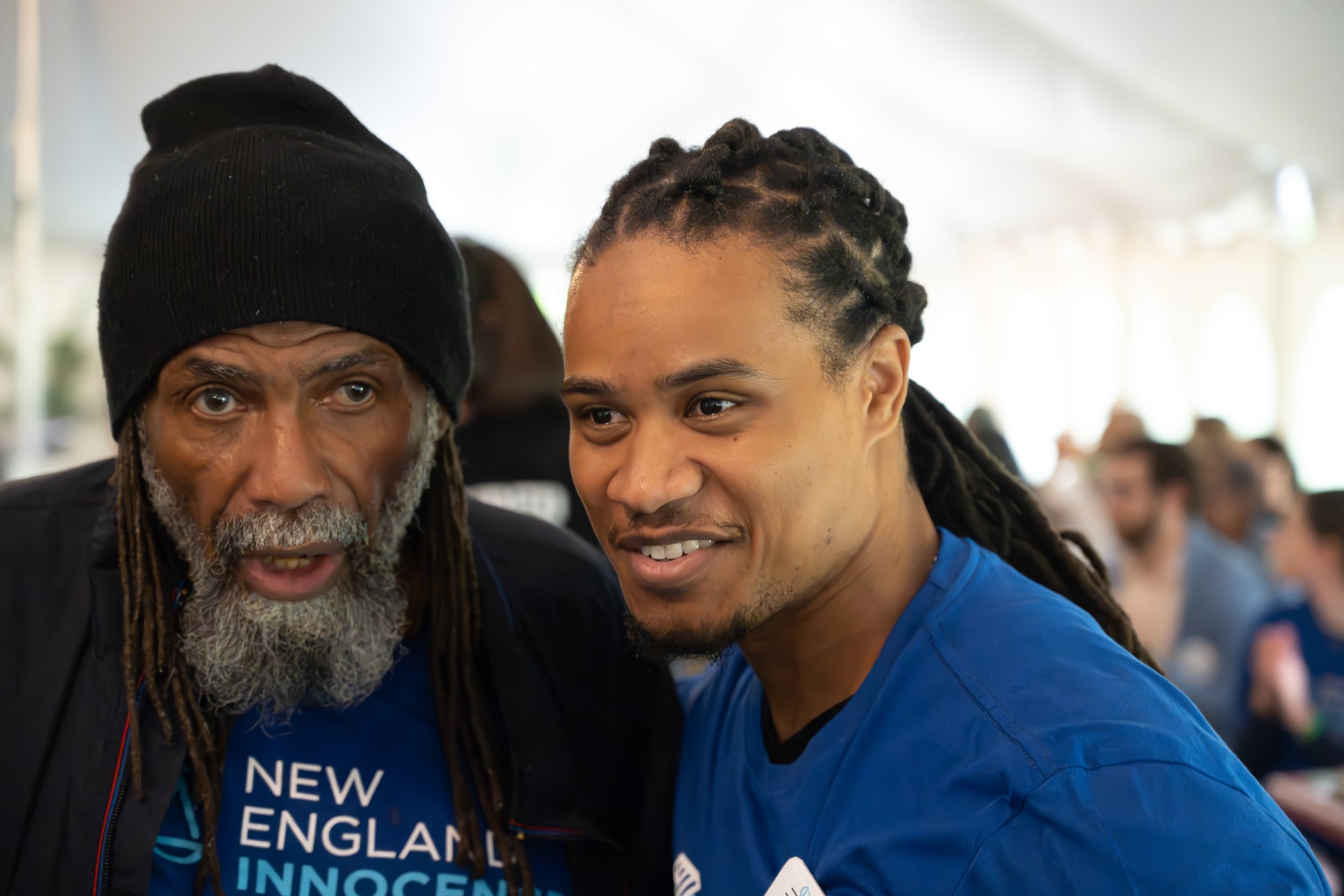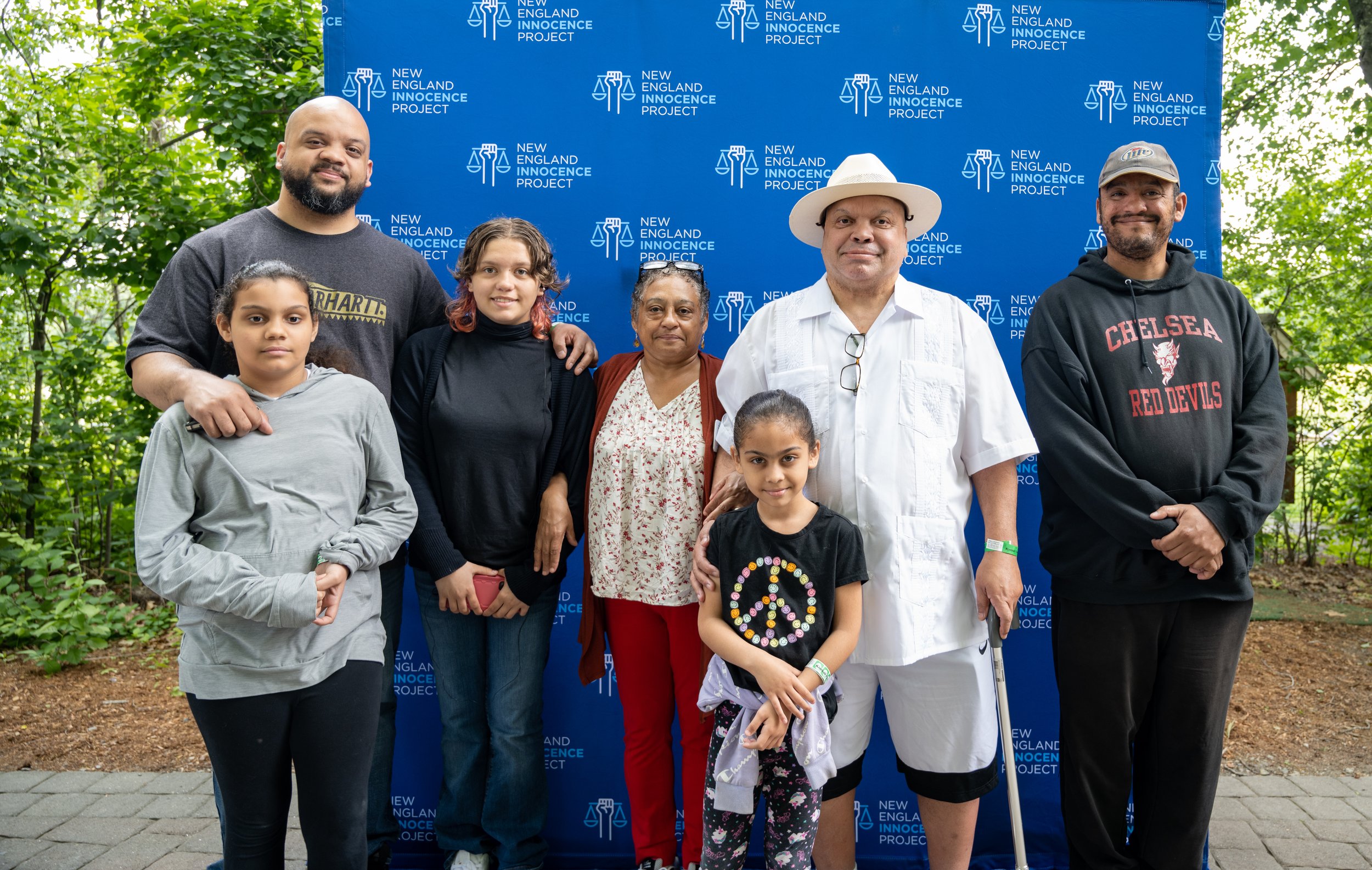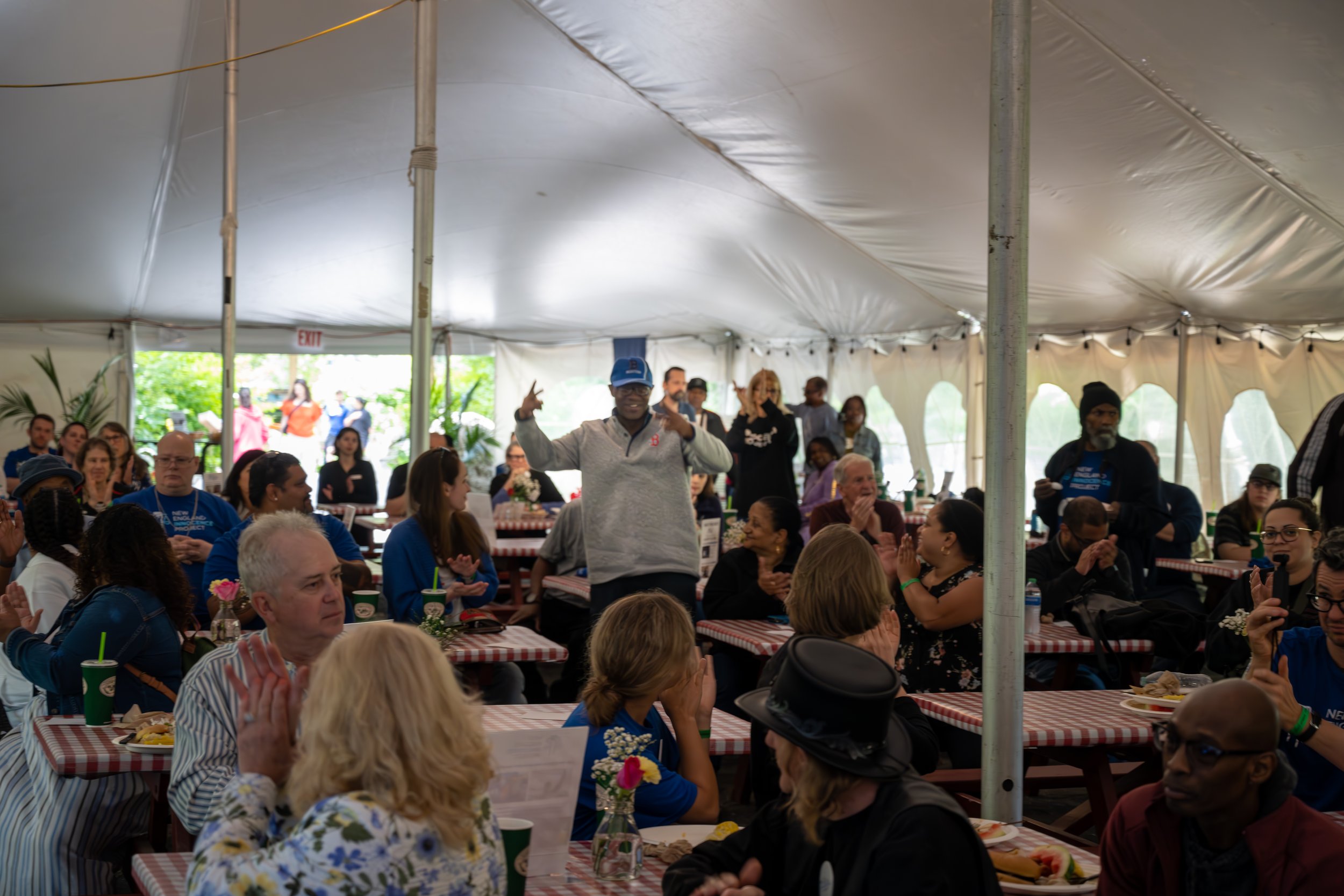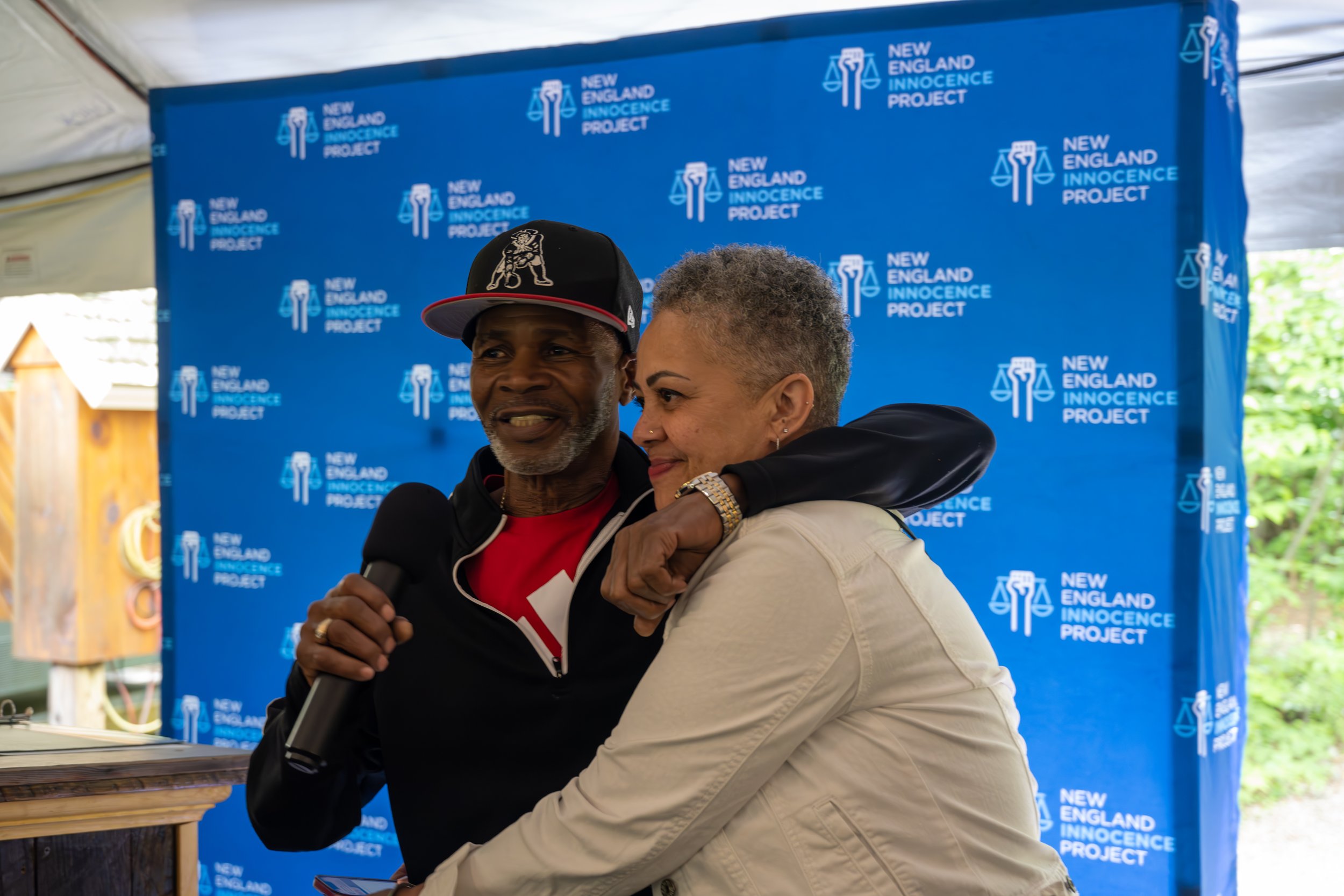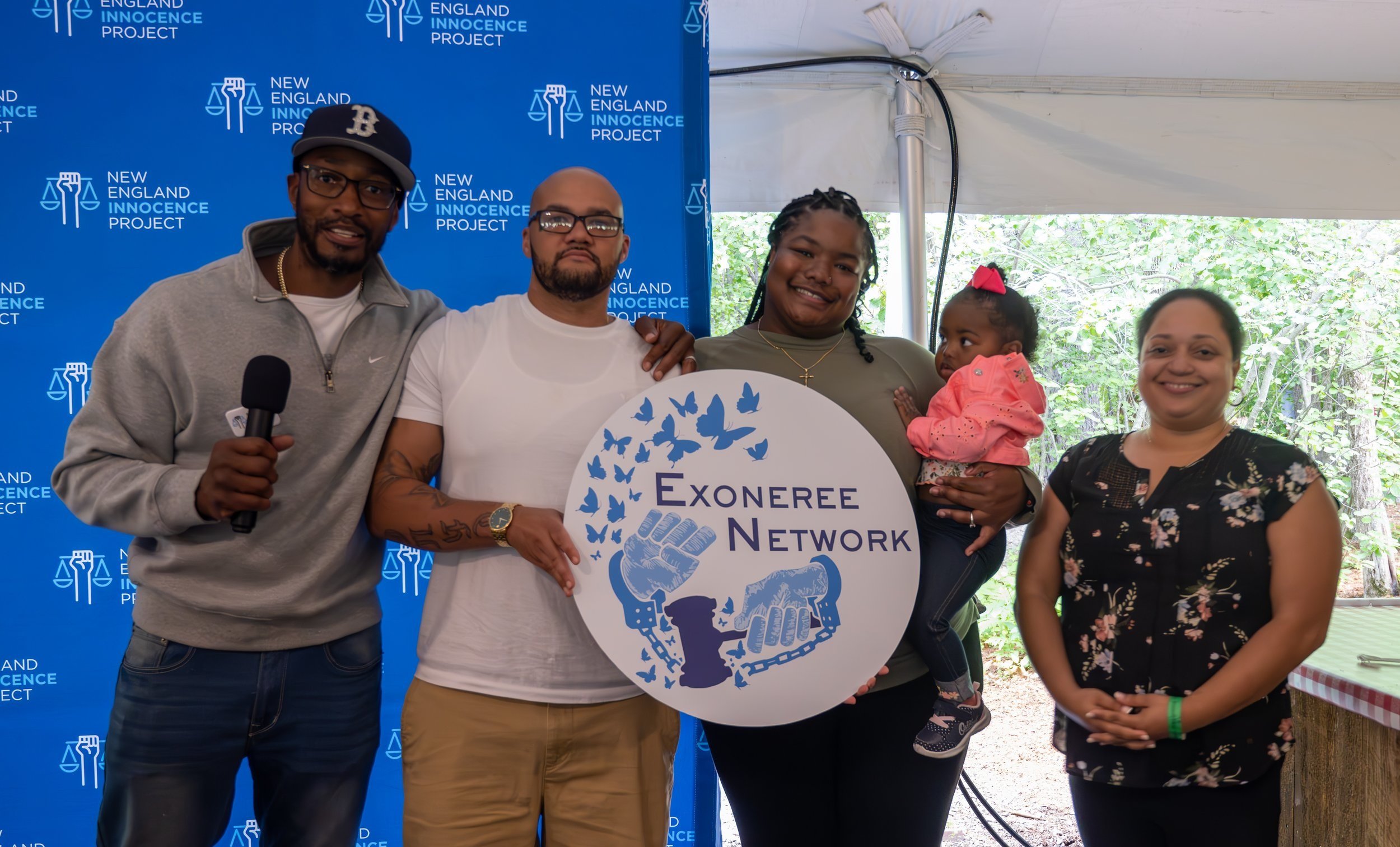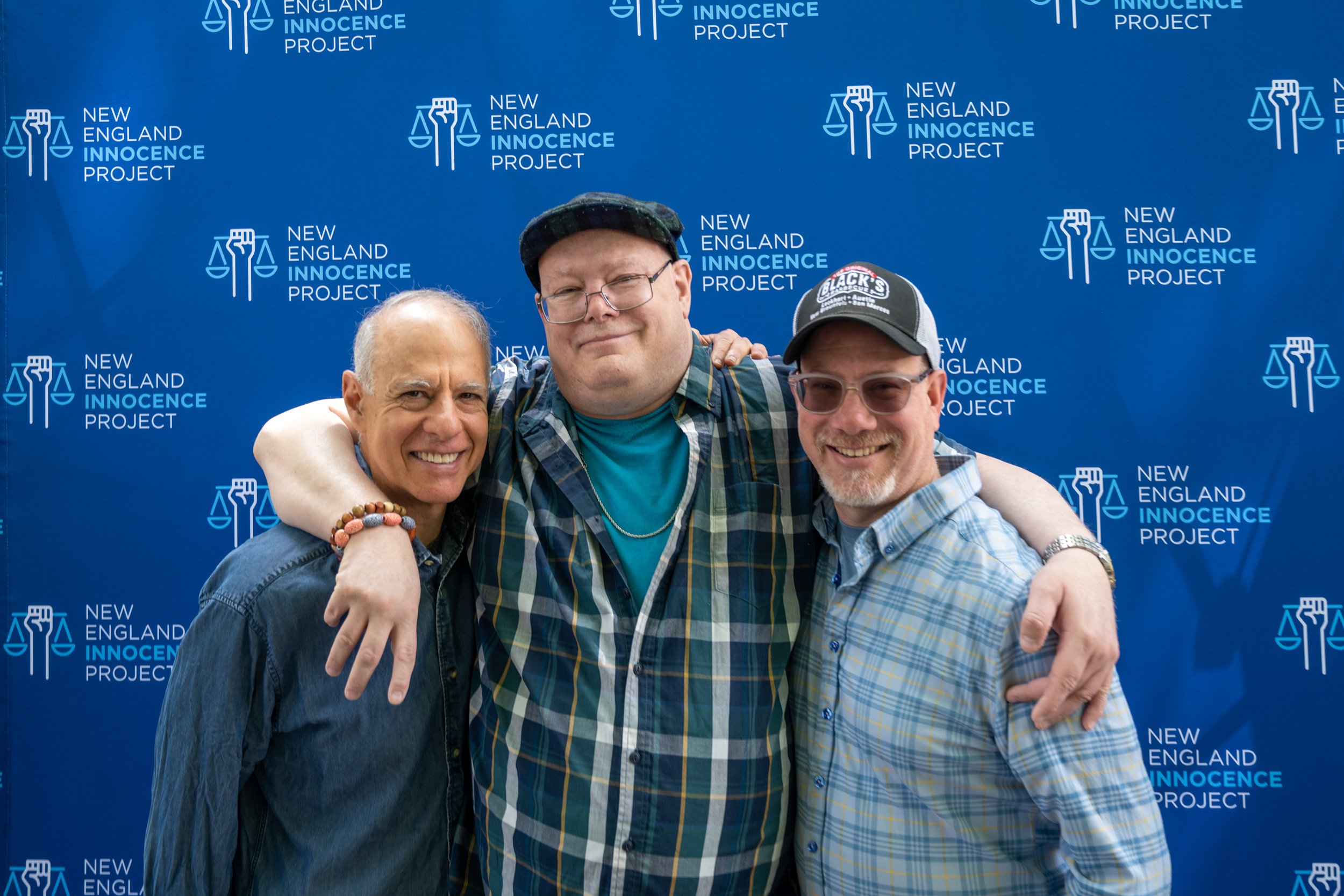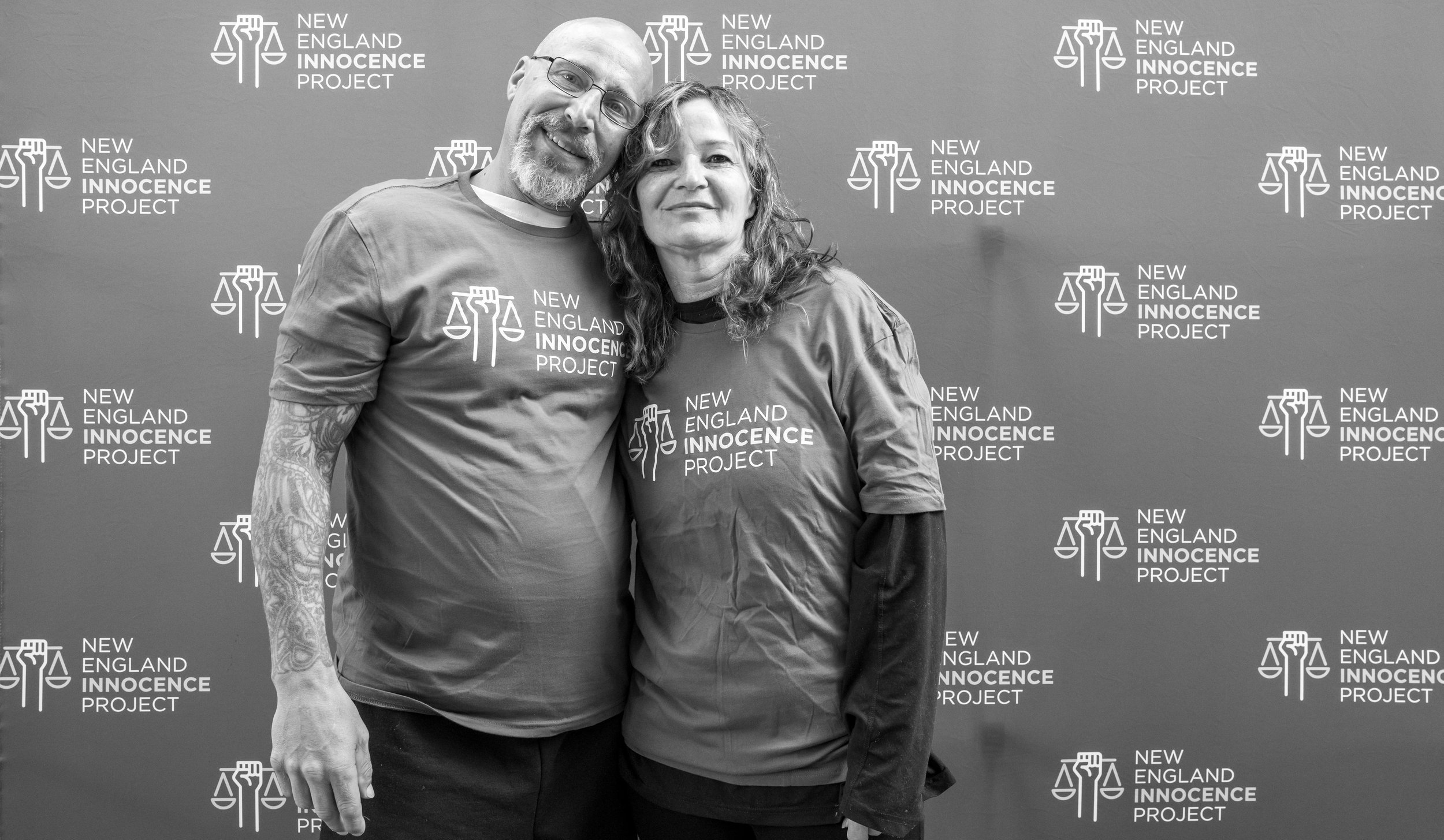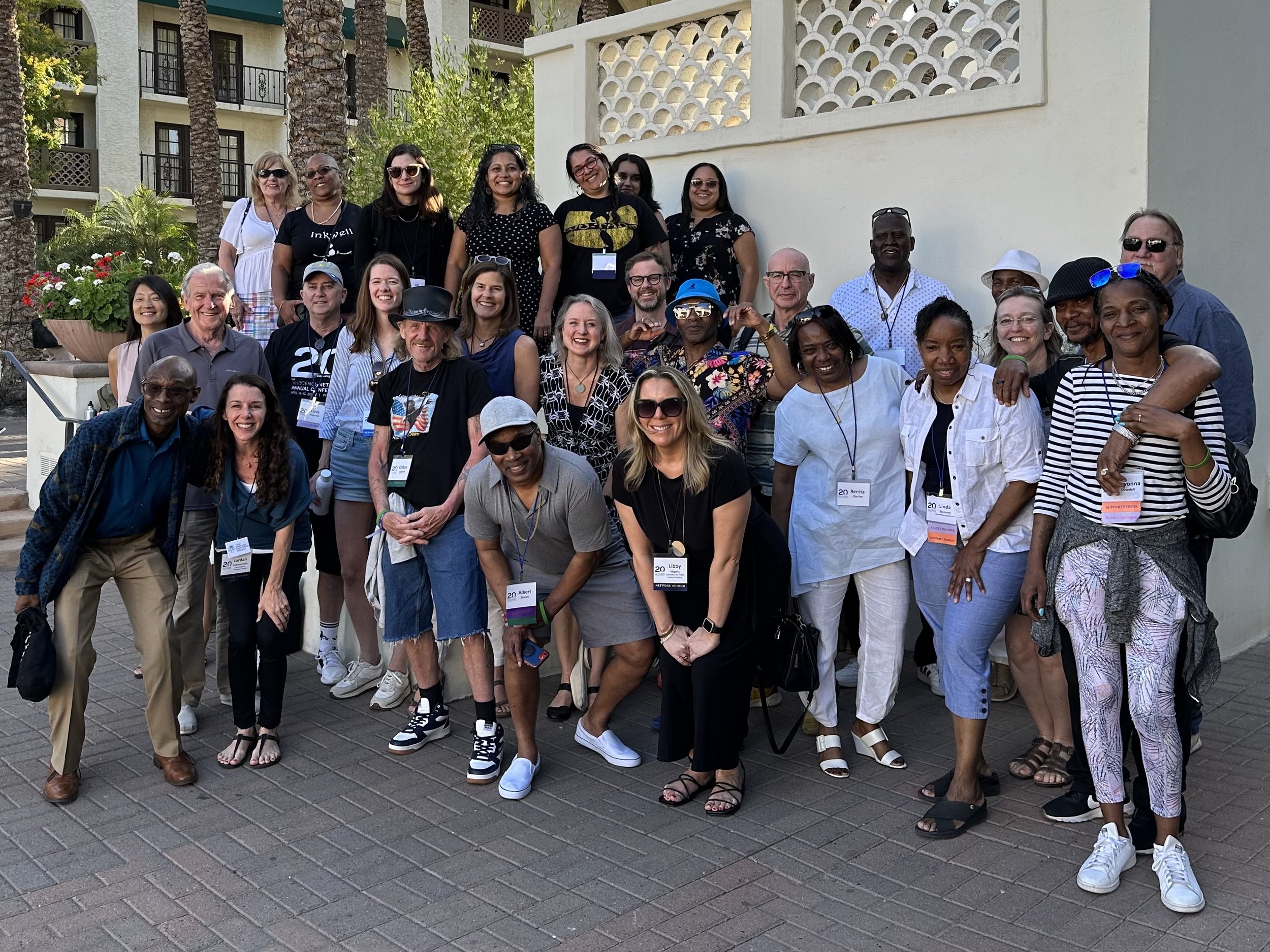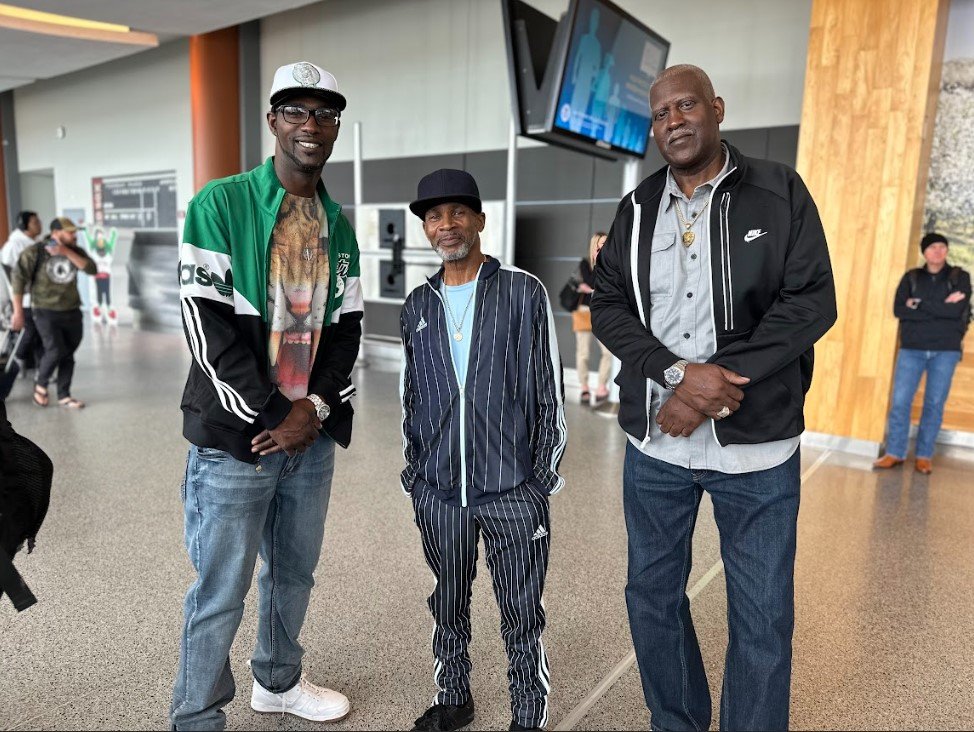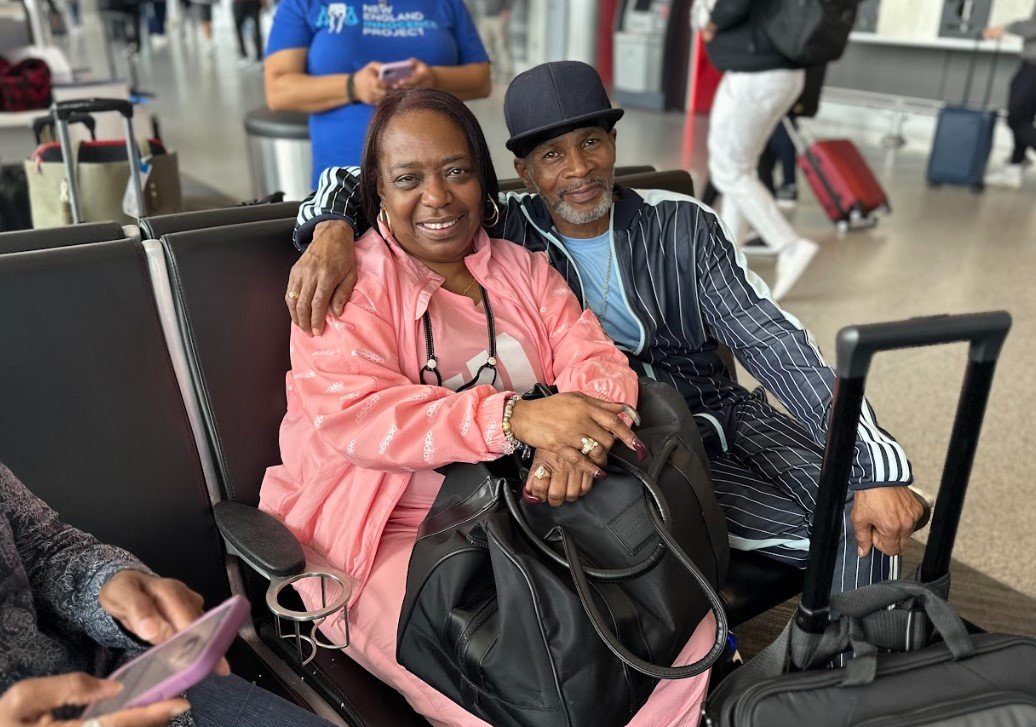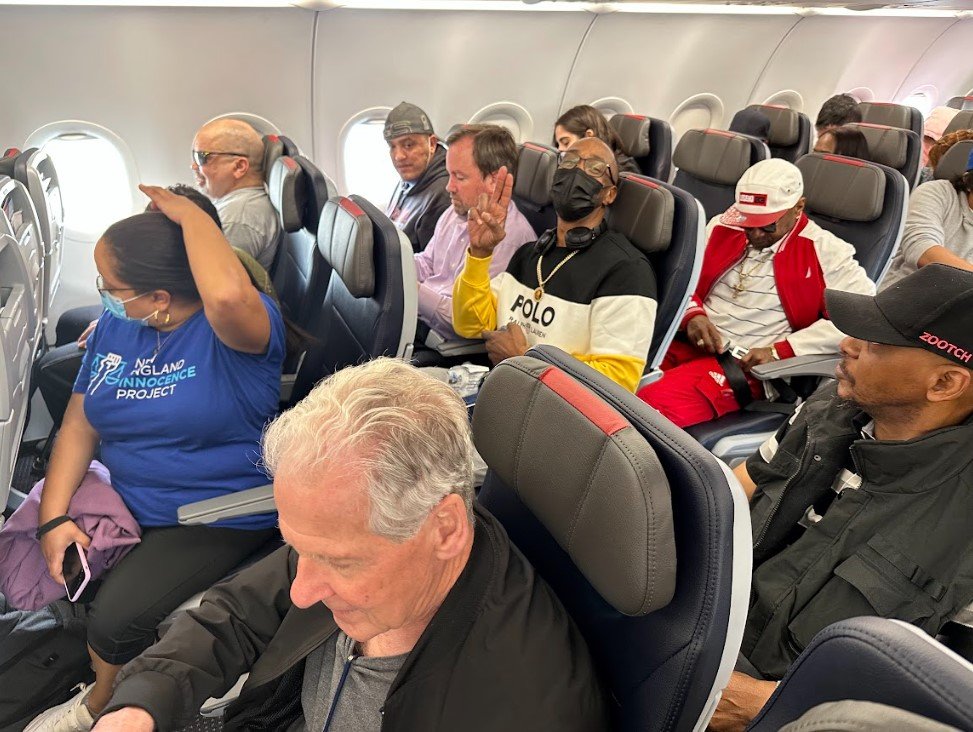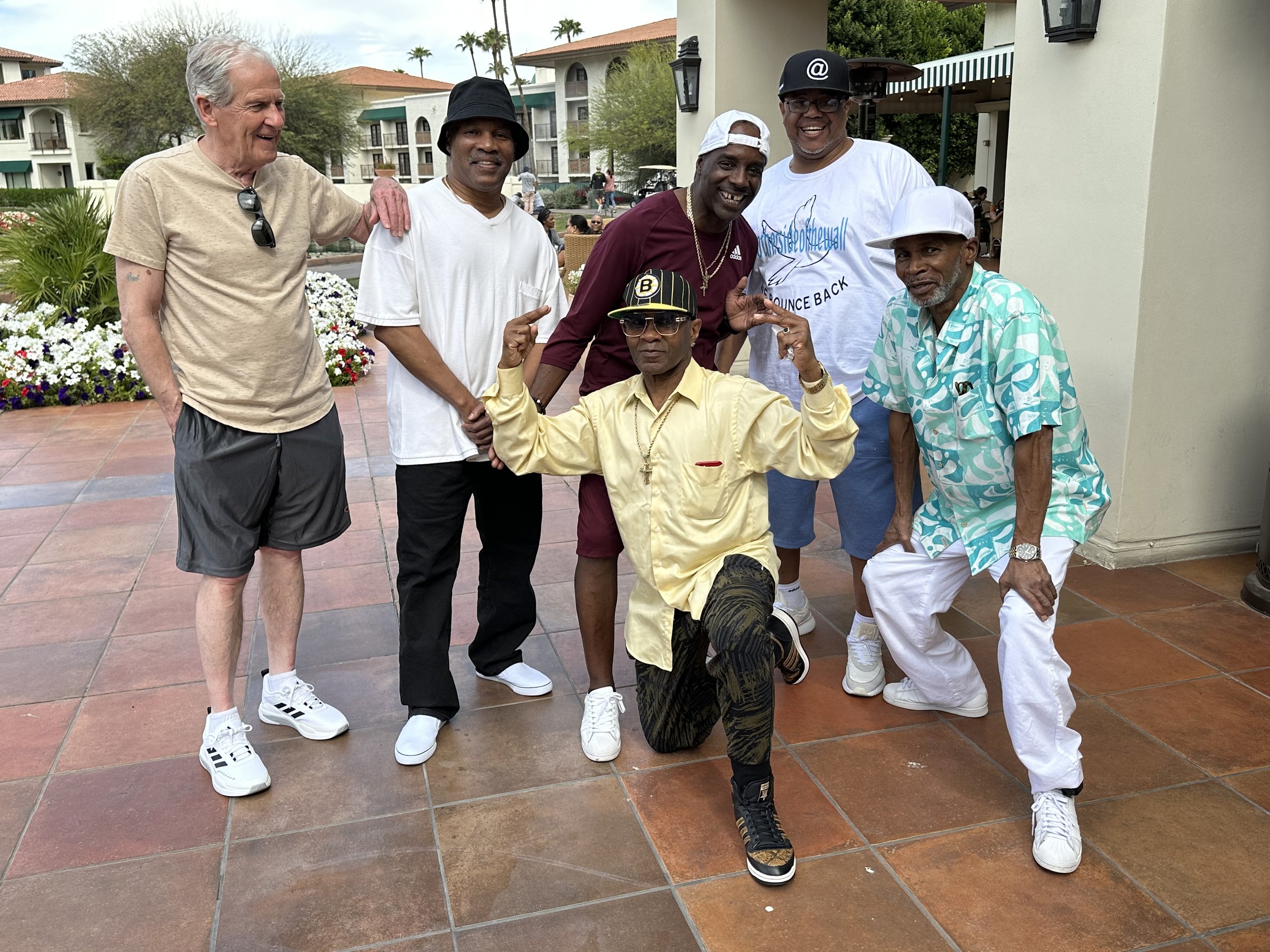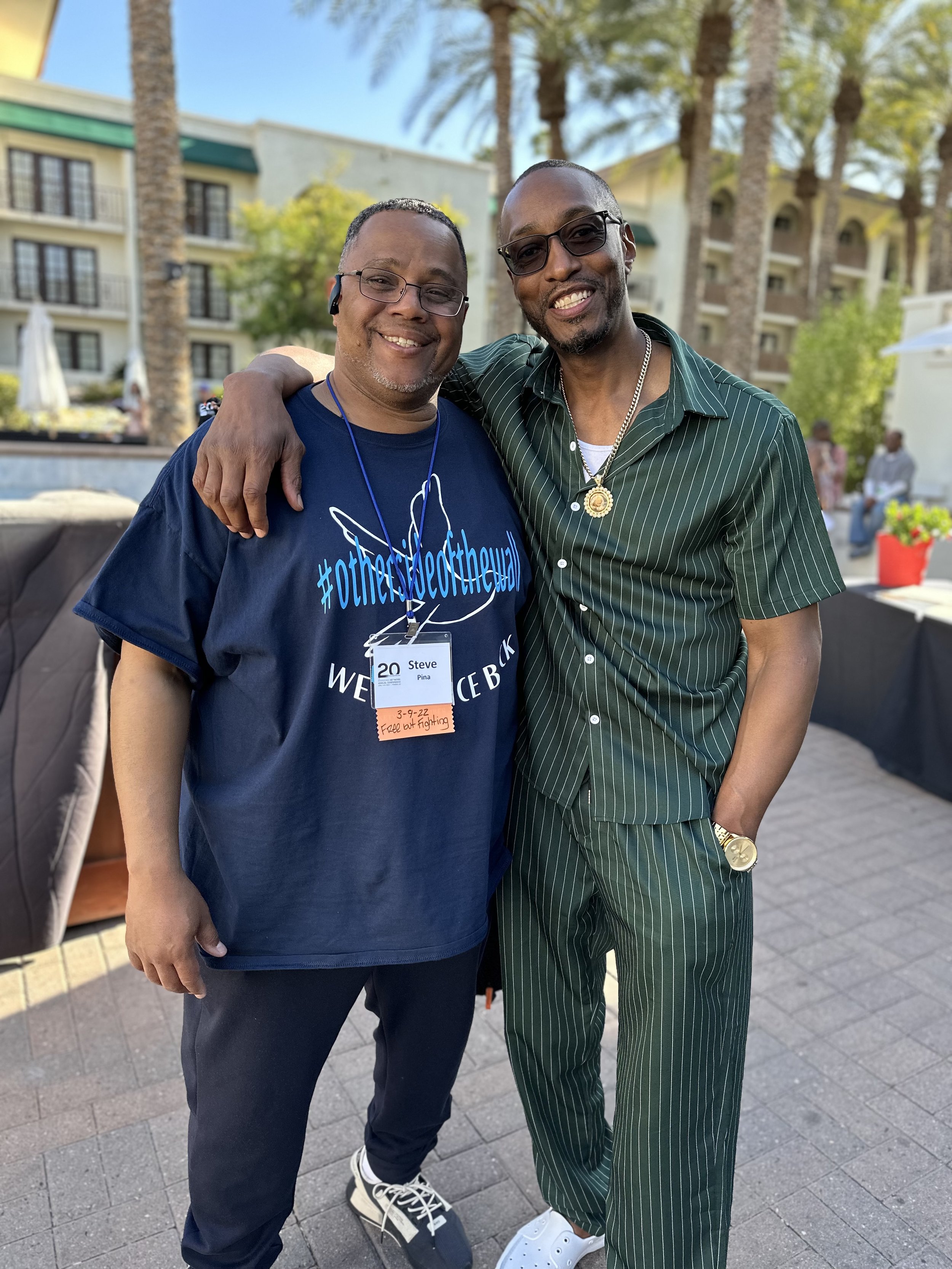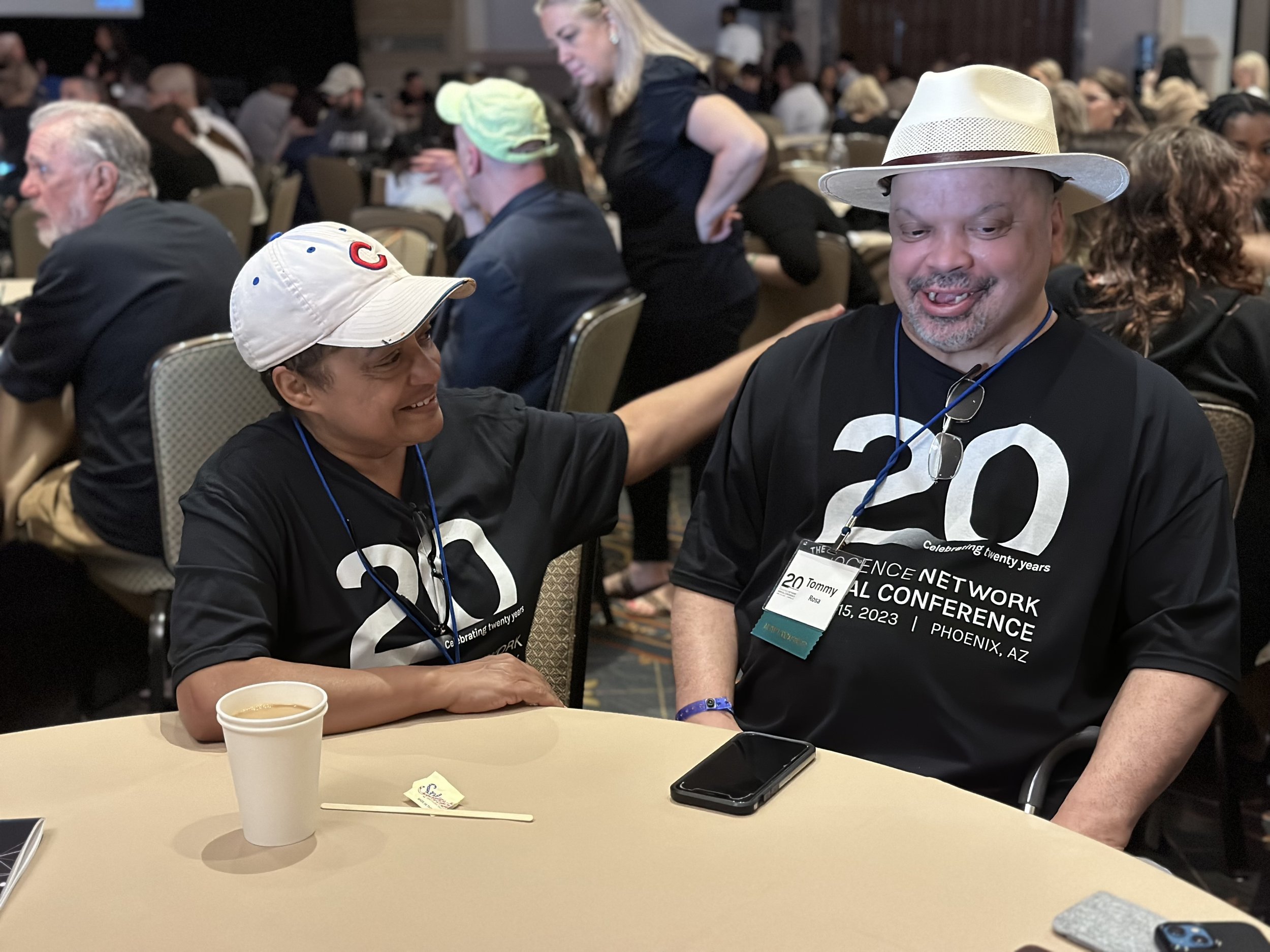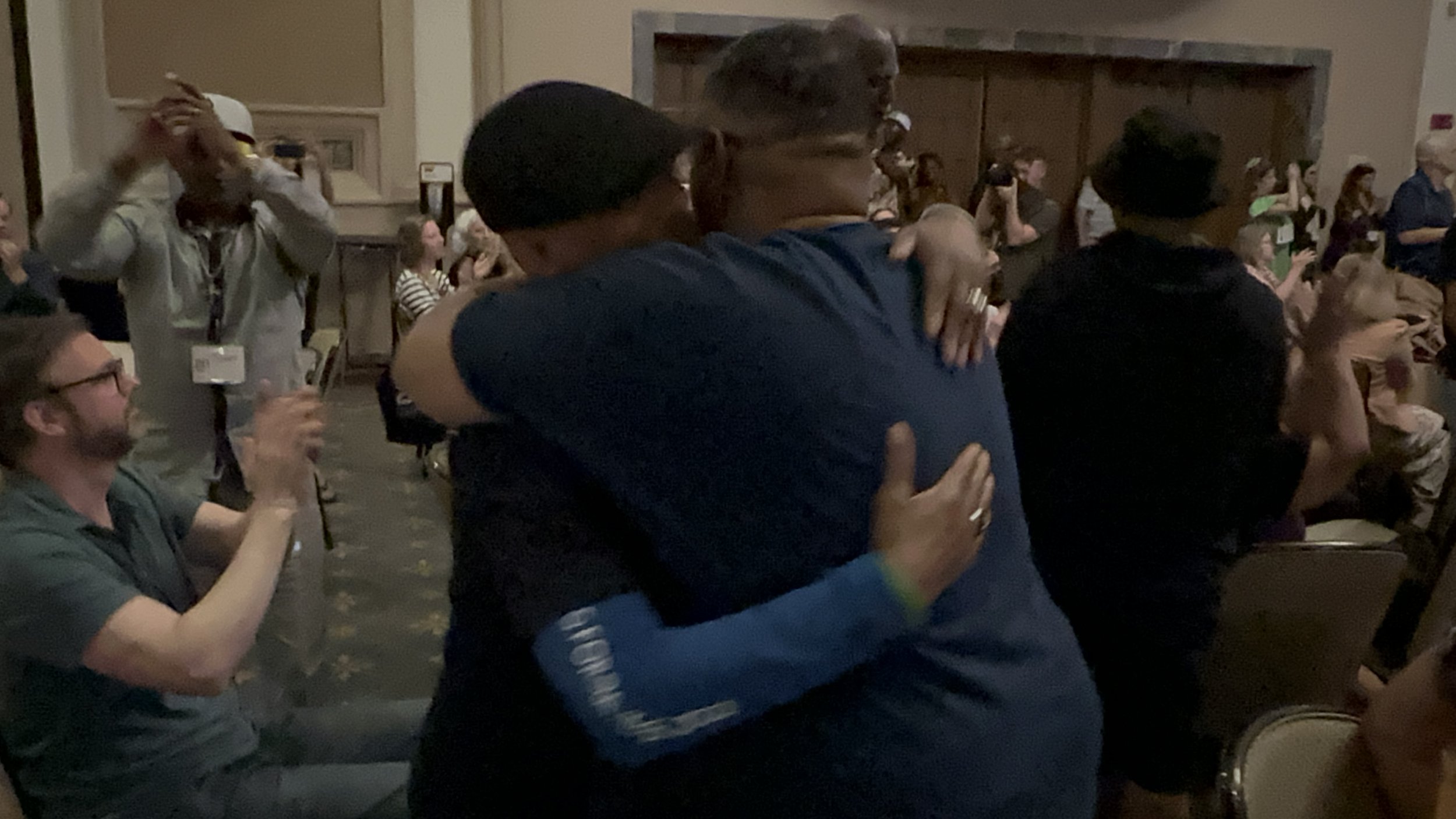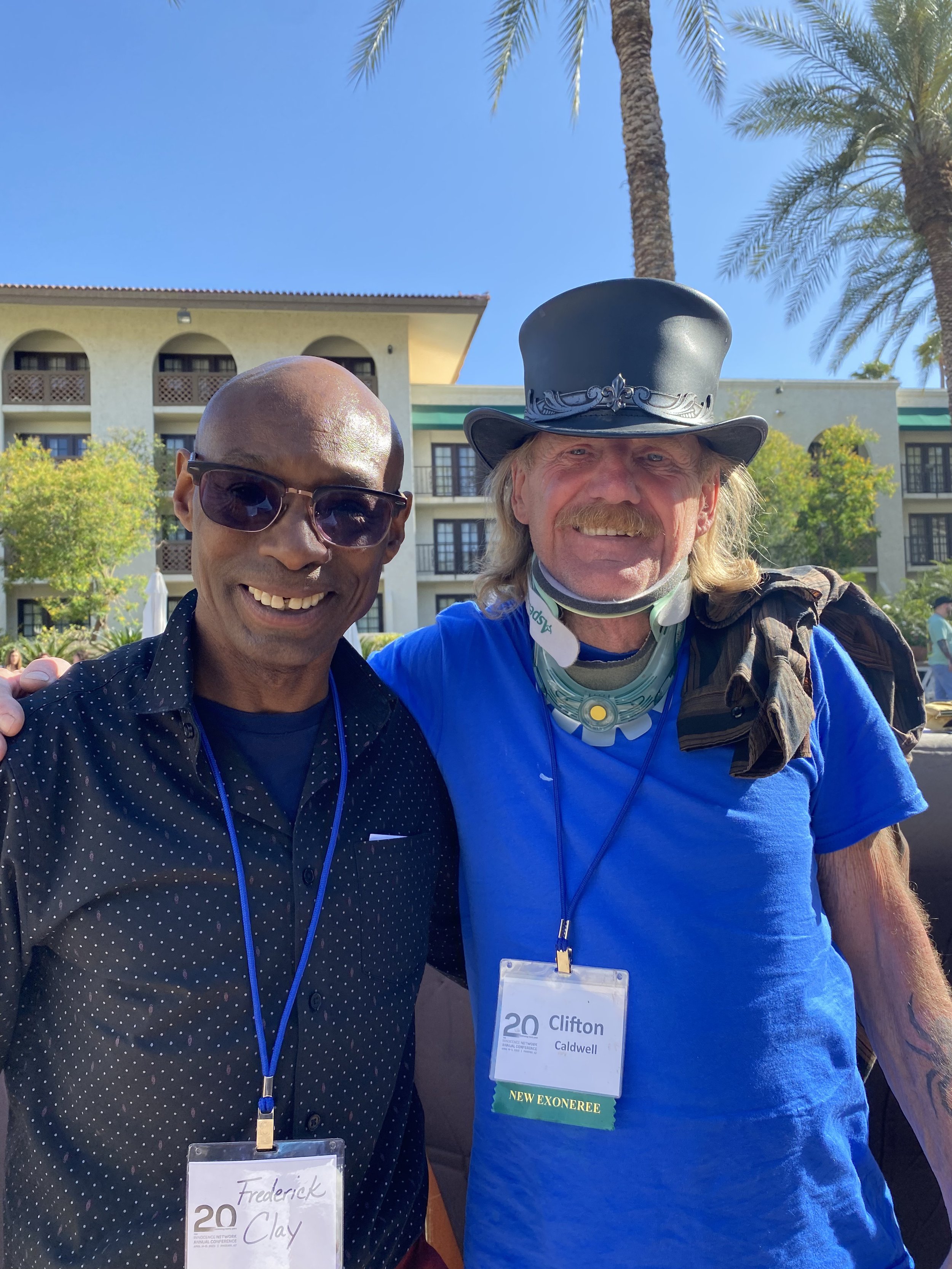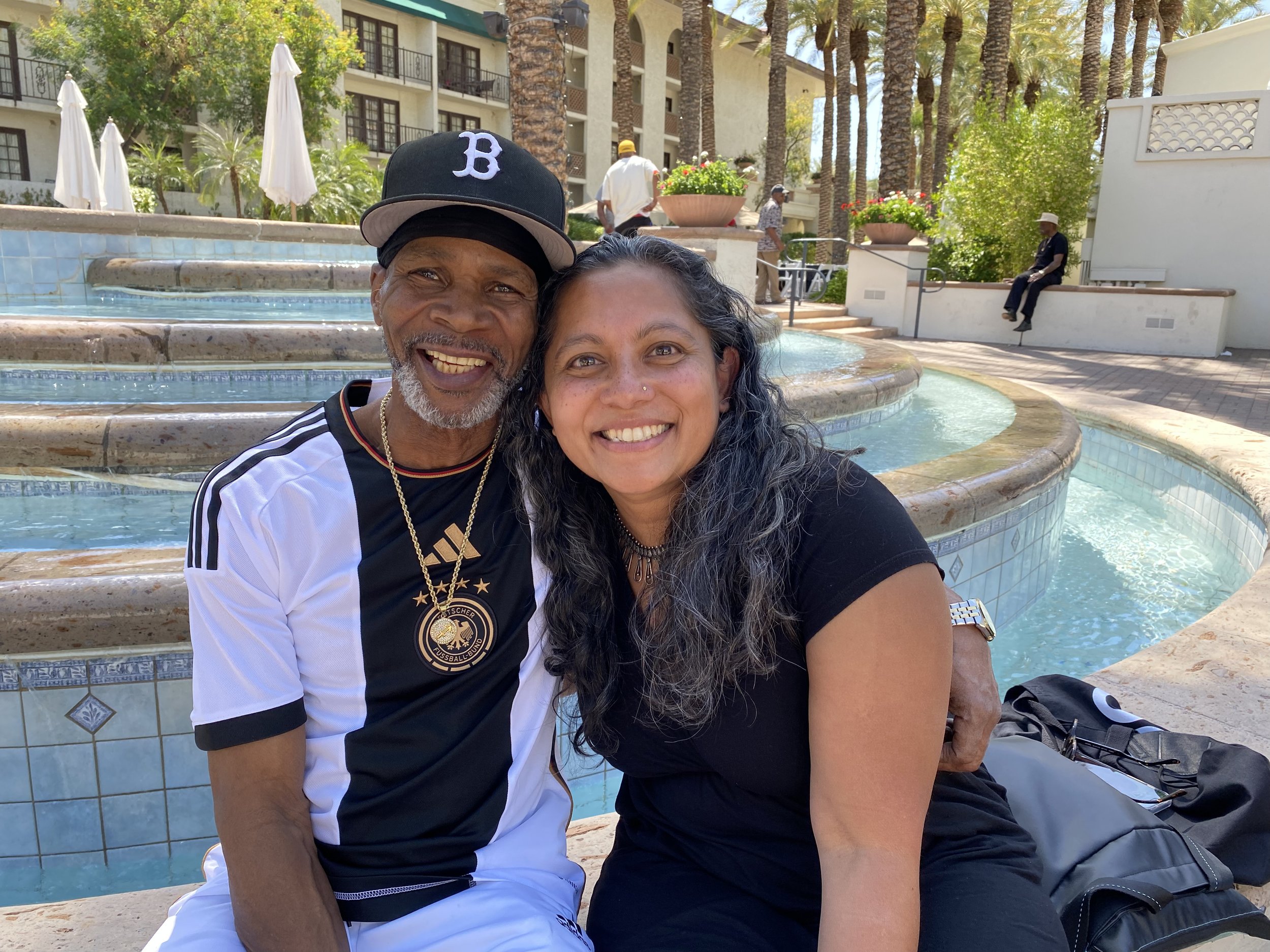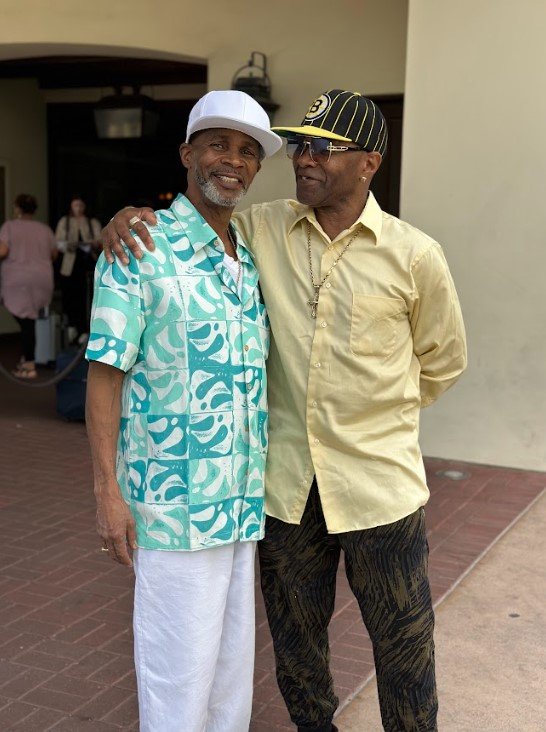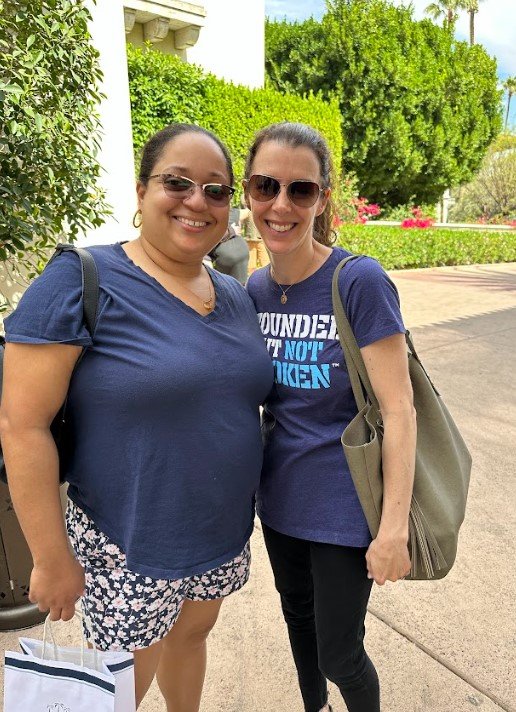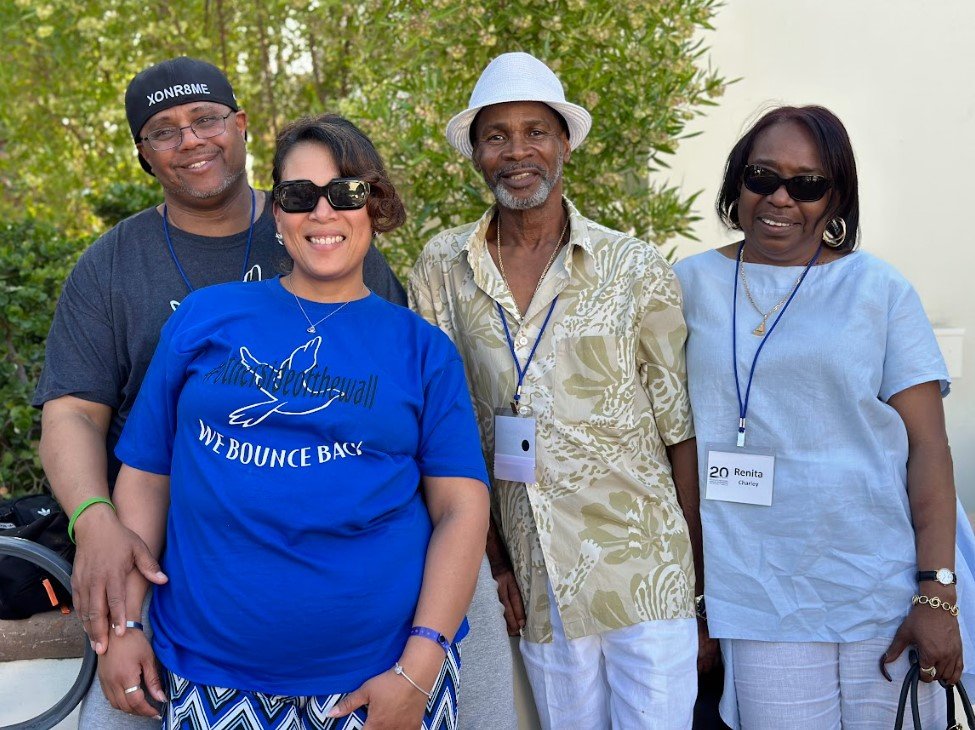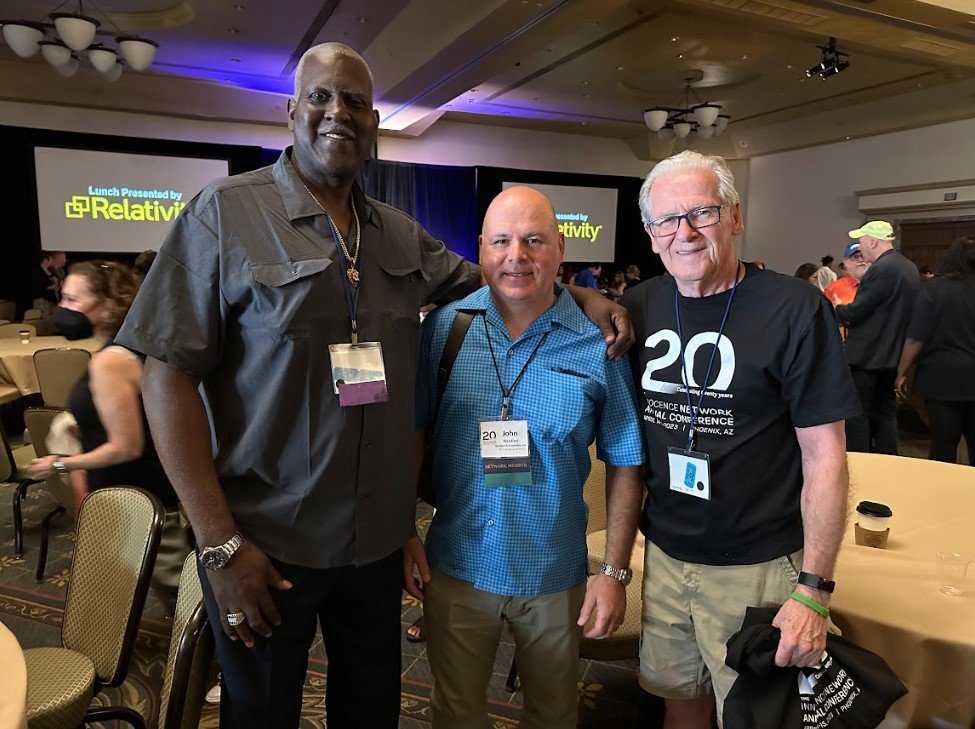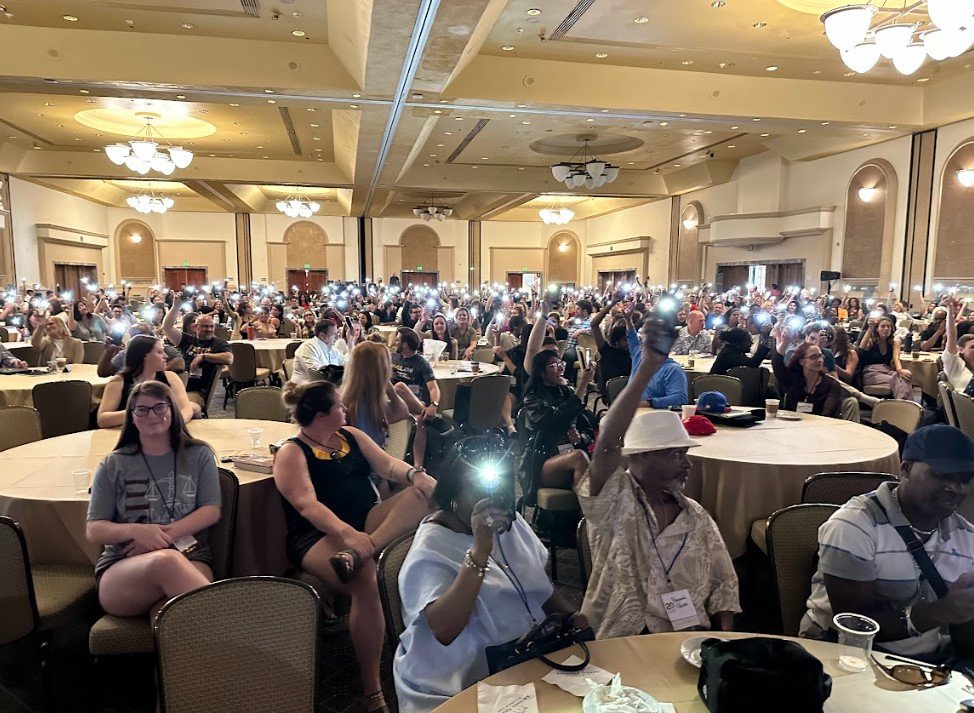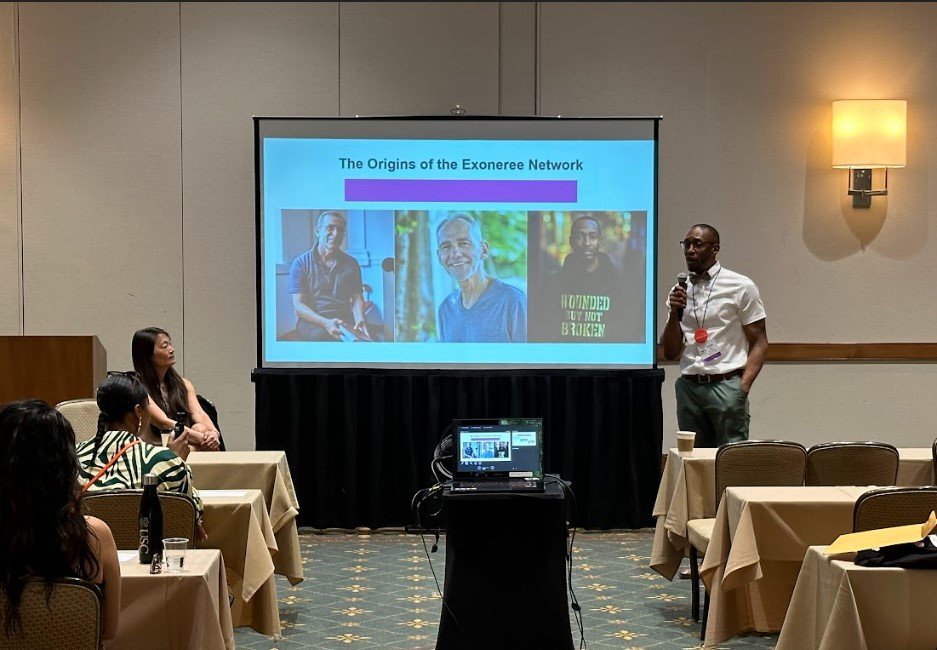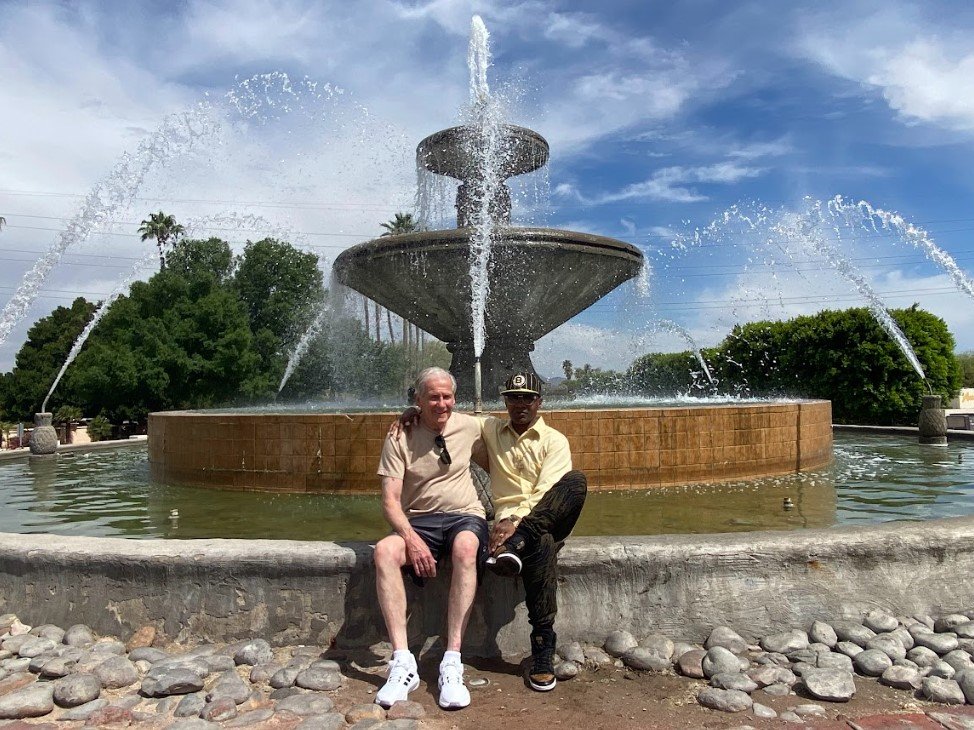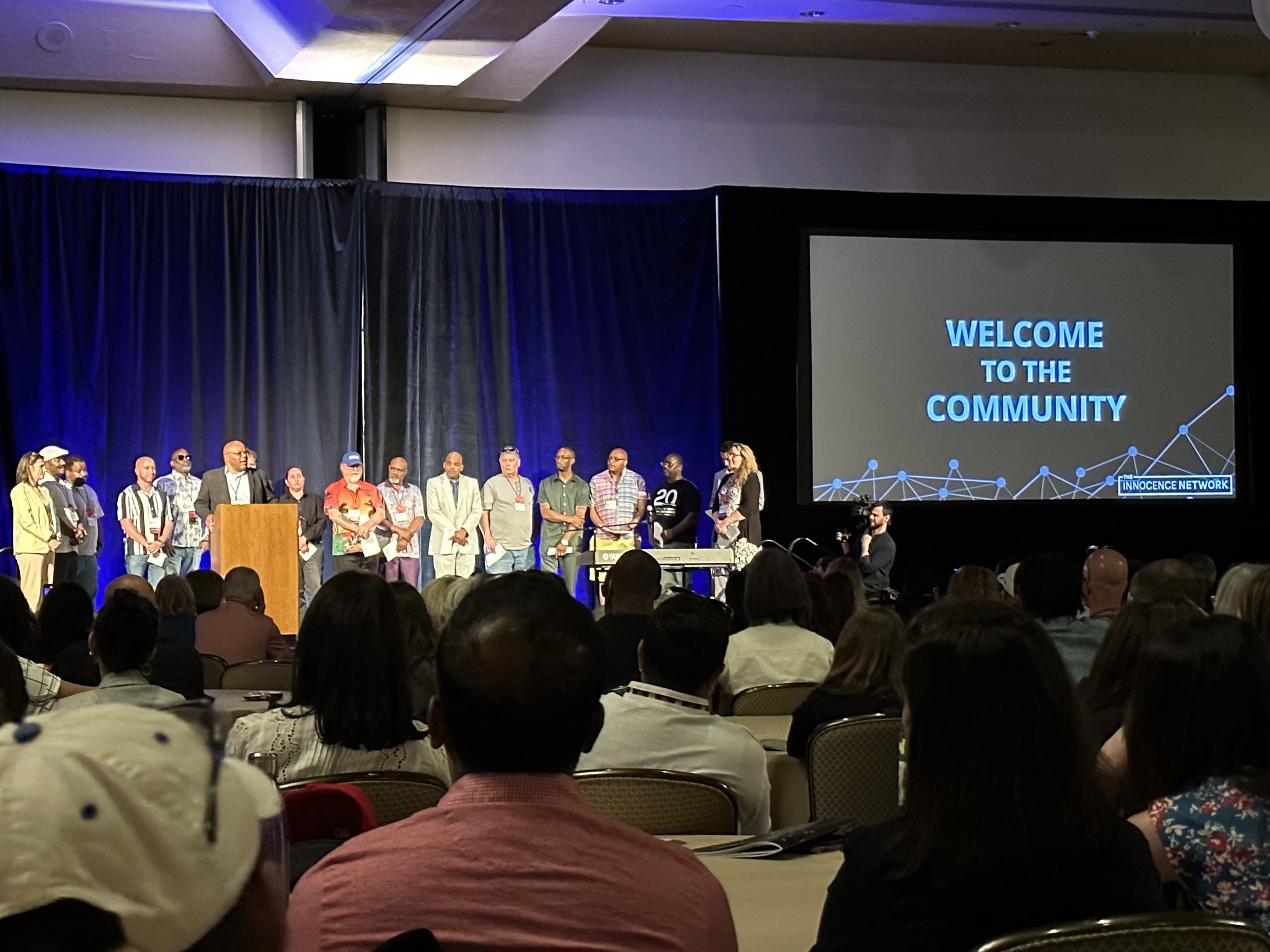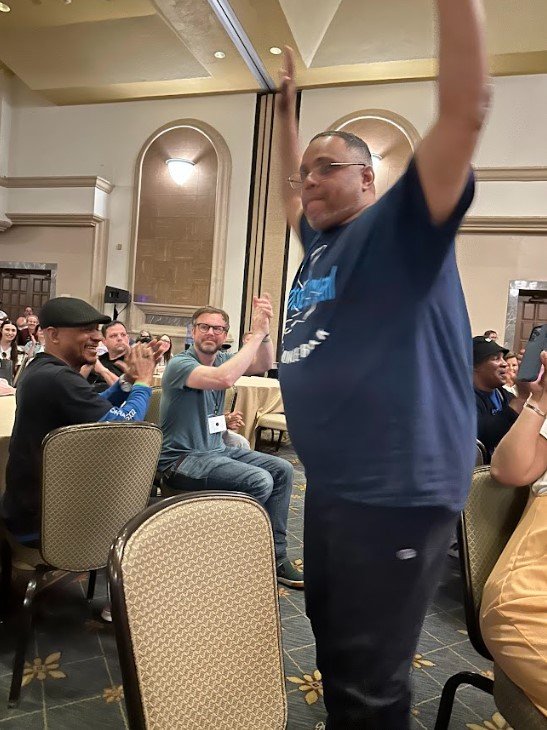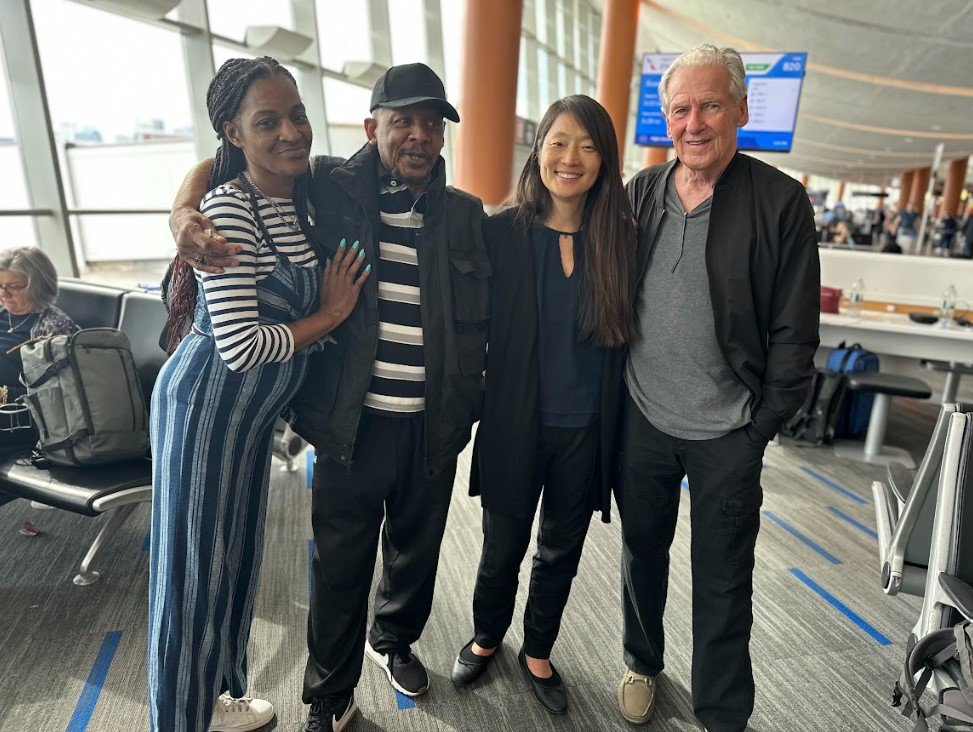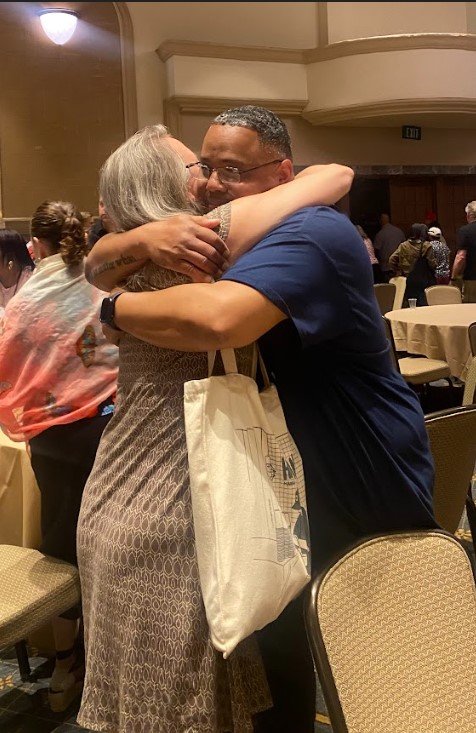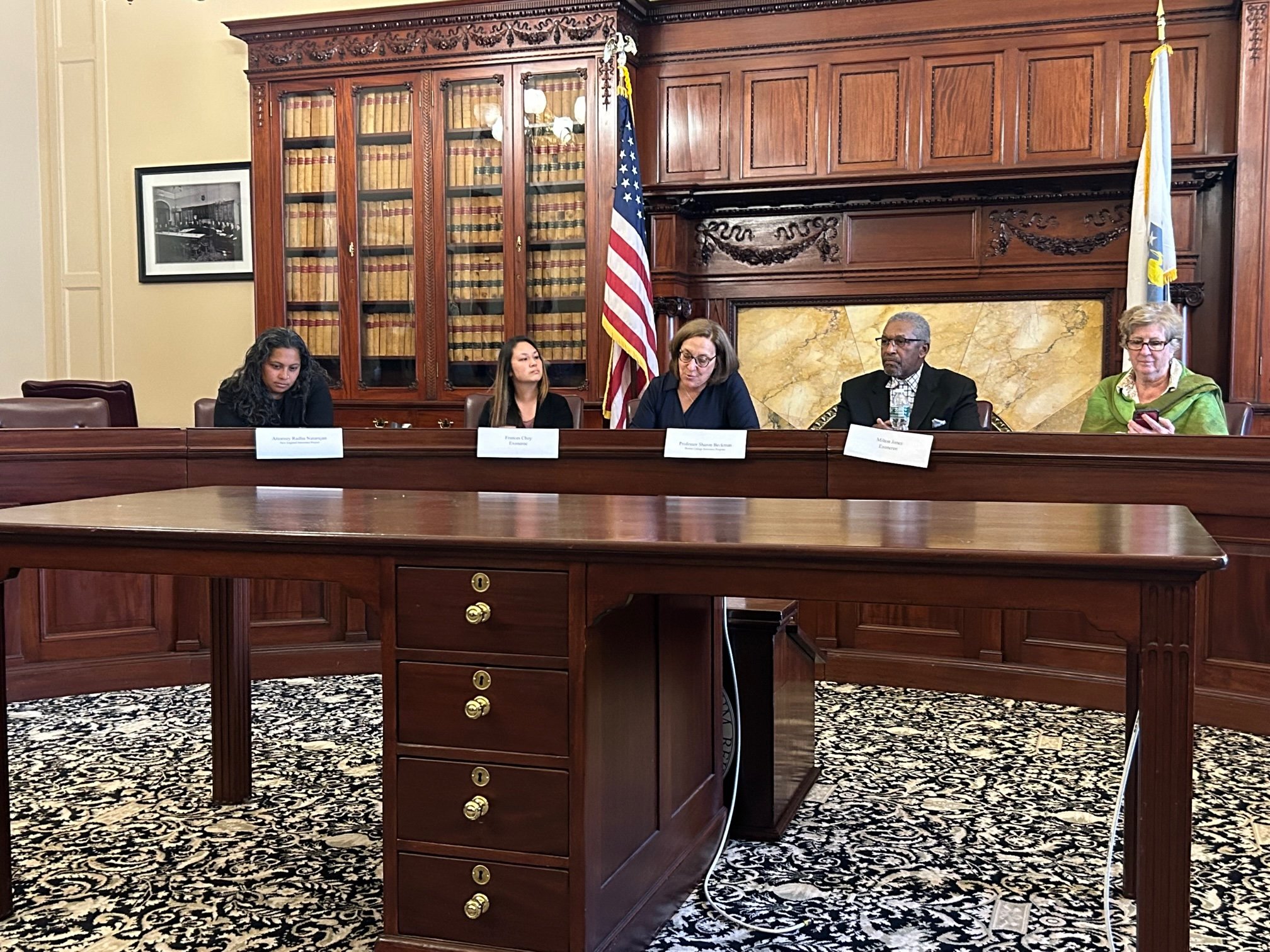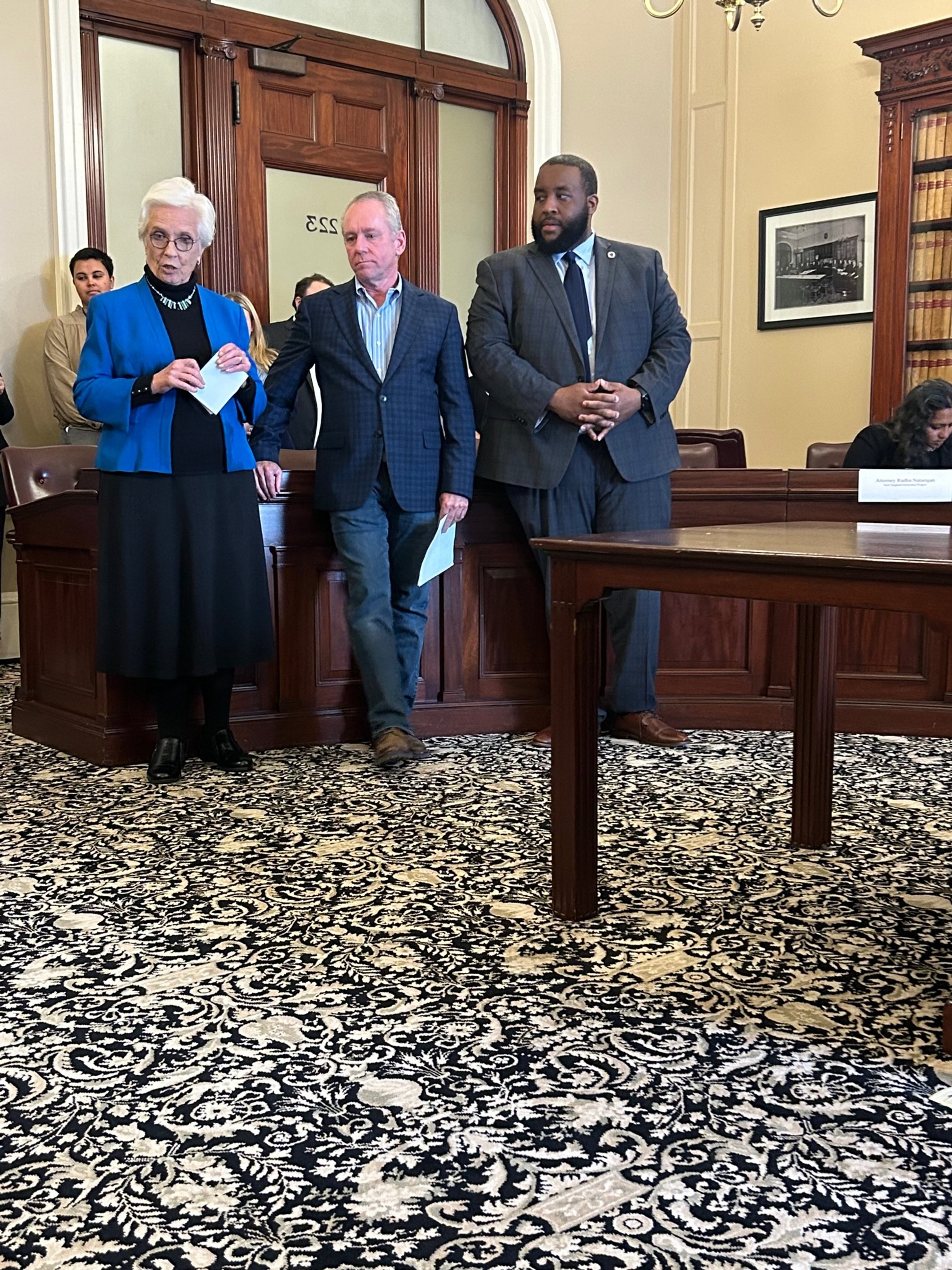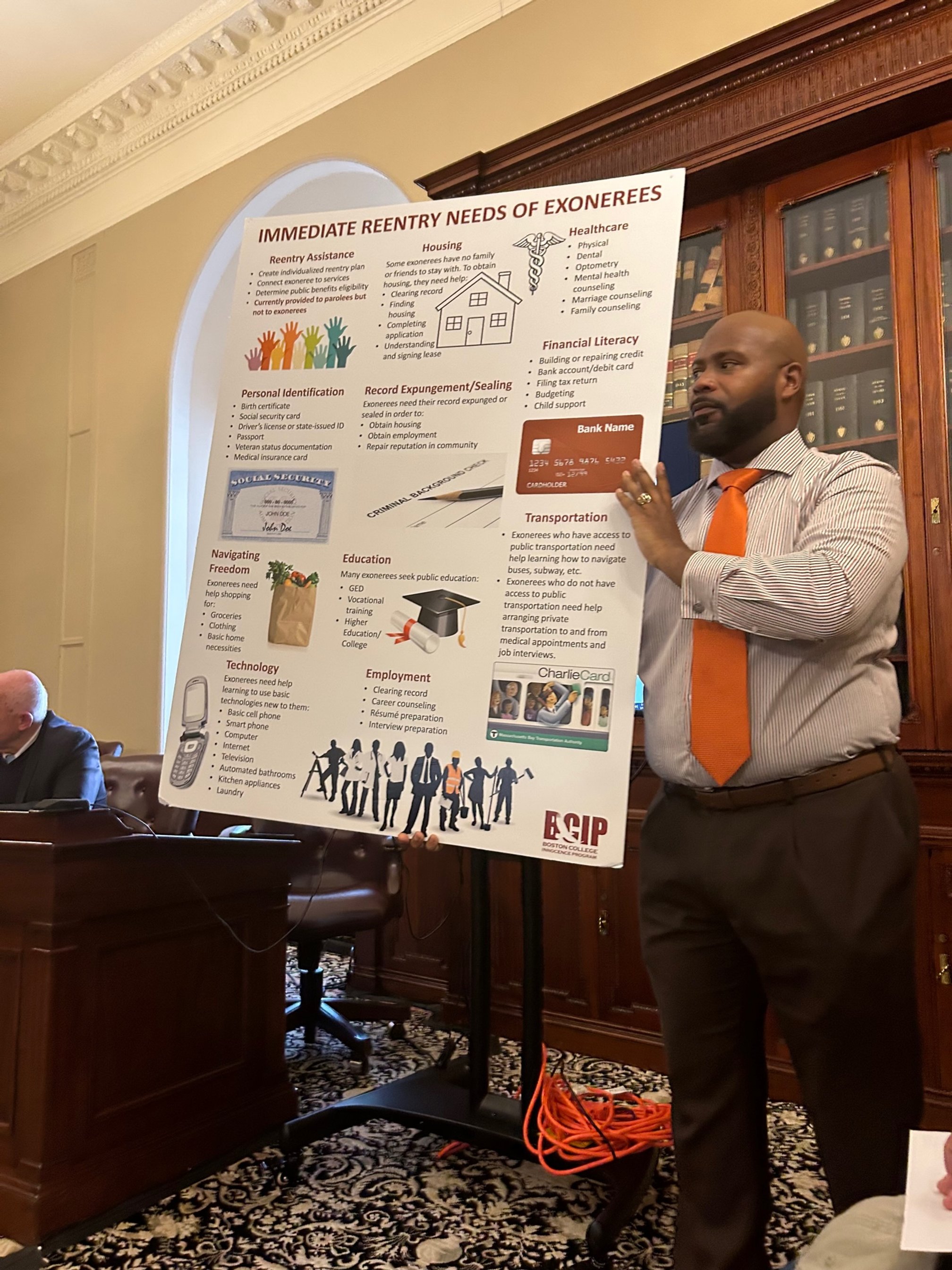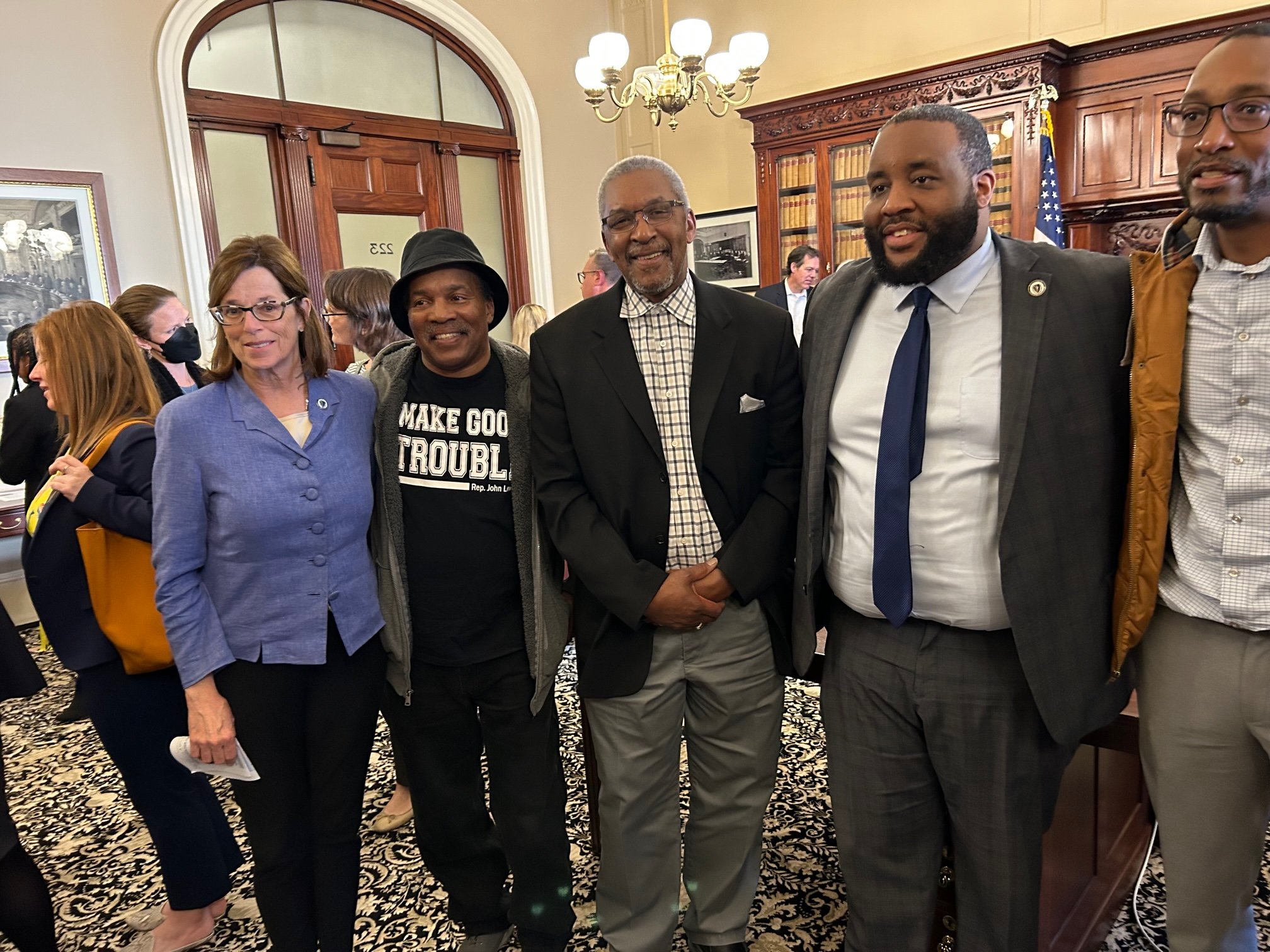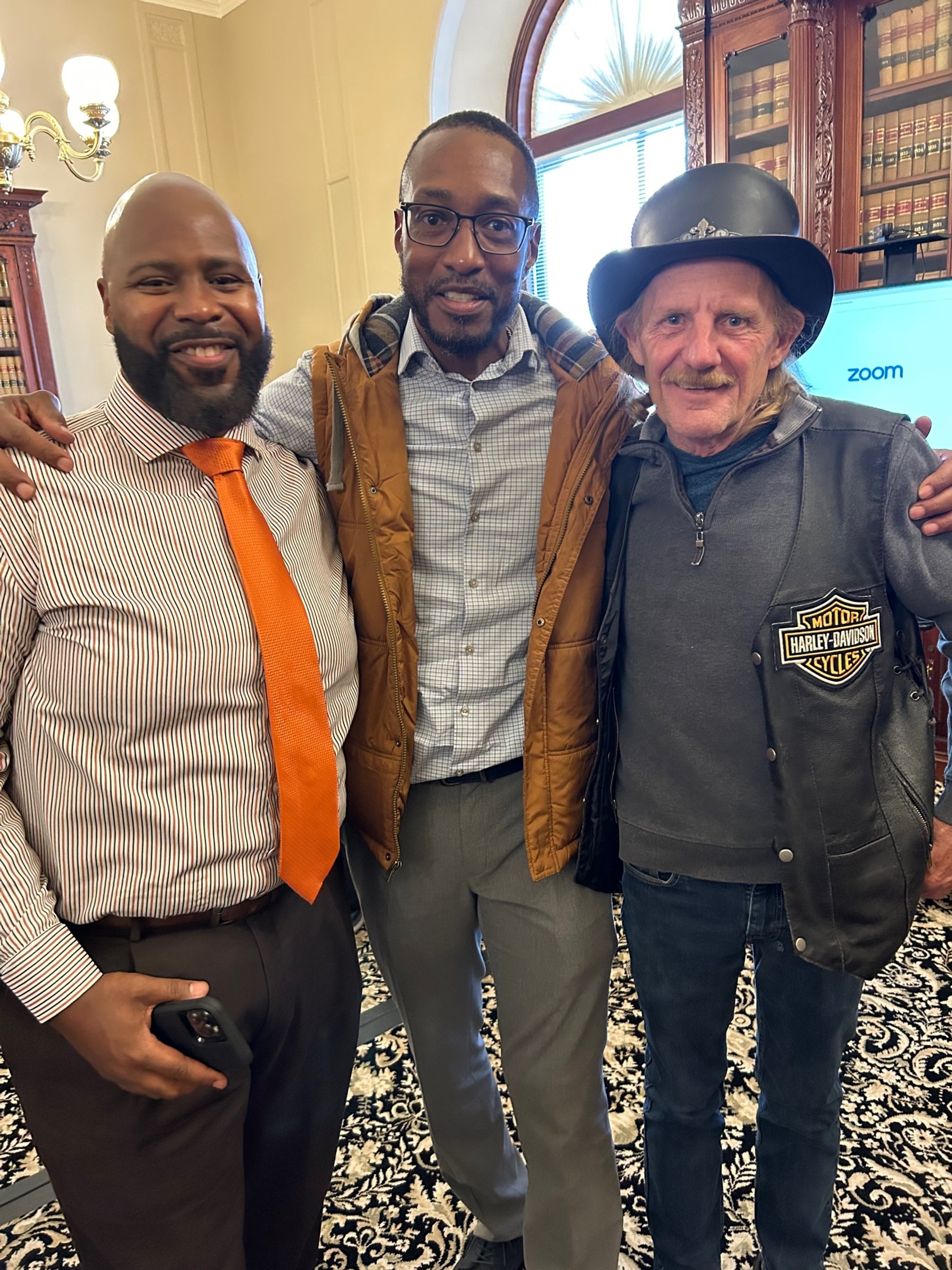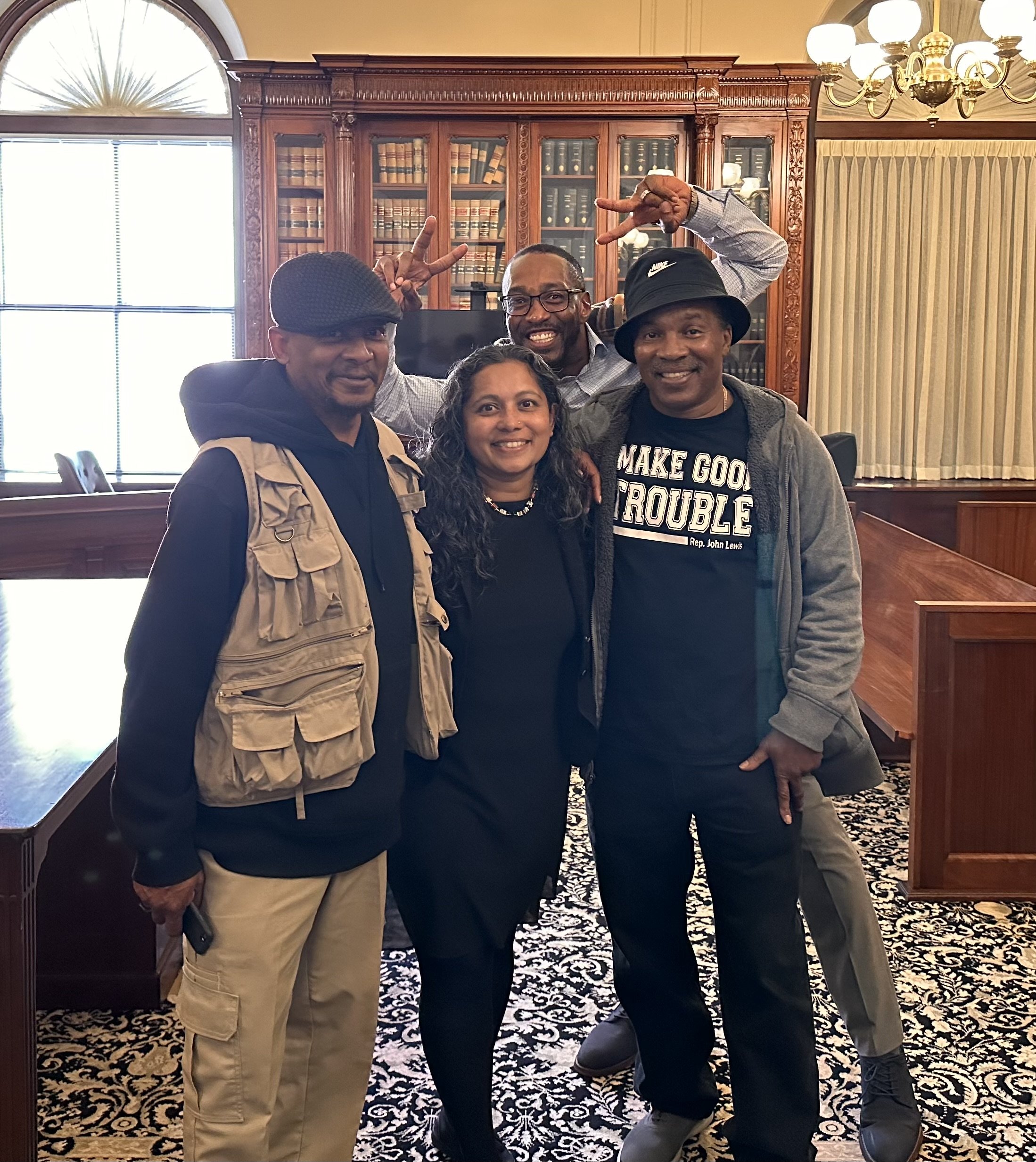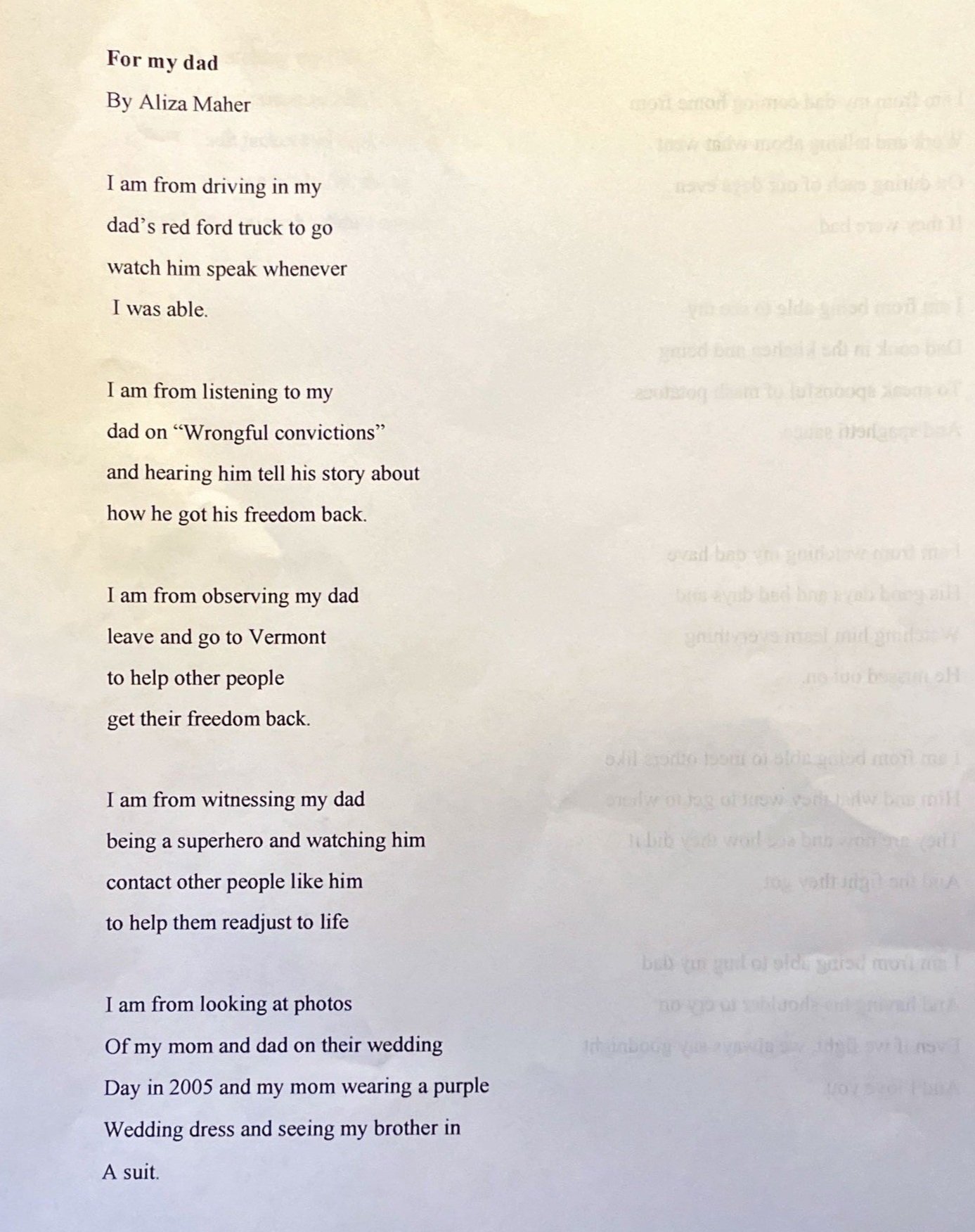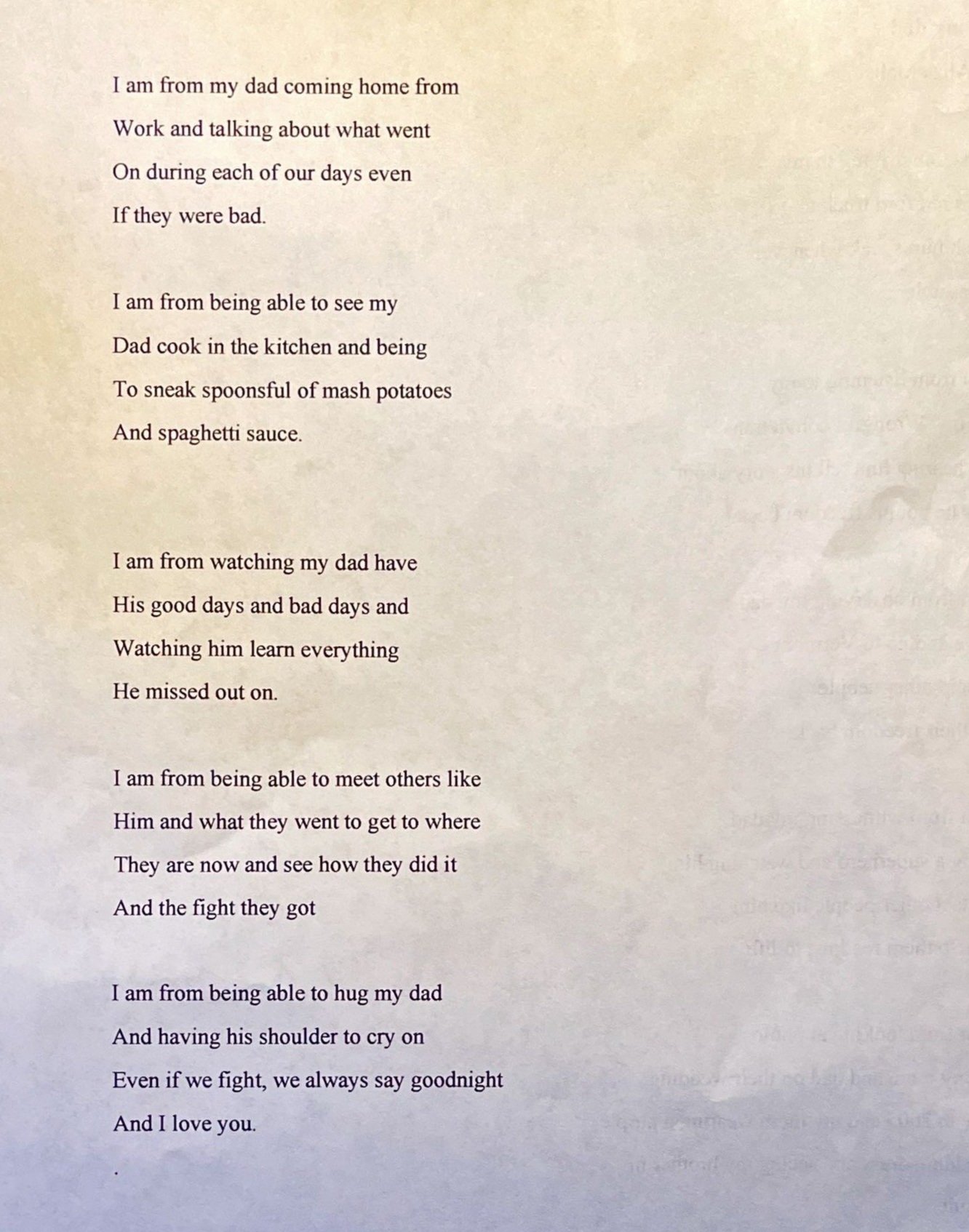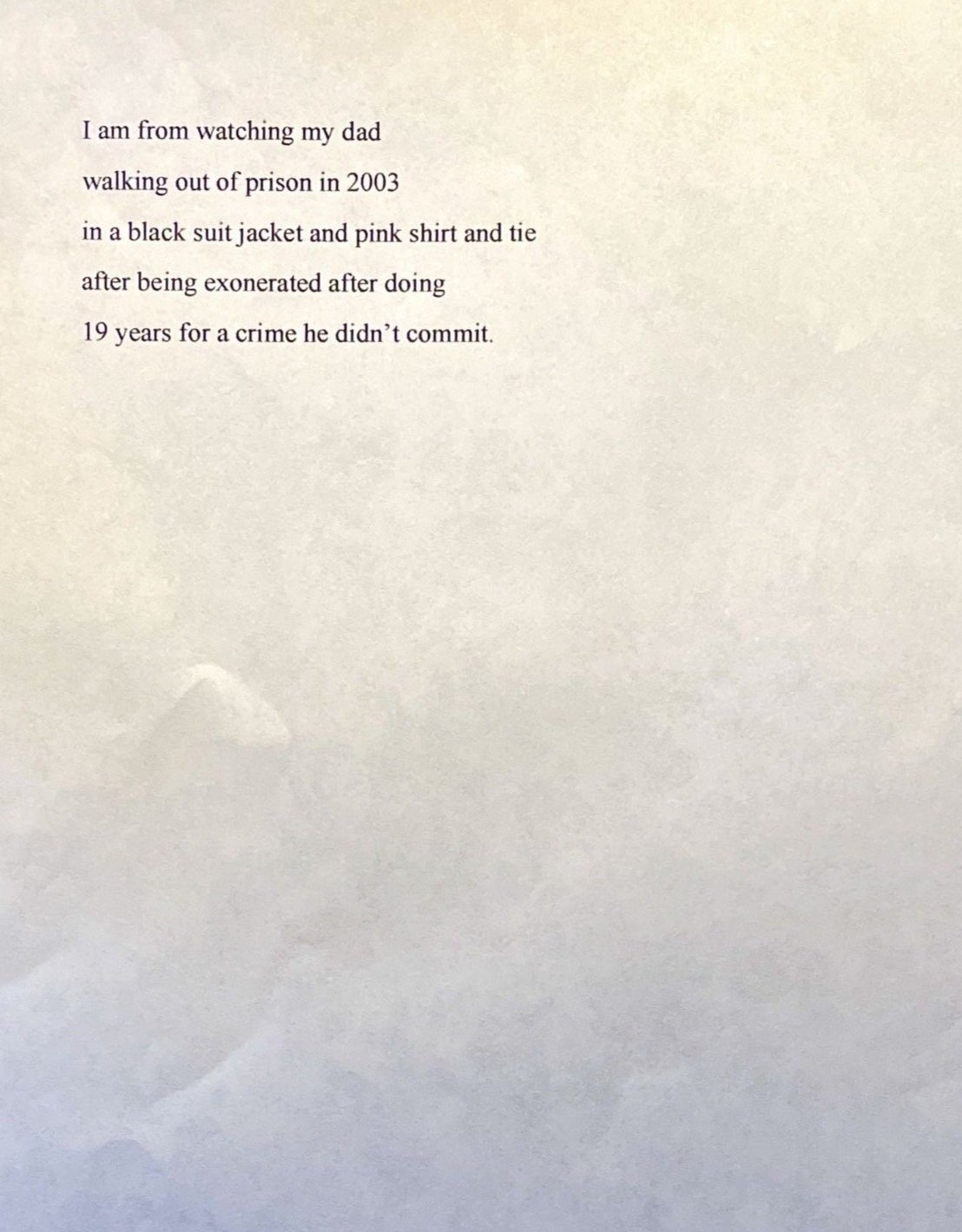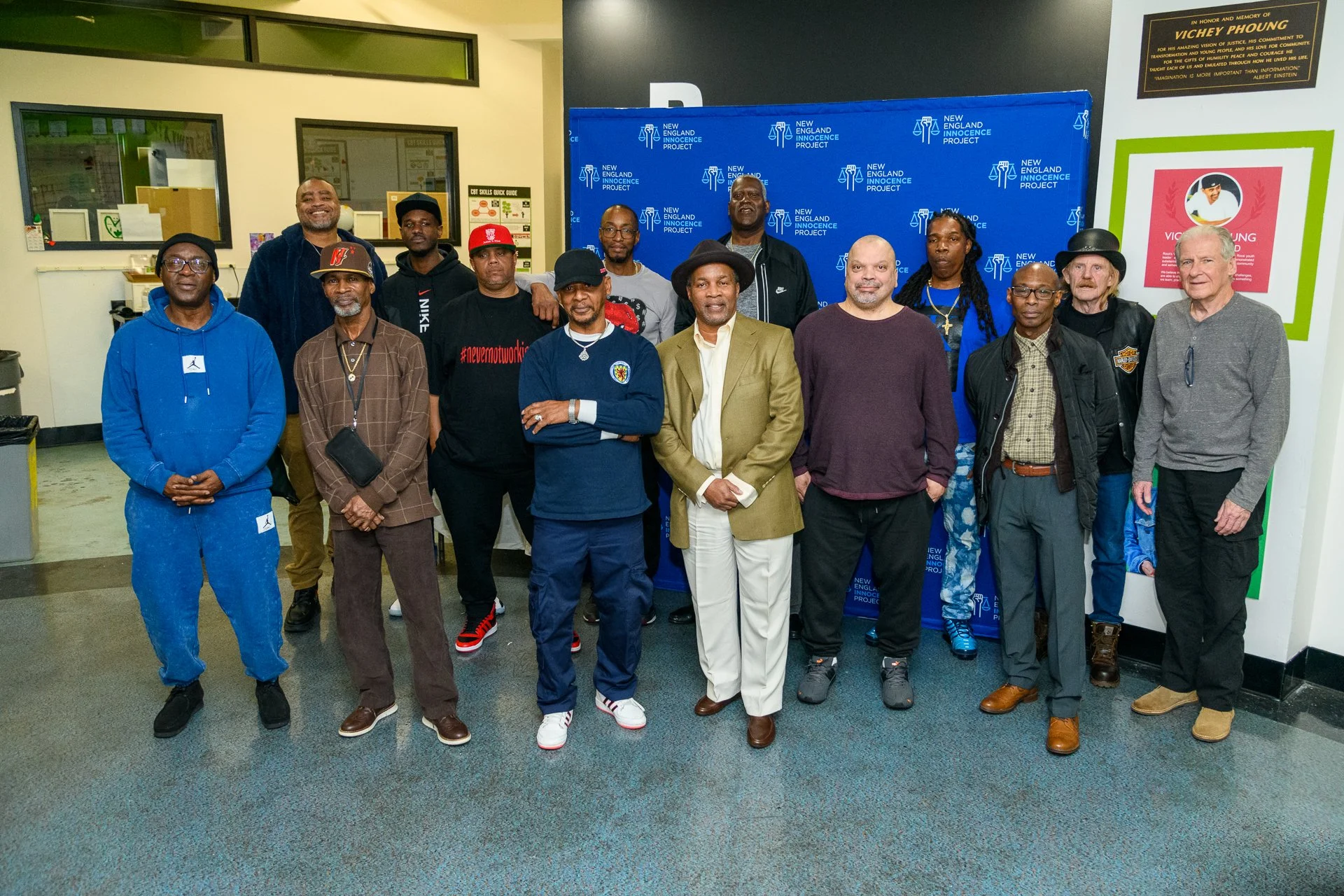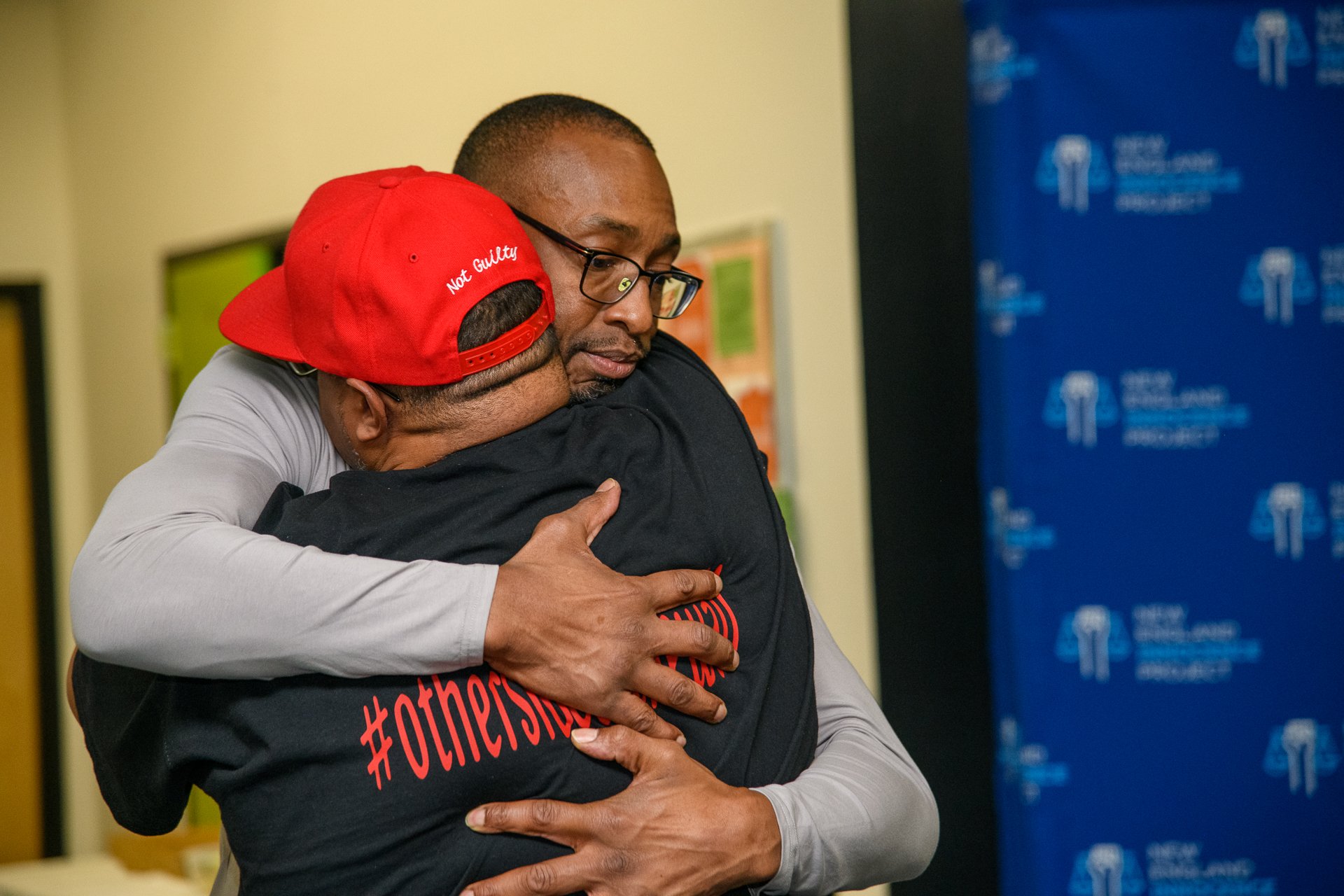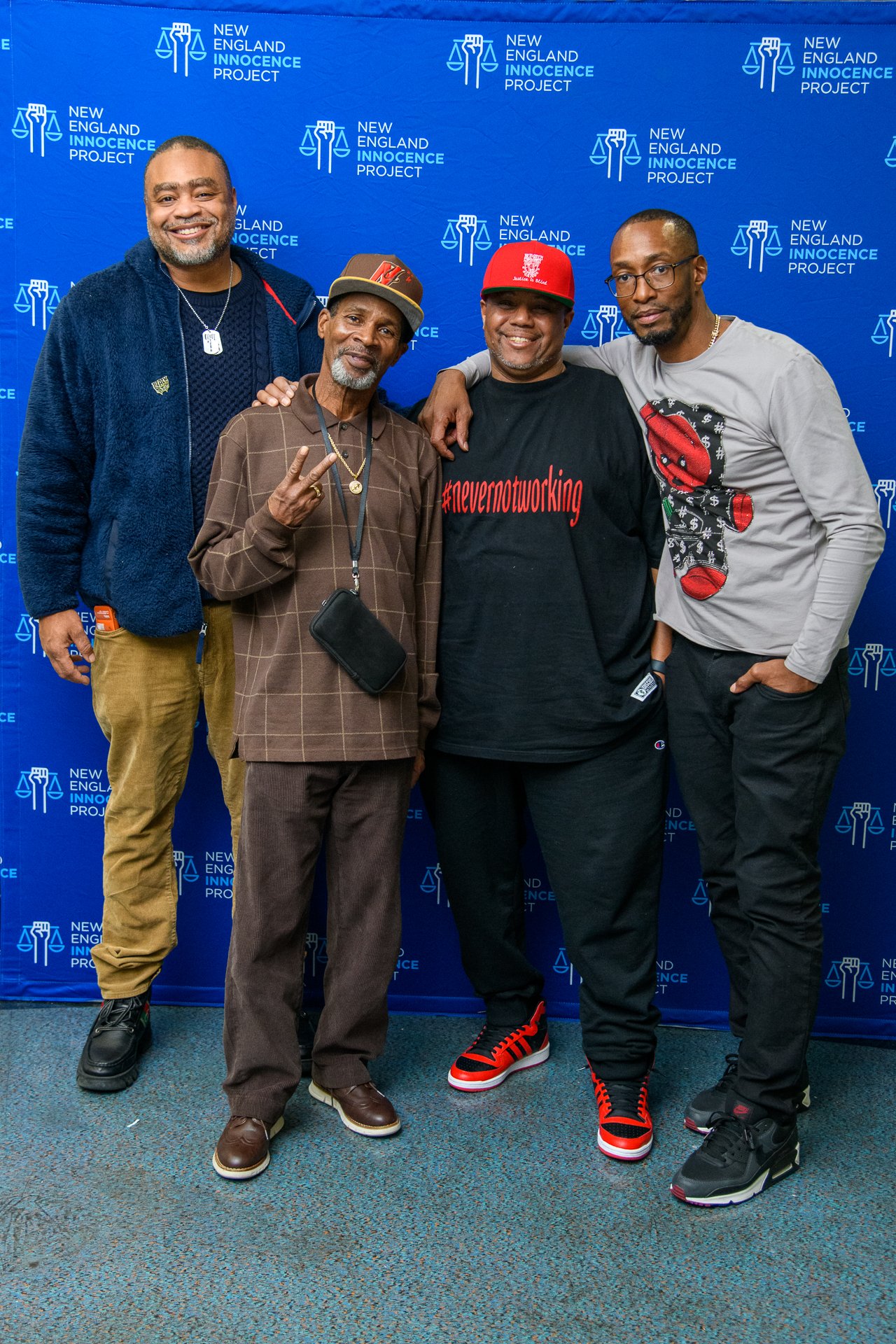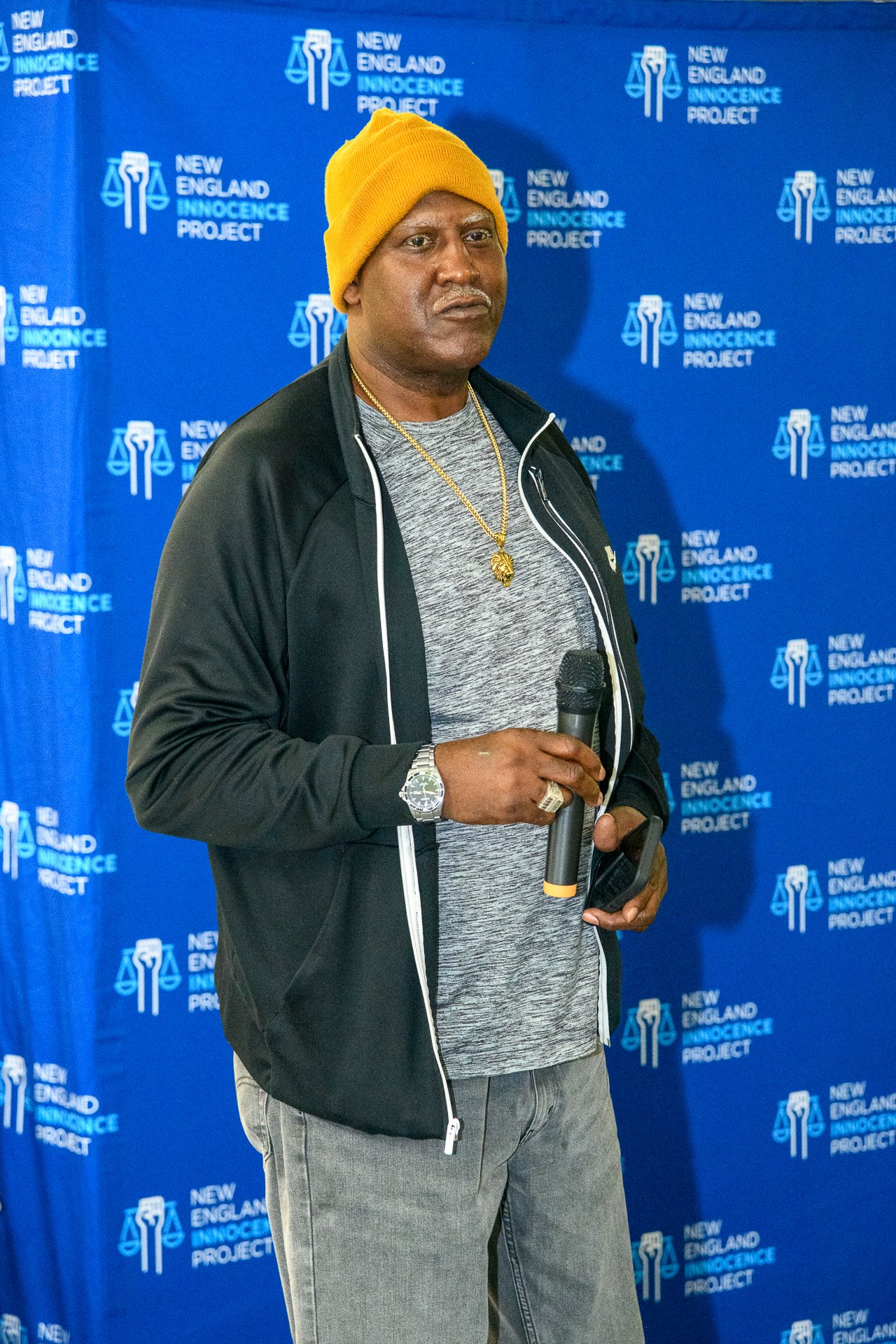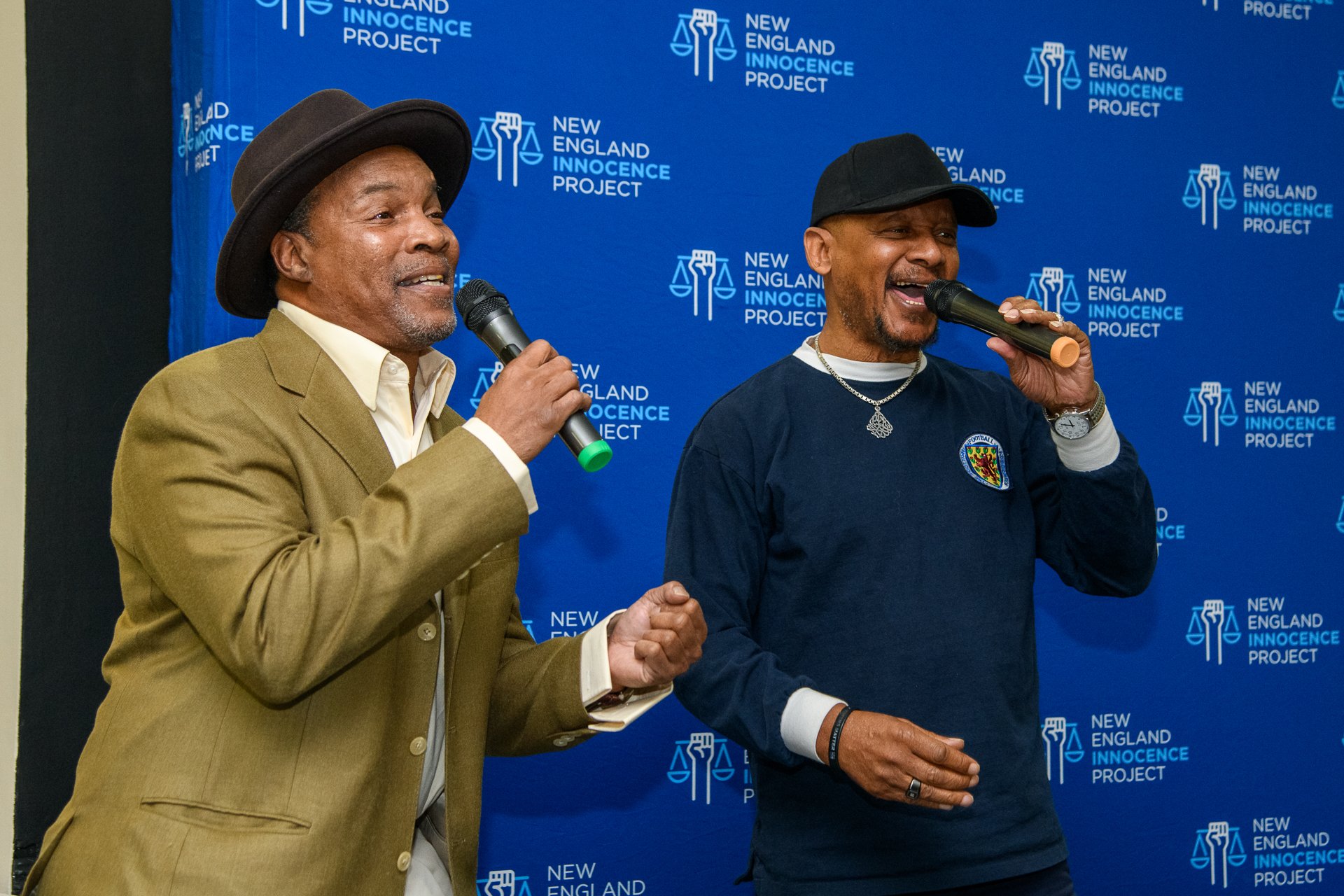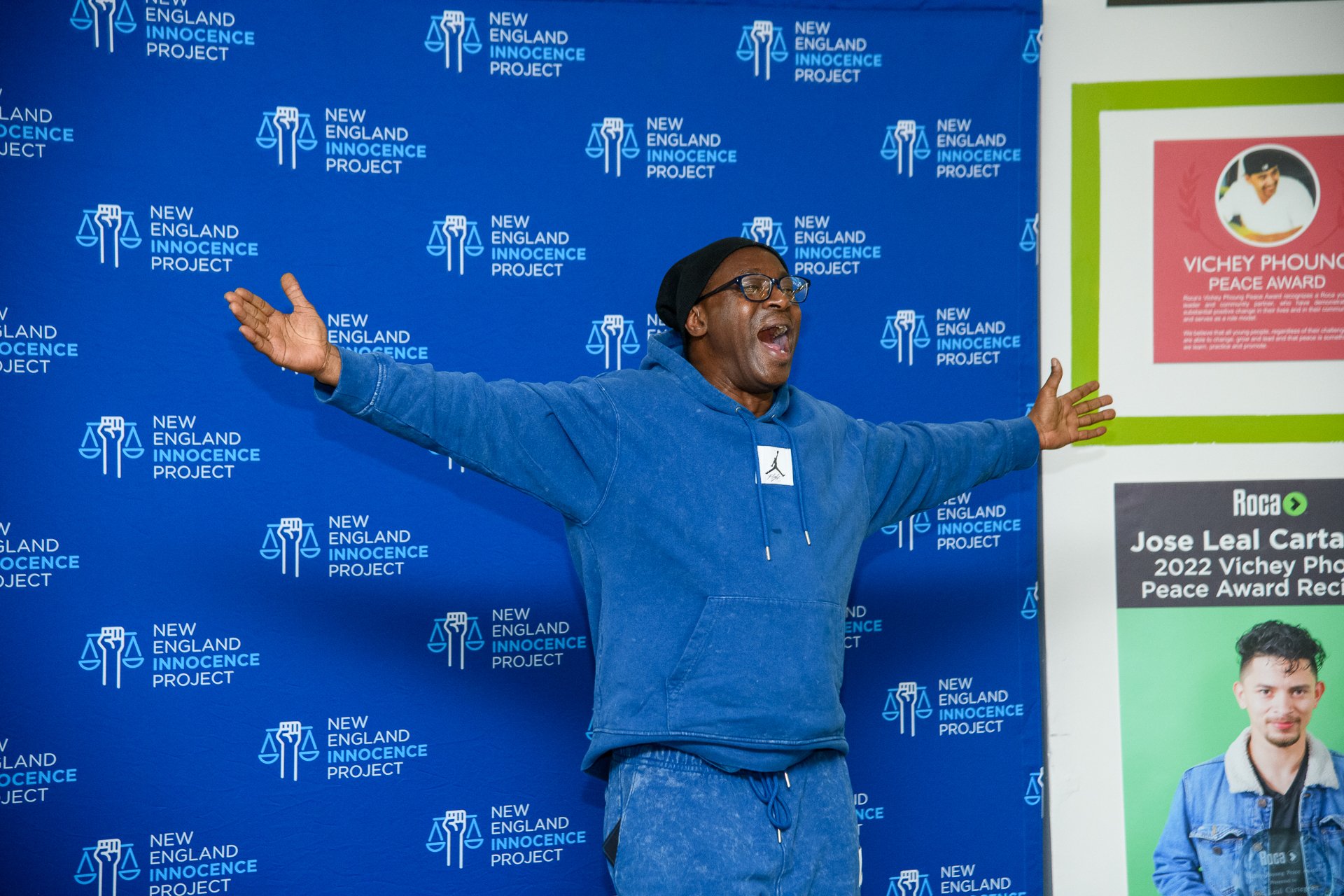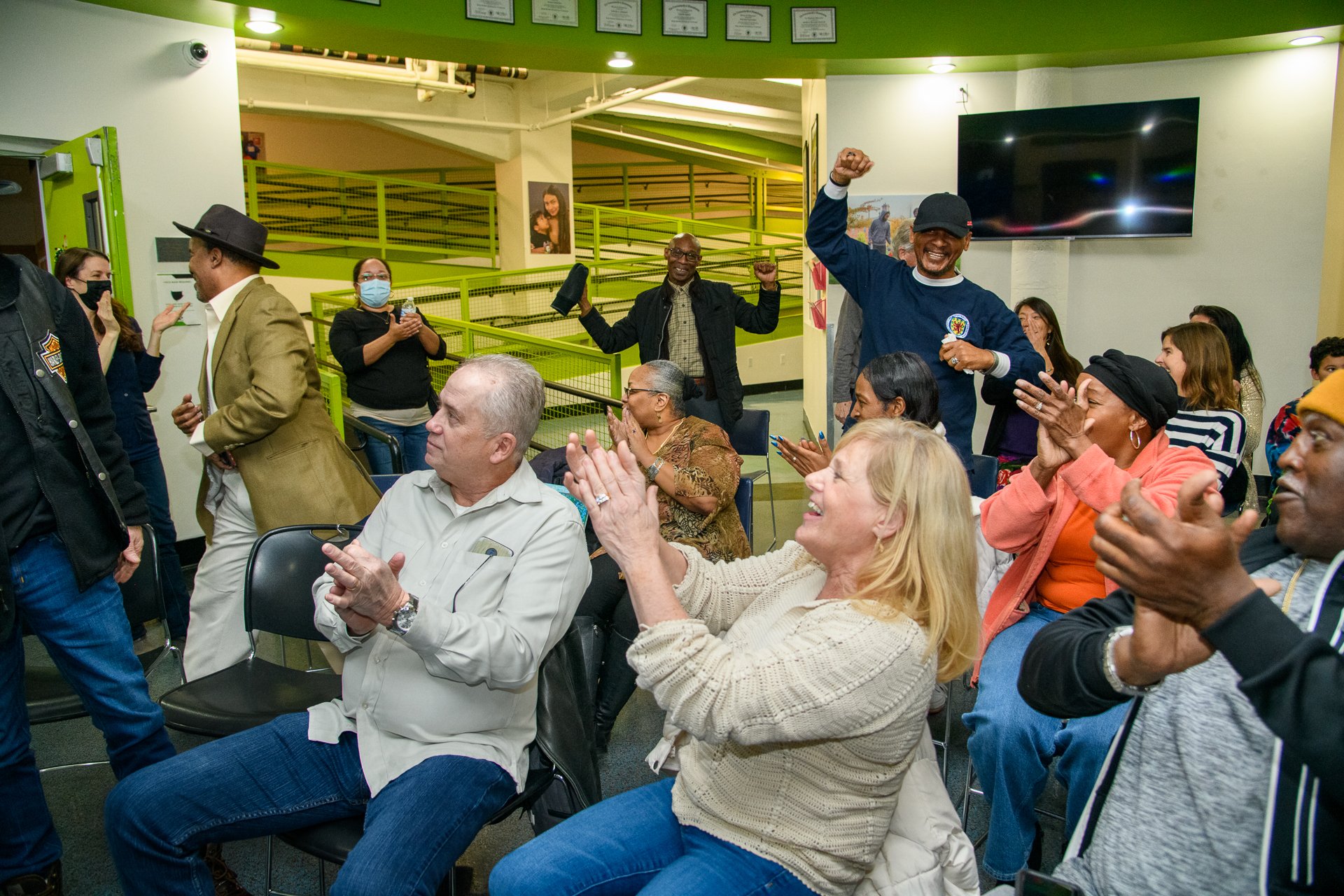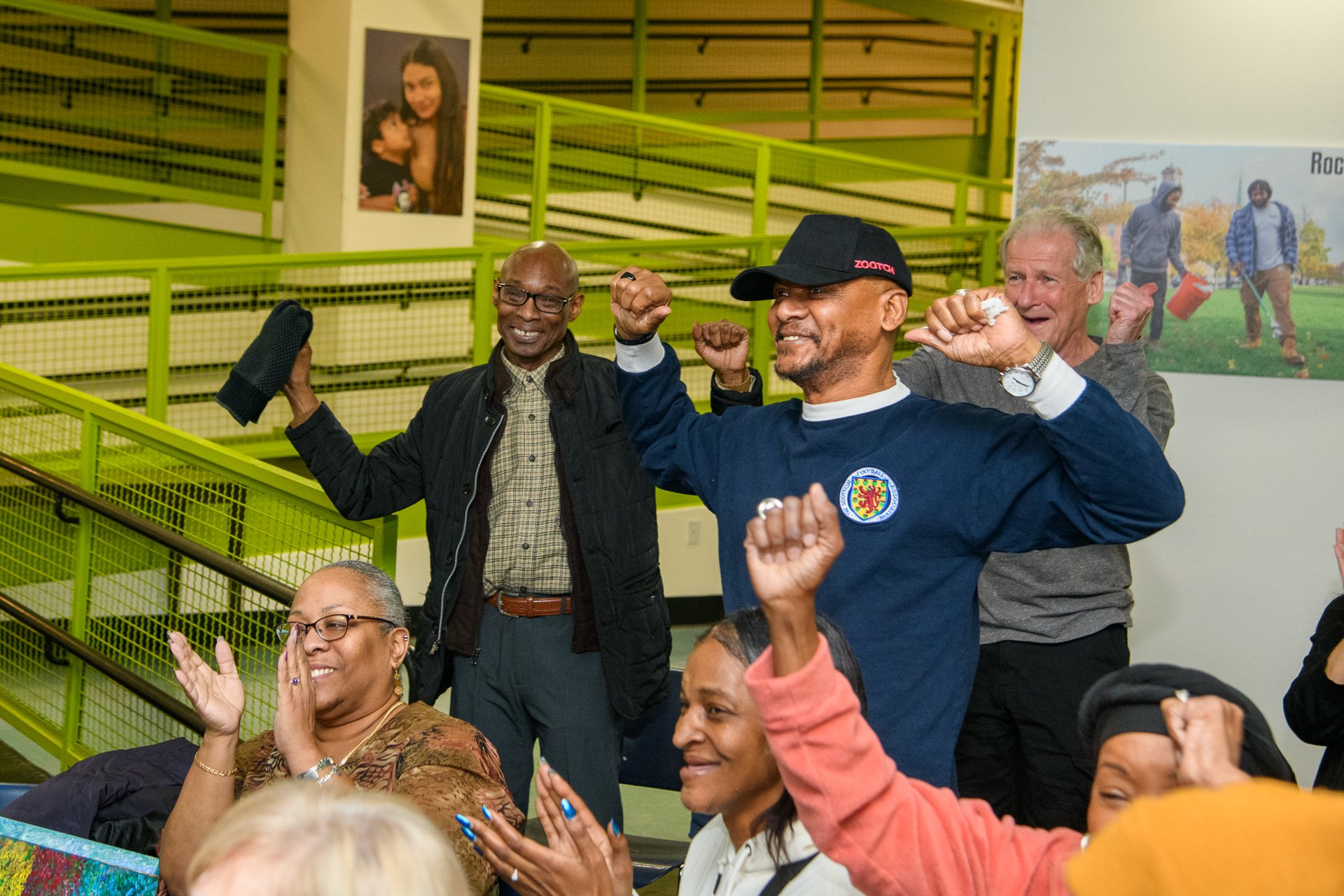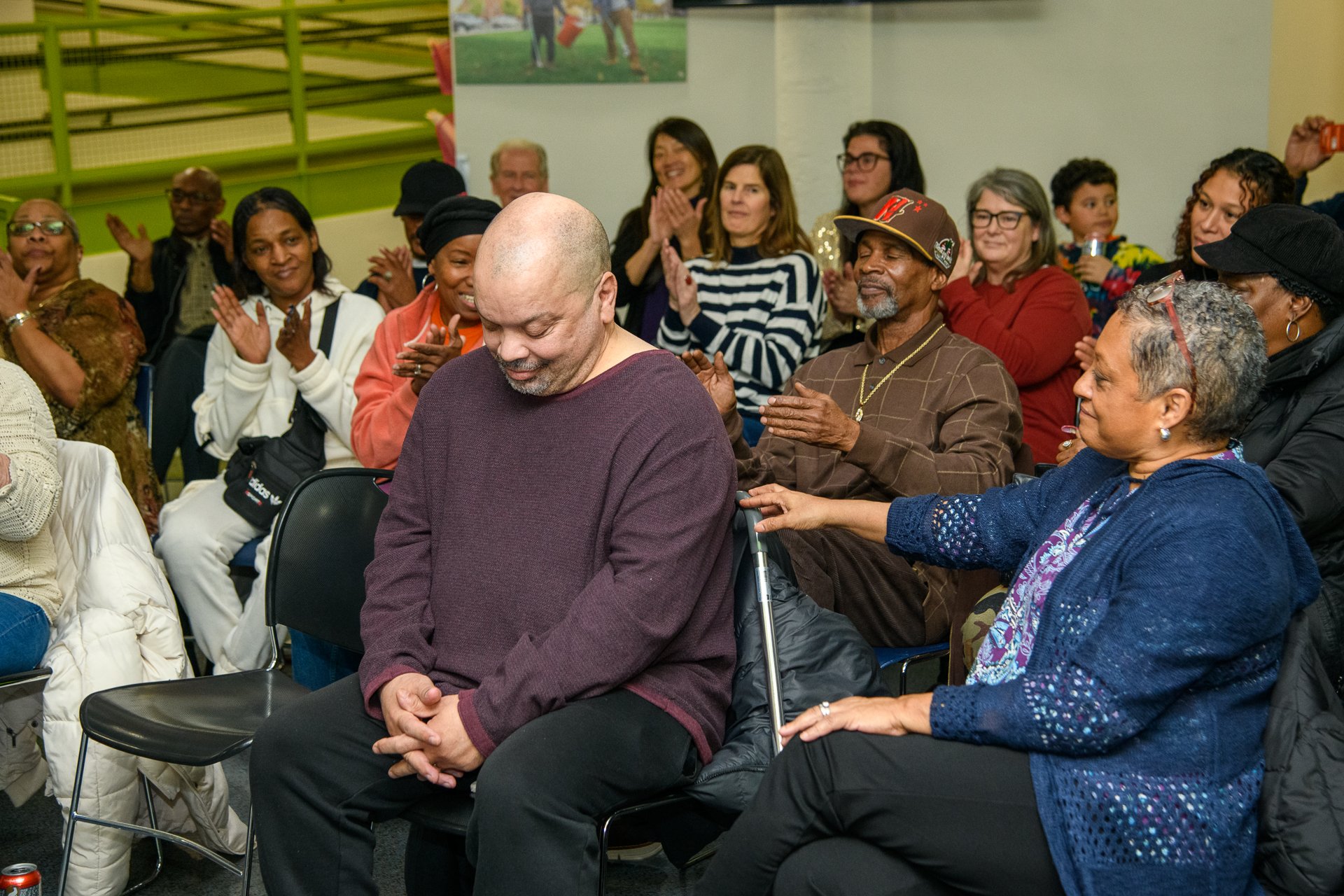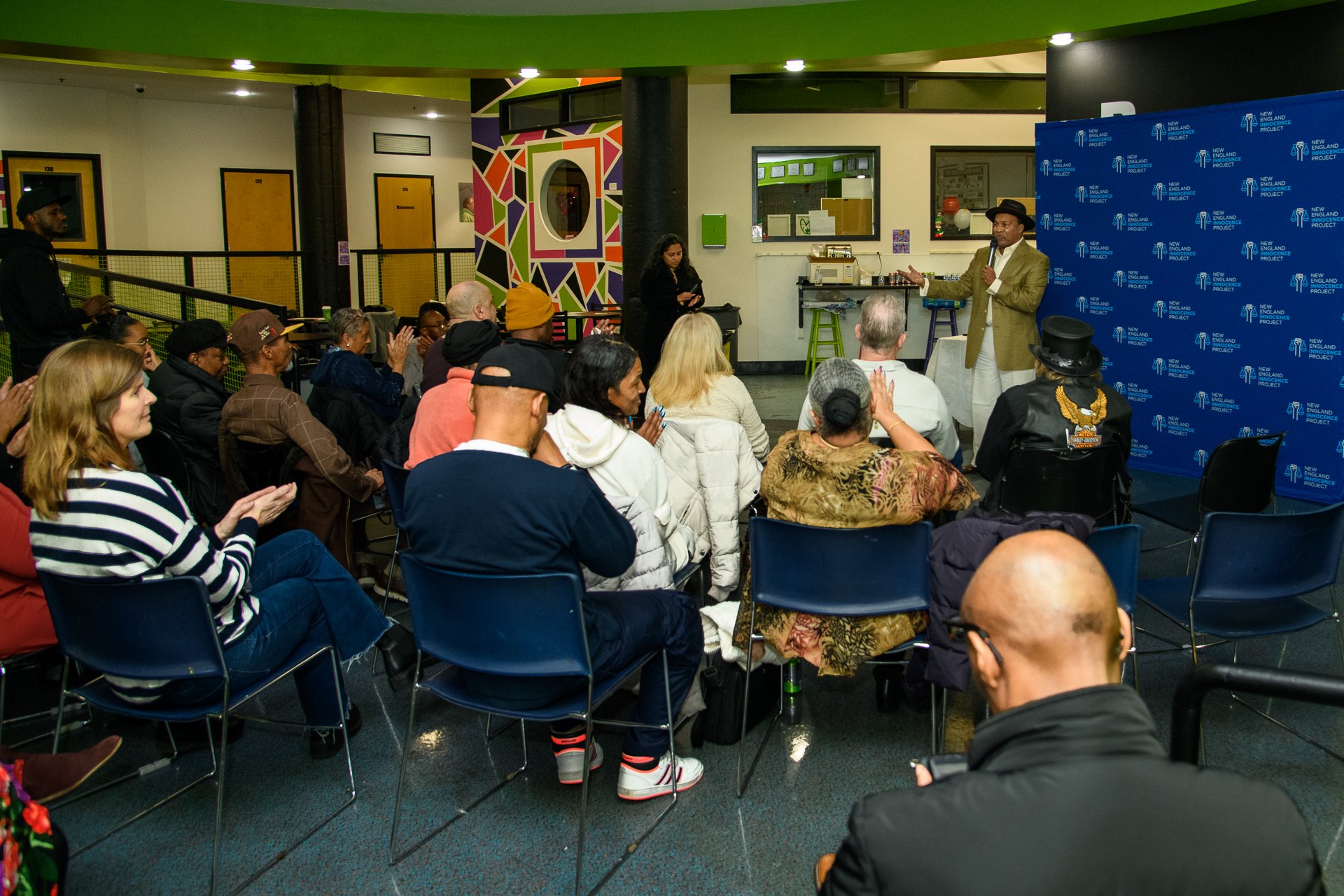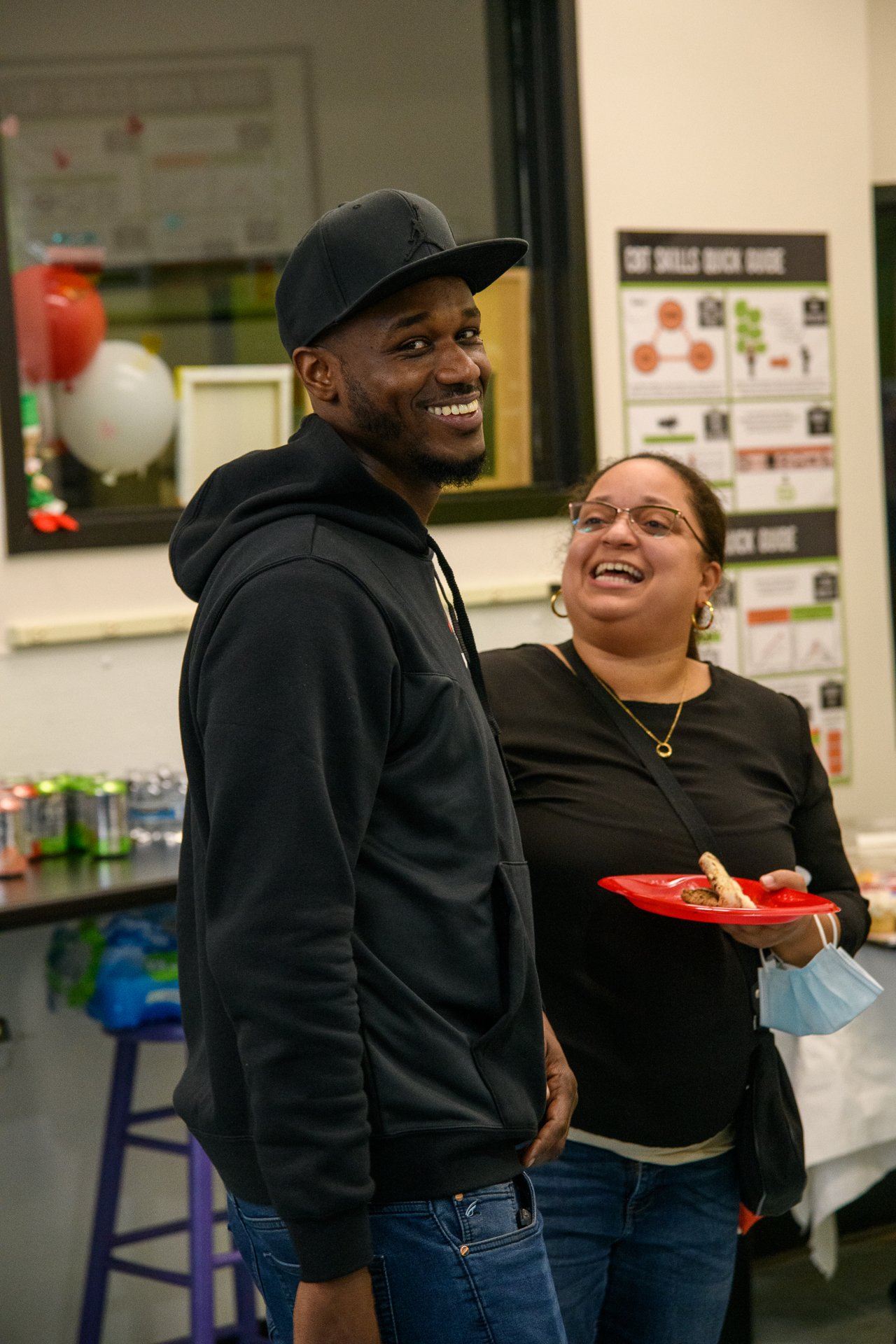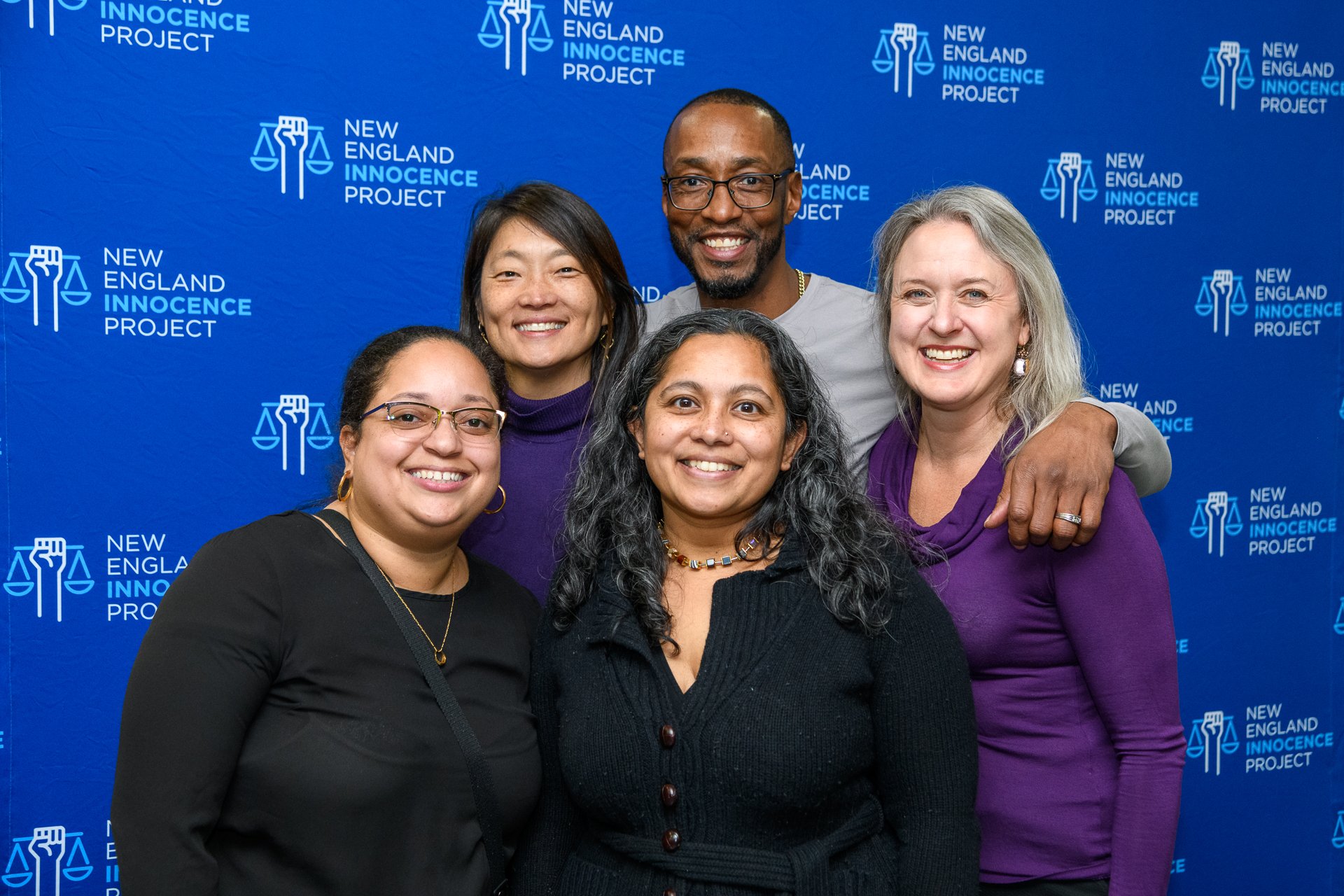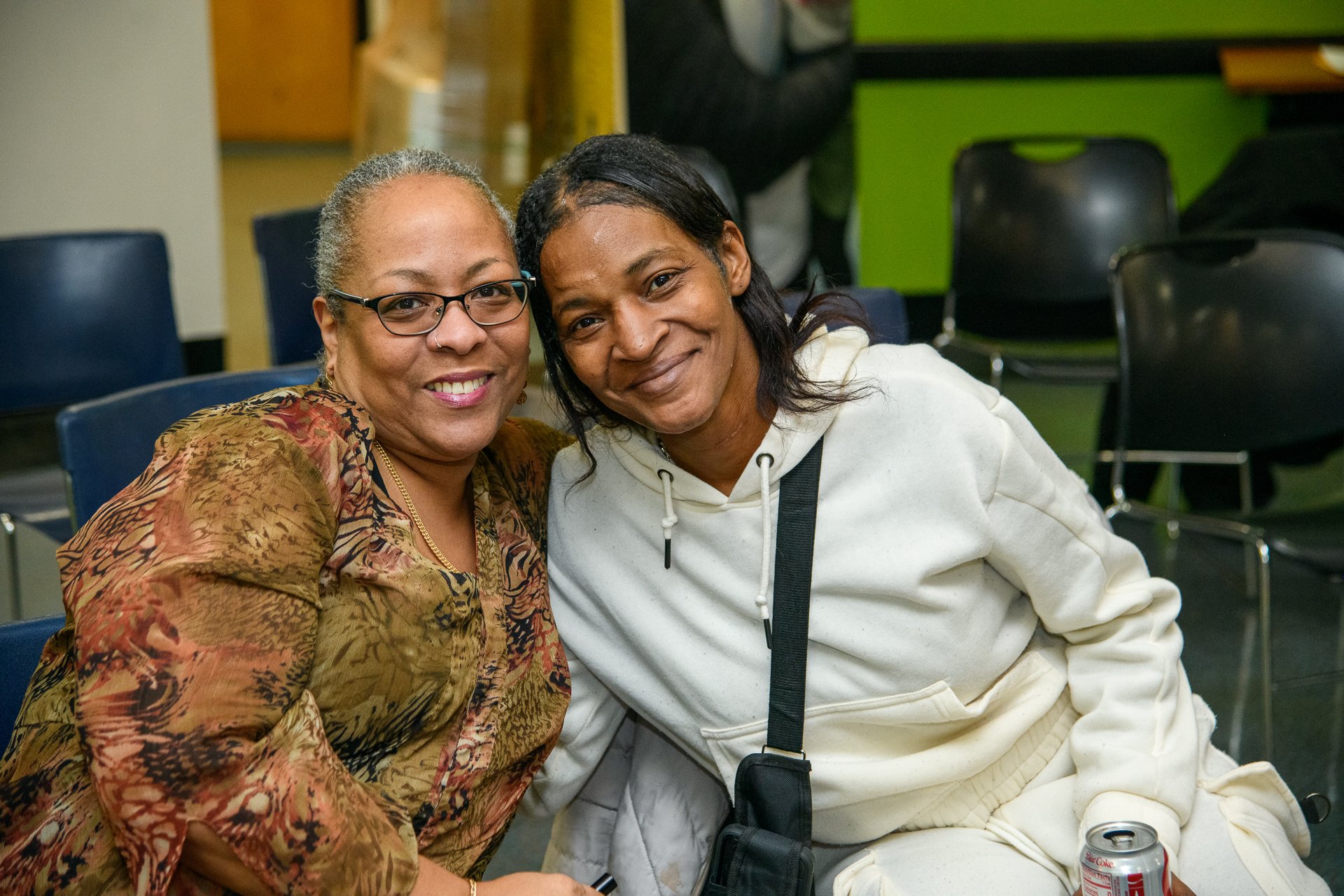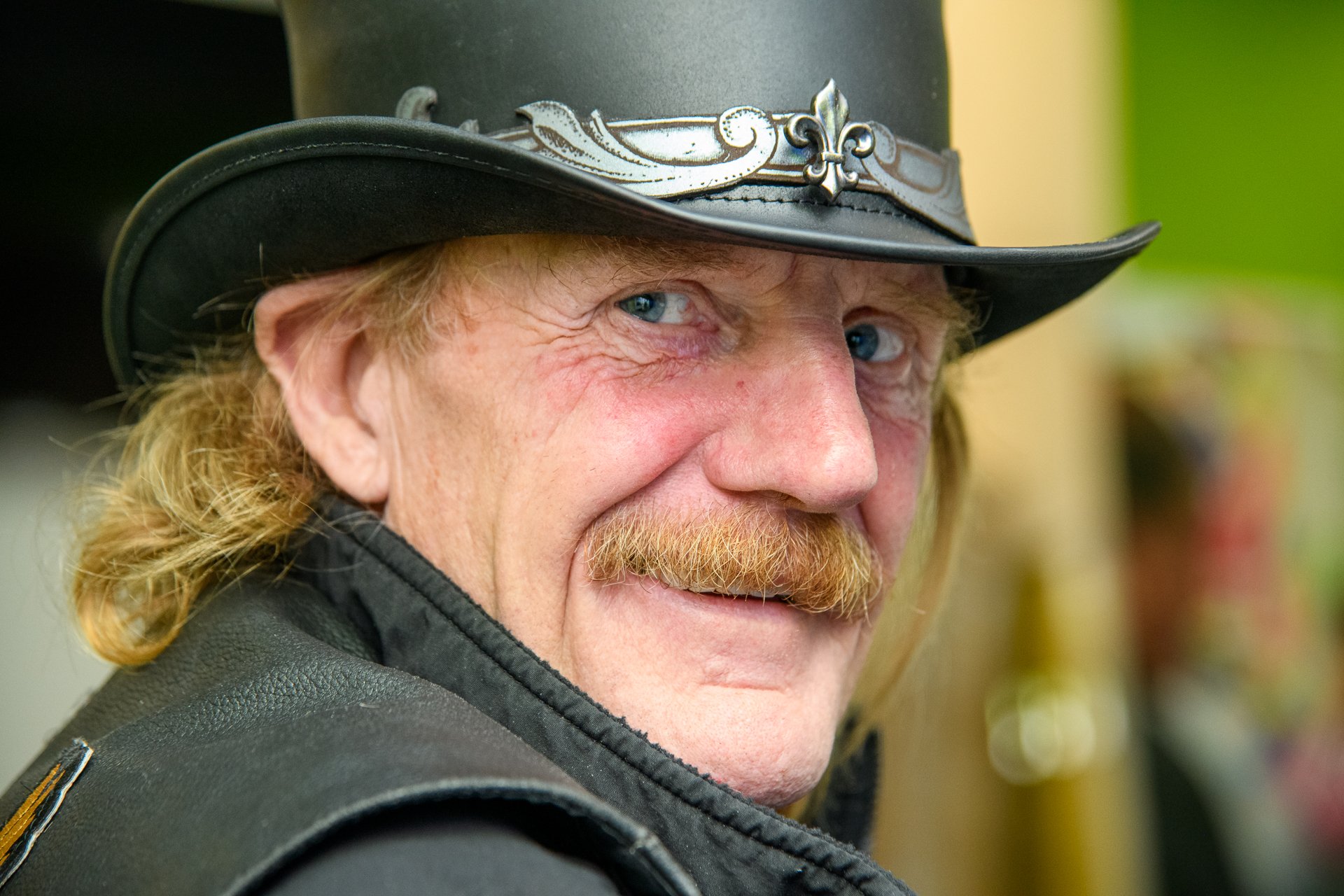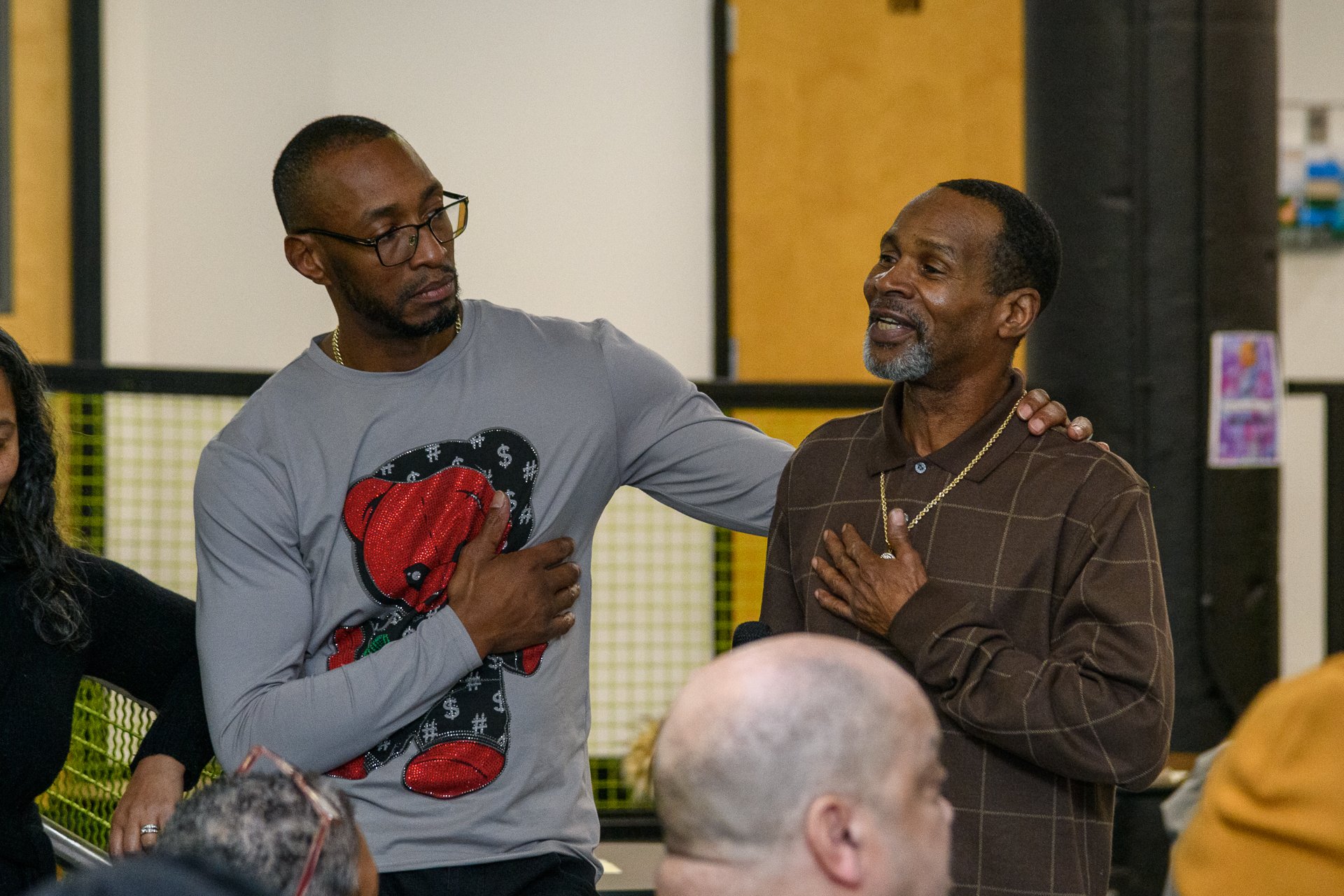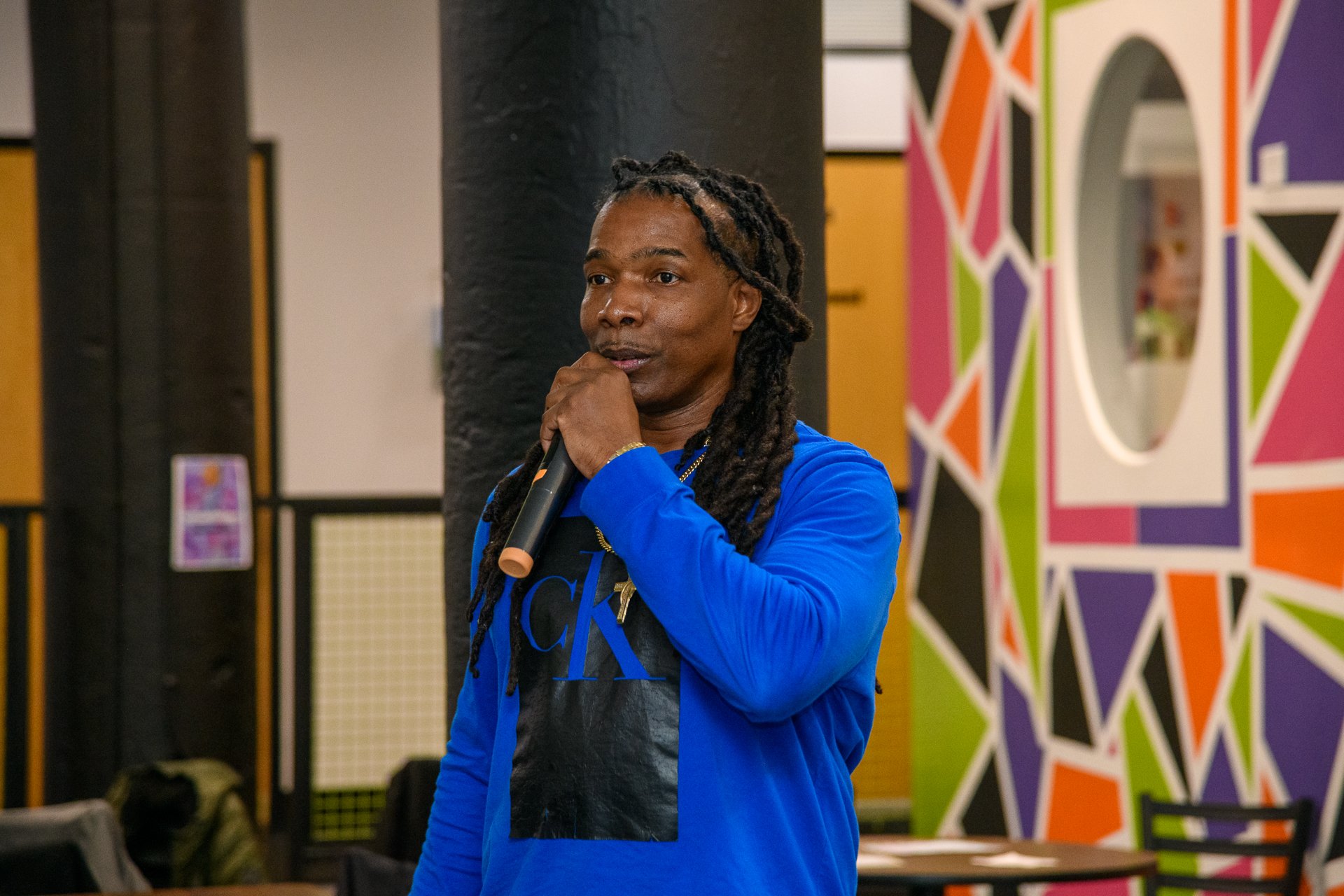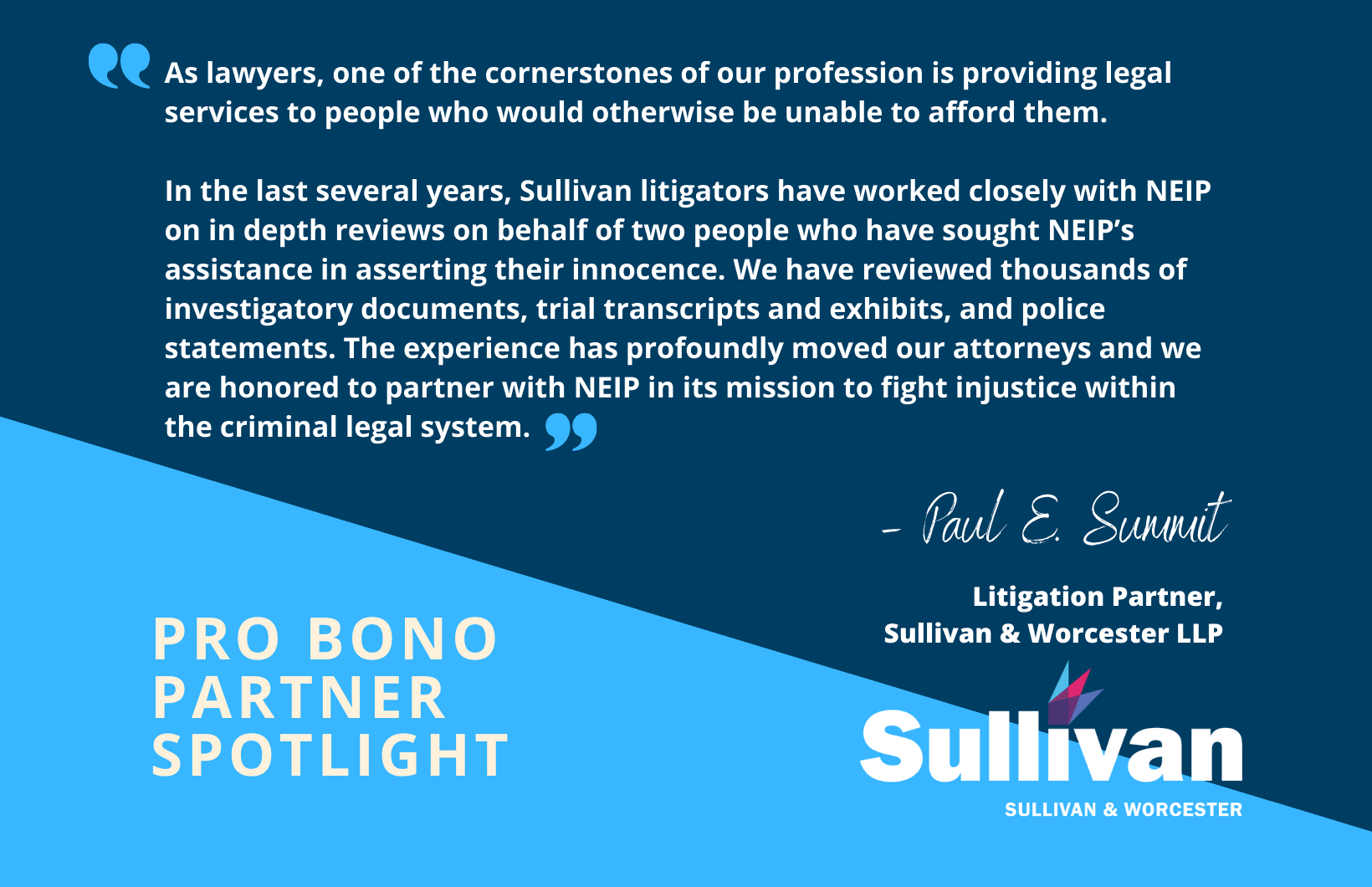Exonerees Lobby to Reform Massachusetts Compensation Law
on International Wrongful Conviction Day
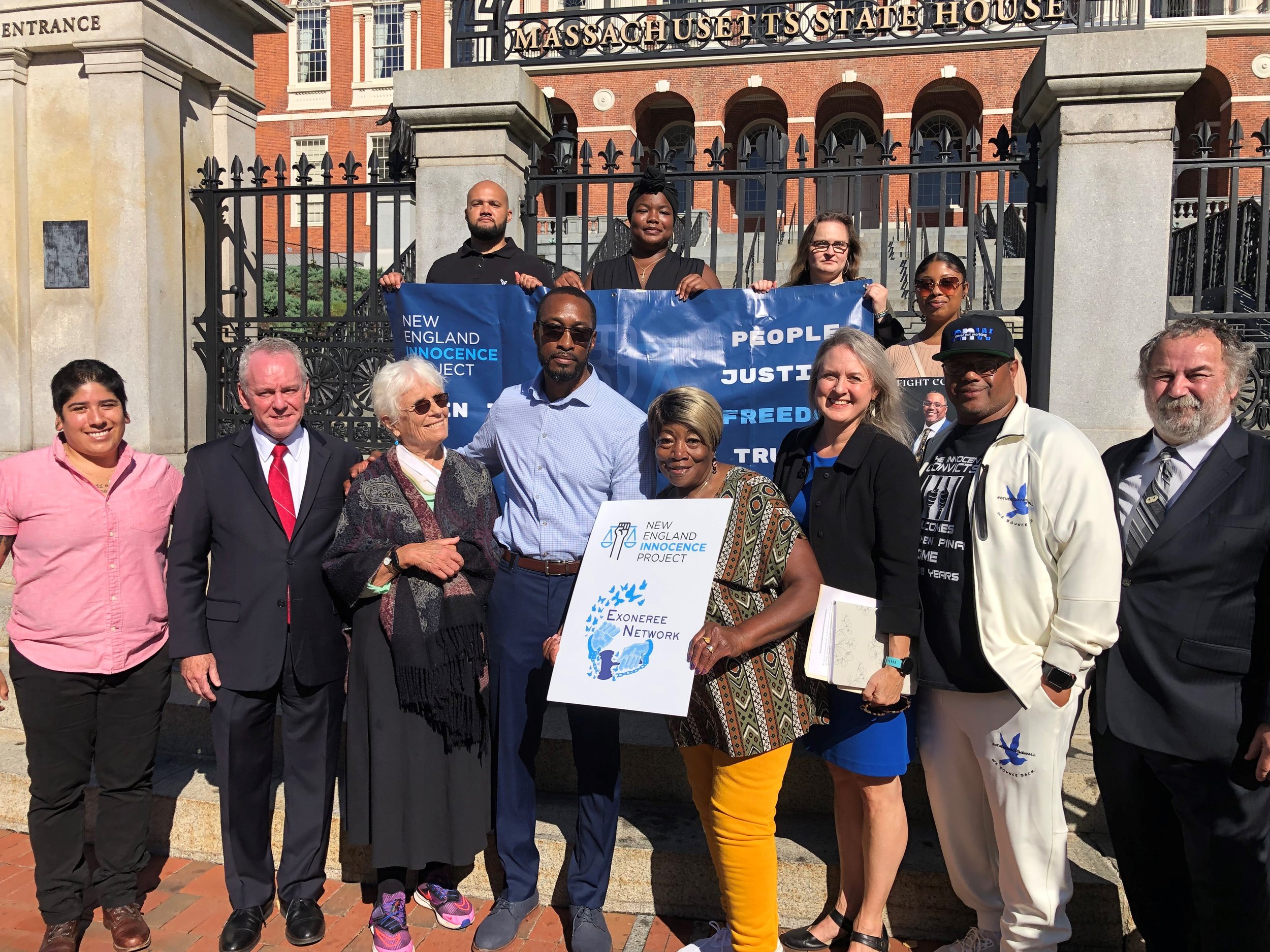
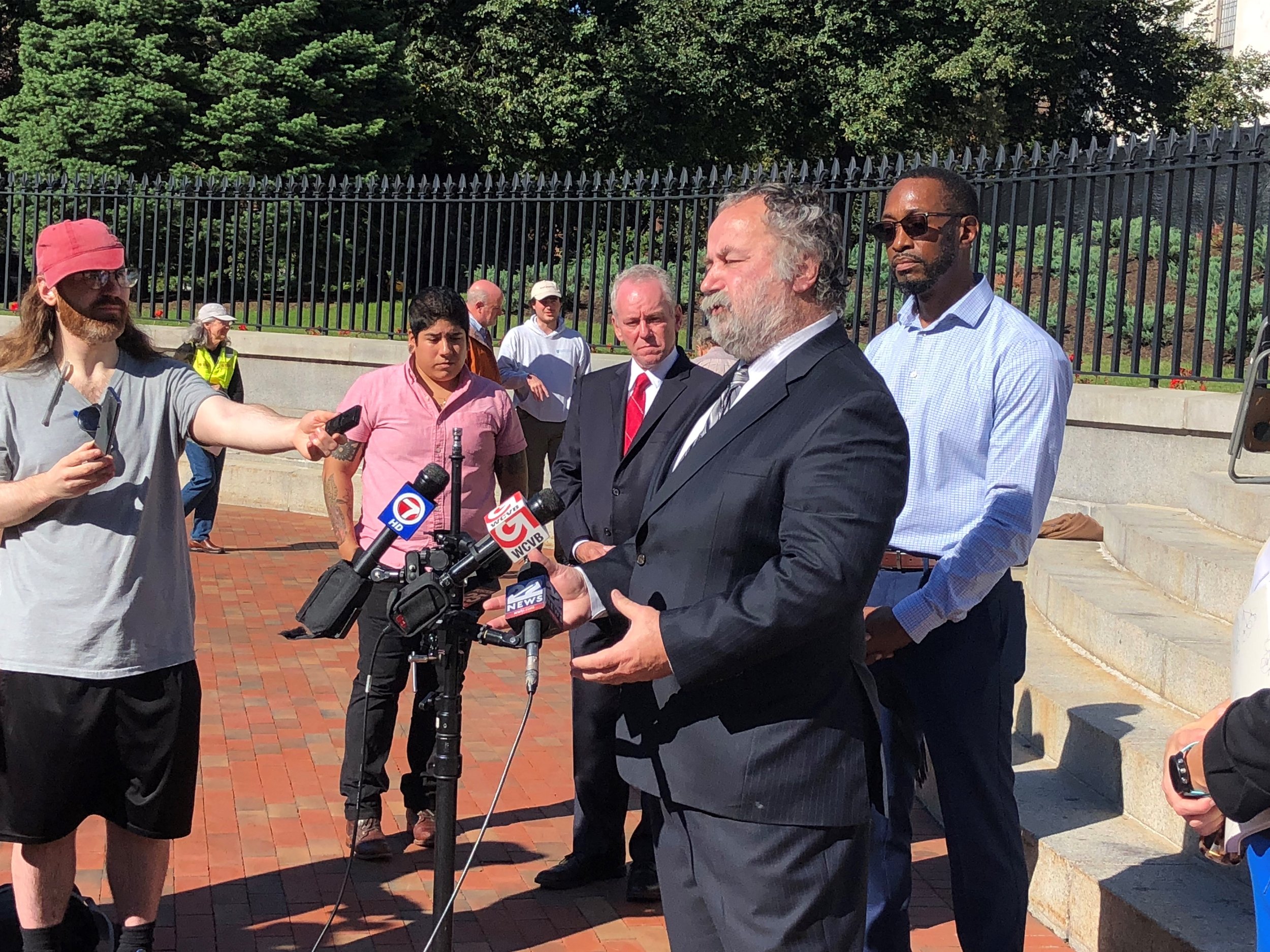
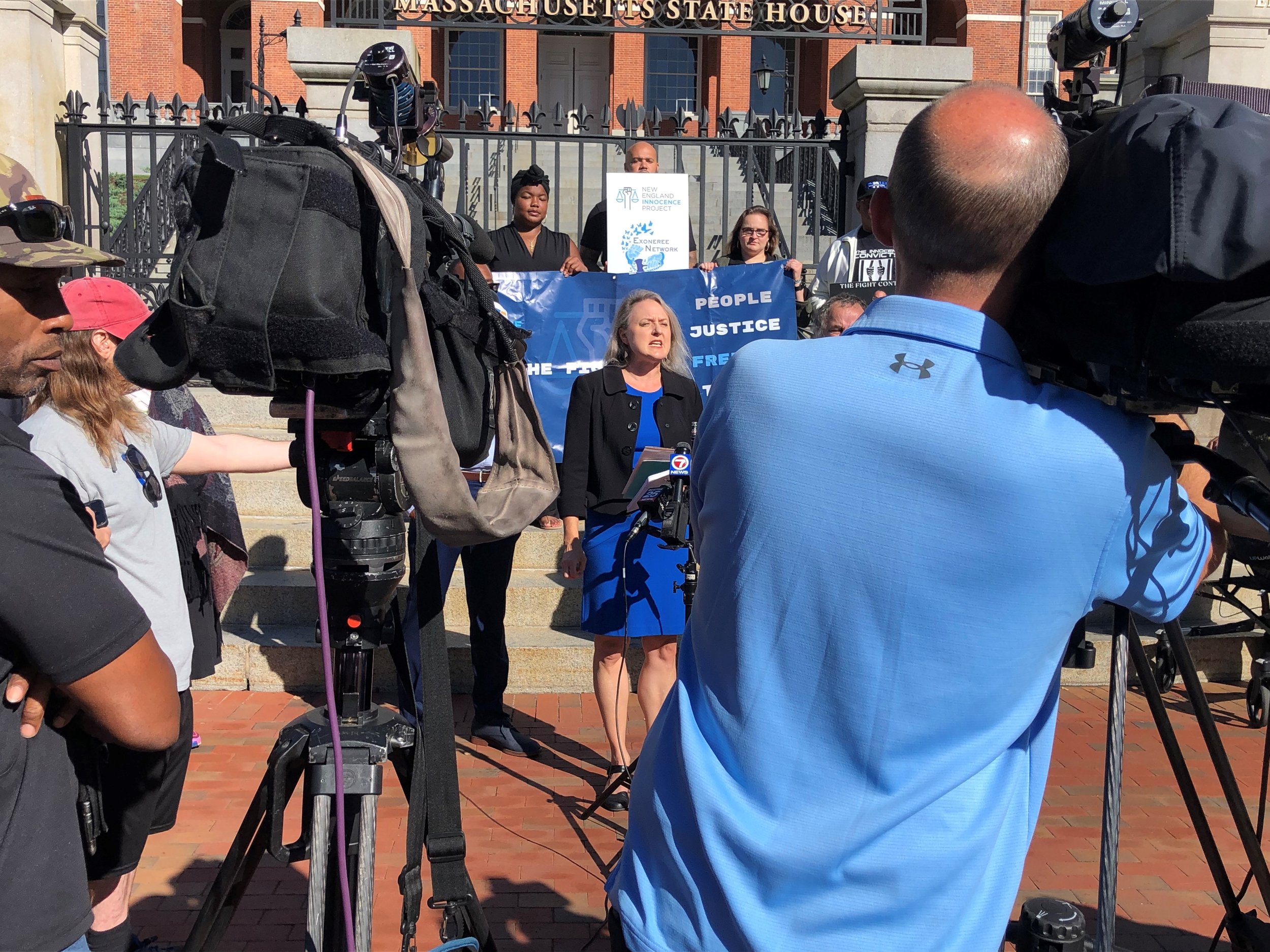
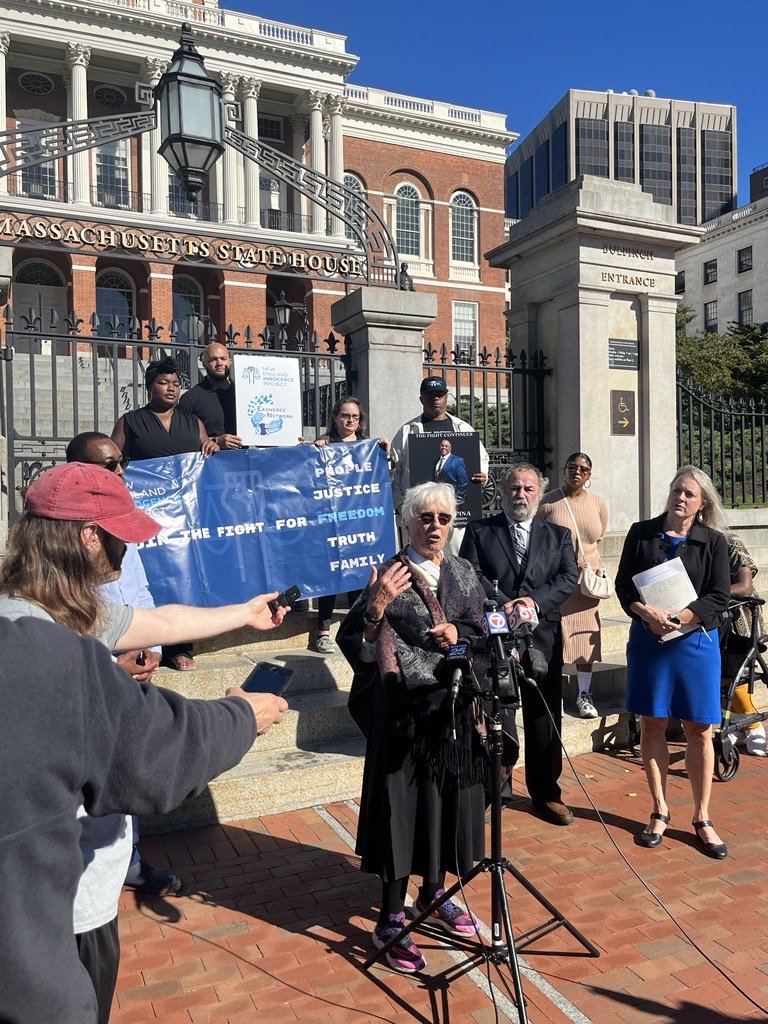
View the media coverage:
On Wrongful Conviction Day, exonerees push Massachusetts lawmakers to act (WCVB, Mike Beaudet)
On October 2, International Wrongful Conviction Day, people freed and exonerated after a wrongful conviction gathered at the Massachusetts State House to advocate for S. 1101 (sponsored by Senator Pat Jehlen), H. 1752 (sponsored by Rep. Jeffrey N. Roy), and H. 1820 (sponsored by Rep. Christopher J. Worrell), bills to reform the Commonwealth’s inadequate laws addressing compensation for those who have suffered the trauma of wrongful imprisonment and long-term incarceration.
Wrongful Conviction Day is a day to raise awareness of the causes and remedies of wrongful convictions and to recognize the tremendous personal, social, and emotional costs of wrongful convictions for innocent people and their families. The event was organized by the Exoneree Network, a peer-led initiative funded by the New England Innocence Project.
Speaking at a press conference on the State House steps, Sean Ellis, director of the Exoneree Network said, “These bills are so important. When I came home eight and a half years ago, I had nothing. If it weren’t for the kindness of family and friends, I wouldn’t have had a place to sleep or food to eat. Many people don’t even have that – let alone supportive services, job training, education, and the guidance you need to re-enter the outside world in a healthy and successful way.” Ellis spent 22 years in prison for a crime he did not commit.
"Once people hear the stories of innocent people who spent decades in prison and had to fight for months or even years to get some compensation, they become advocates for paying this great moral debt," said Senator Jehlen. "Sean Ellis, Denis Maher and other exonerees organized this day for exonerees to talk to their own legislators. People who have been wrongfully convicted and imprisoned come out with no job, no resume, no housing, no driver’s license, no credit history, no knowledge even of cell phones or other technology. They need immediate help to get on their feet and more adequate compensation for the loss of many years of their lives."
Lisa Kavanaugh, director of the CPCS Innocence Program said, “What many people don’t understand is that when someone is freed and after a wrongful conviction – that moment so often captured with a triumphant photograph outside the courthouse doors – they are not automatically entitled to anything from the state. These bills make important strides to address that harsh reality”
"The conversation around wrongful convictions has yet to be a priority of the national criminal justice agenda. It is time we begin to protect our exonerated constituents by solidifying the crucial transition services that the state owes them," said Representative Chris Worrell. "Passing House Bill H.1820 would lift the cap on compensation, standardize transitional assistance funding payments, and would bring some semblance of justice to falsely convicted people."
“I can’t think of a more difficult undertaking than being forced to sit in jail as a wrongfully convicted person. It’s not only unjust, but it robs the person of every fundamental of the freedoms guaranteed to us under our laws and constitution,” said State Representative Jeff Roy (D-Franklin). “H.1752 attempts to right the injustice by providing exonerees with up to $20,000 to meet post incarceration needs such as housing, health care, obtaining personal identification, transportation, electronics such as cell phones, skills training for employment and other post- exoneration needs. It removes barriers that contribute to delay, changes the standard of evidence proof, and lifts the cap on compensation allowing the court or jury to take such factors as loss of income during incarceration, the length and condition of incarceration and any other factors the court deems appropriate into consideration. It seeks to redress the wrong suffered and does so in a way that is tailored to the circumstances of each individual who was wrongfully convicted.”
Among other reforms, these bills propose to:
Remove the current cap on compensation to allow for significant periods of incarceration;
Provide immediate $5,000 assistance upon release;
Clarify that state services can be provided on top of financial compensation; and
Provide compensation for people who can prove their innocence, even if their convictions were vacated on other grounds.
Hearings on the bills were heard by the joint Judiciary Committee in May of this year. Exonerees visited legislators, including committee chairs and their staffs, to push for the bills to be favorably reported out.
The Massachusetts Bar Association also expressed support for the legislation. Damian Turco, the Association’s President, said, "The Commonwealth's obligation to rectify the miscarriage of justice experienced by someone who was wrongly incarcerated should not end with the individual's exoneration. But our current laws provide too little compensation and support once individuals are released. The proposed legislation, which we strongly endorse, removes obstacles and increases the financial assistance and access to state services necessary to make wrongfully convicted individuals whole after unjustly losing years of their lives in prison."





